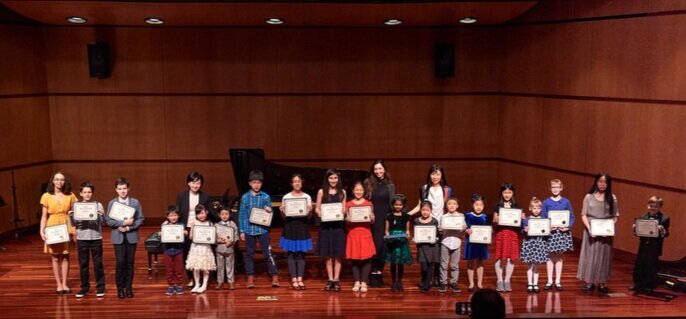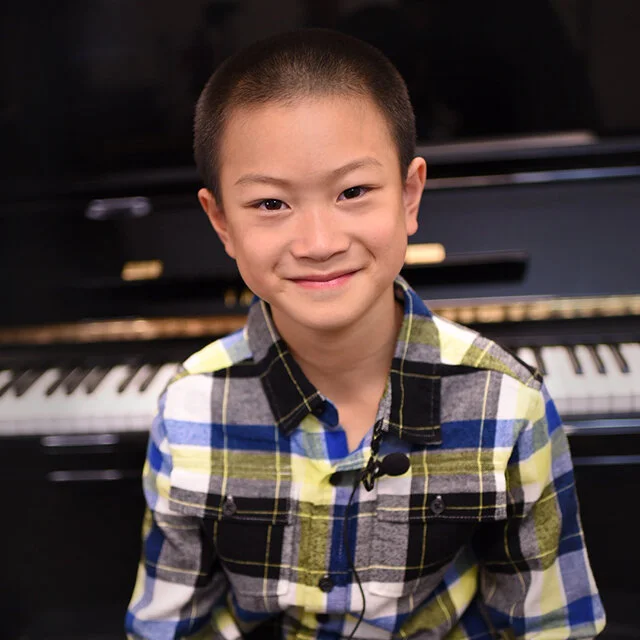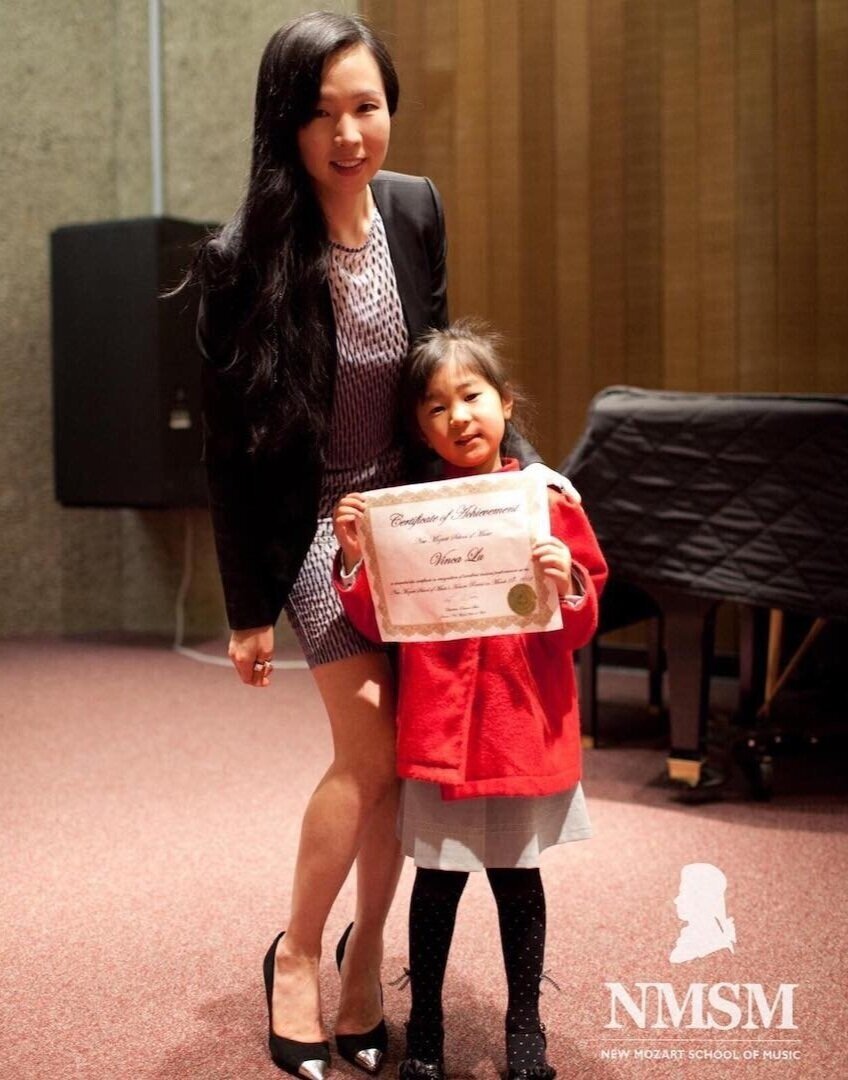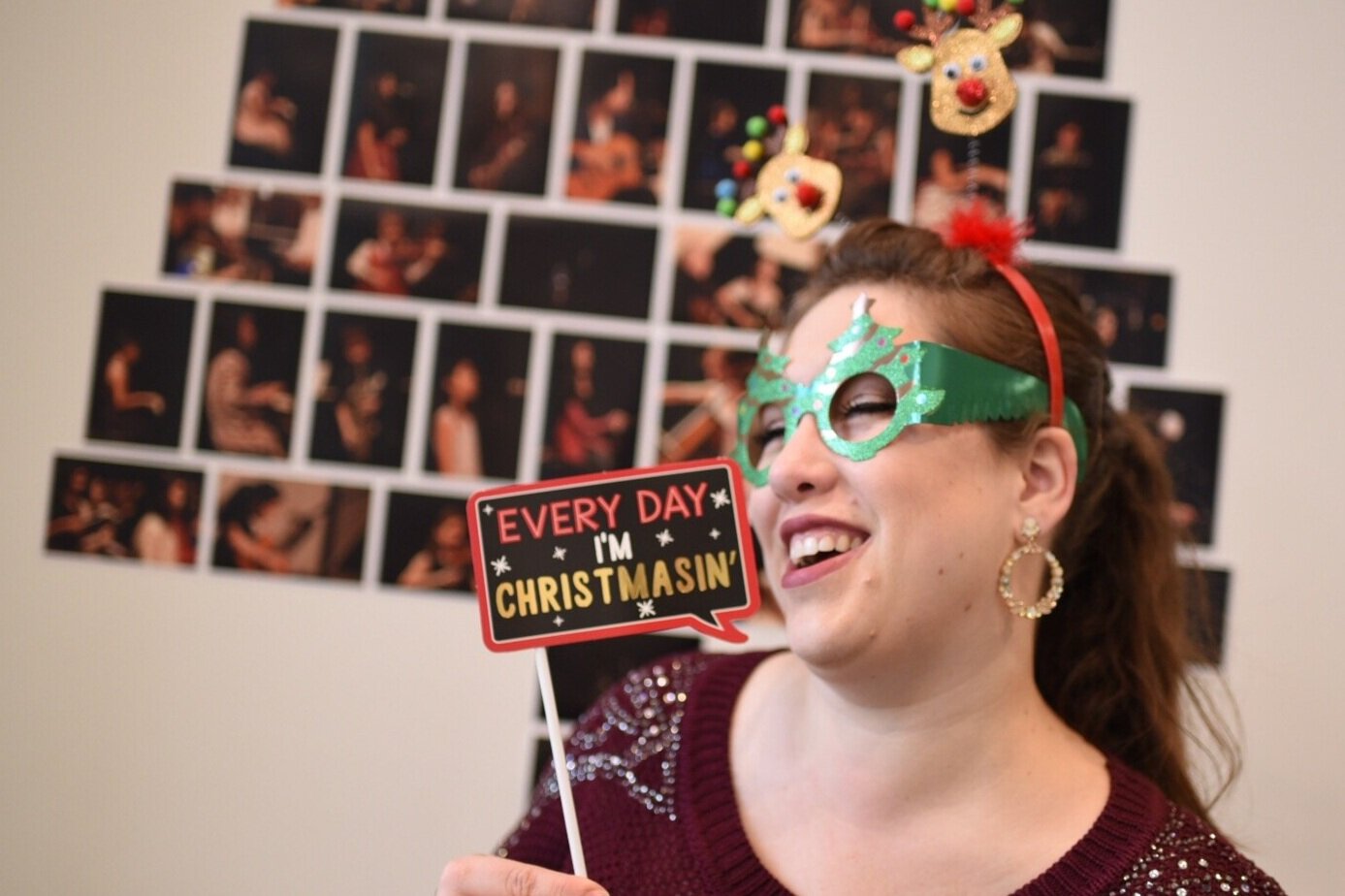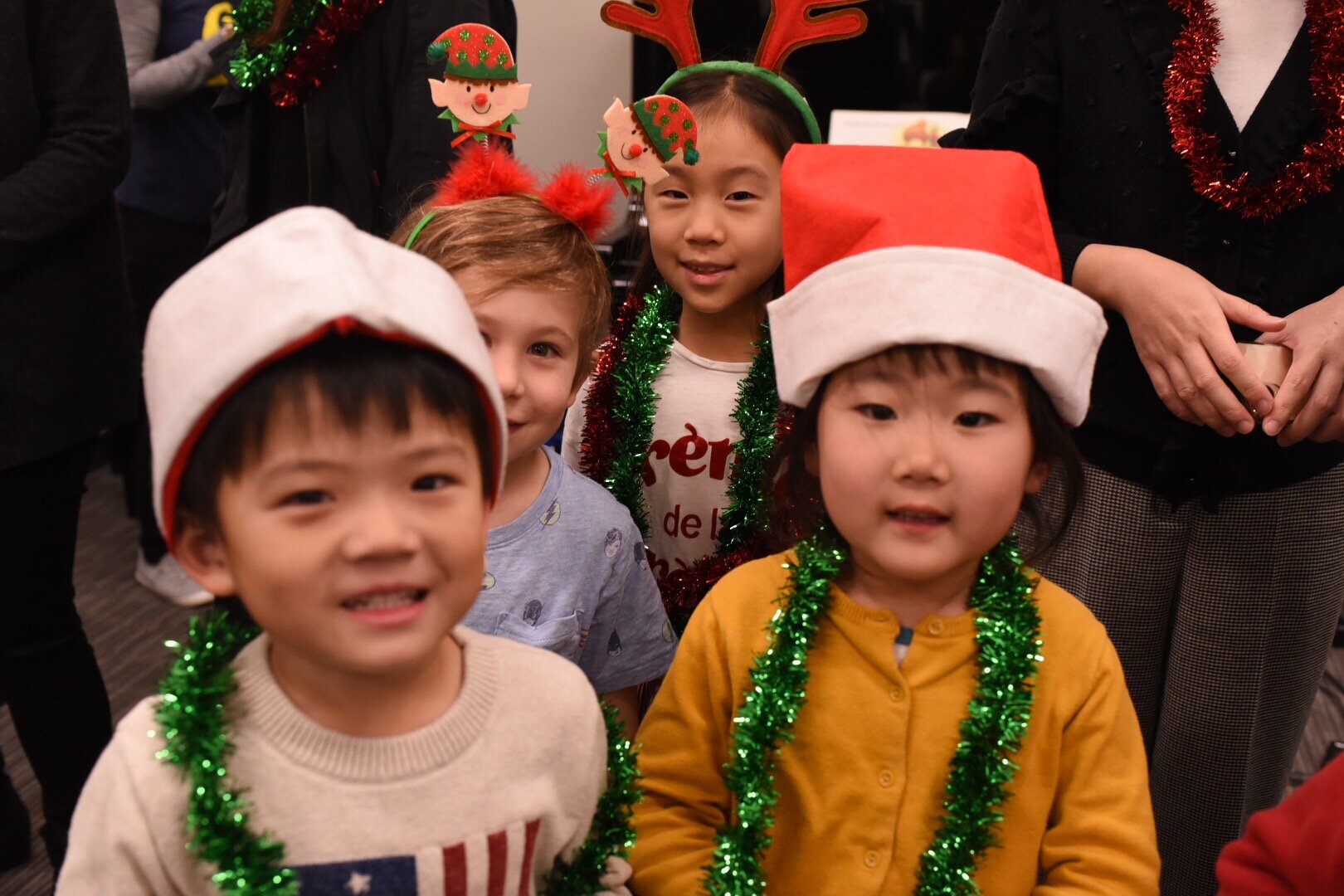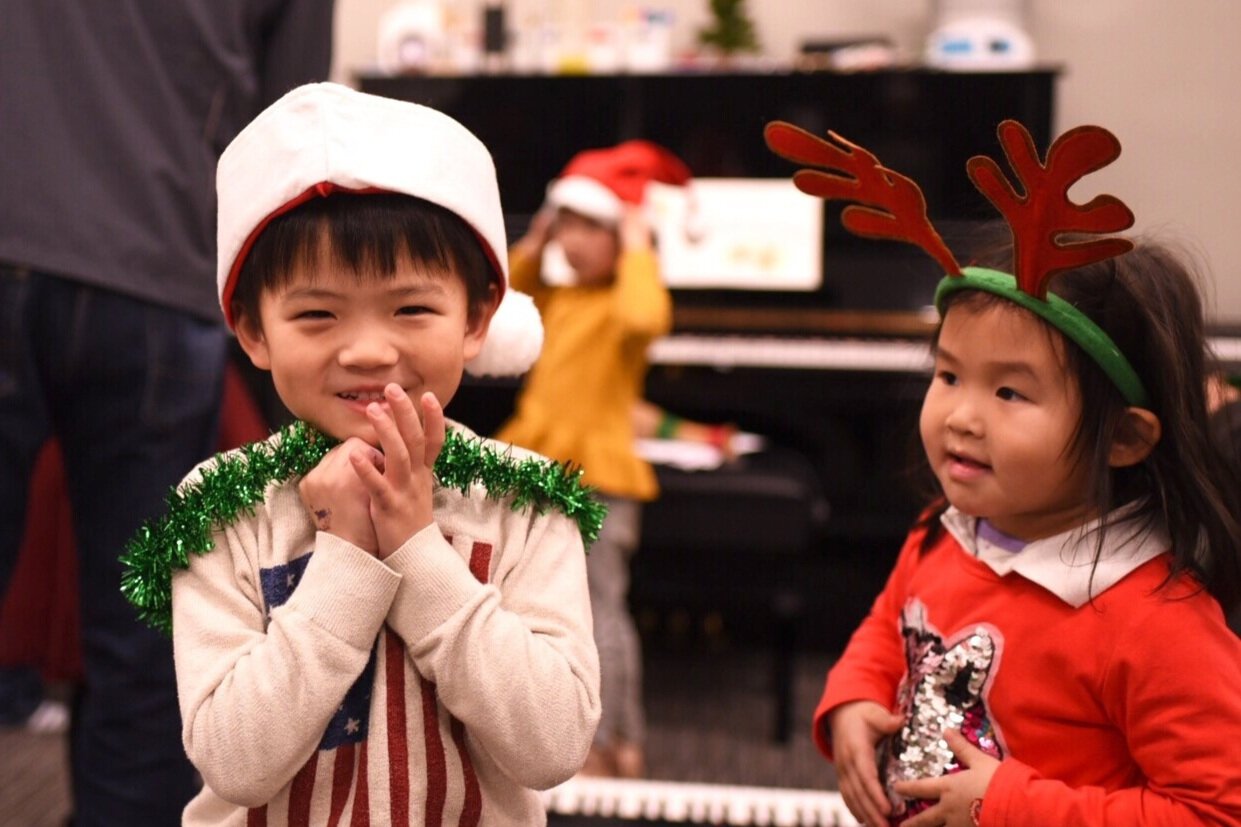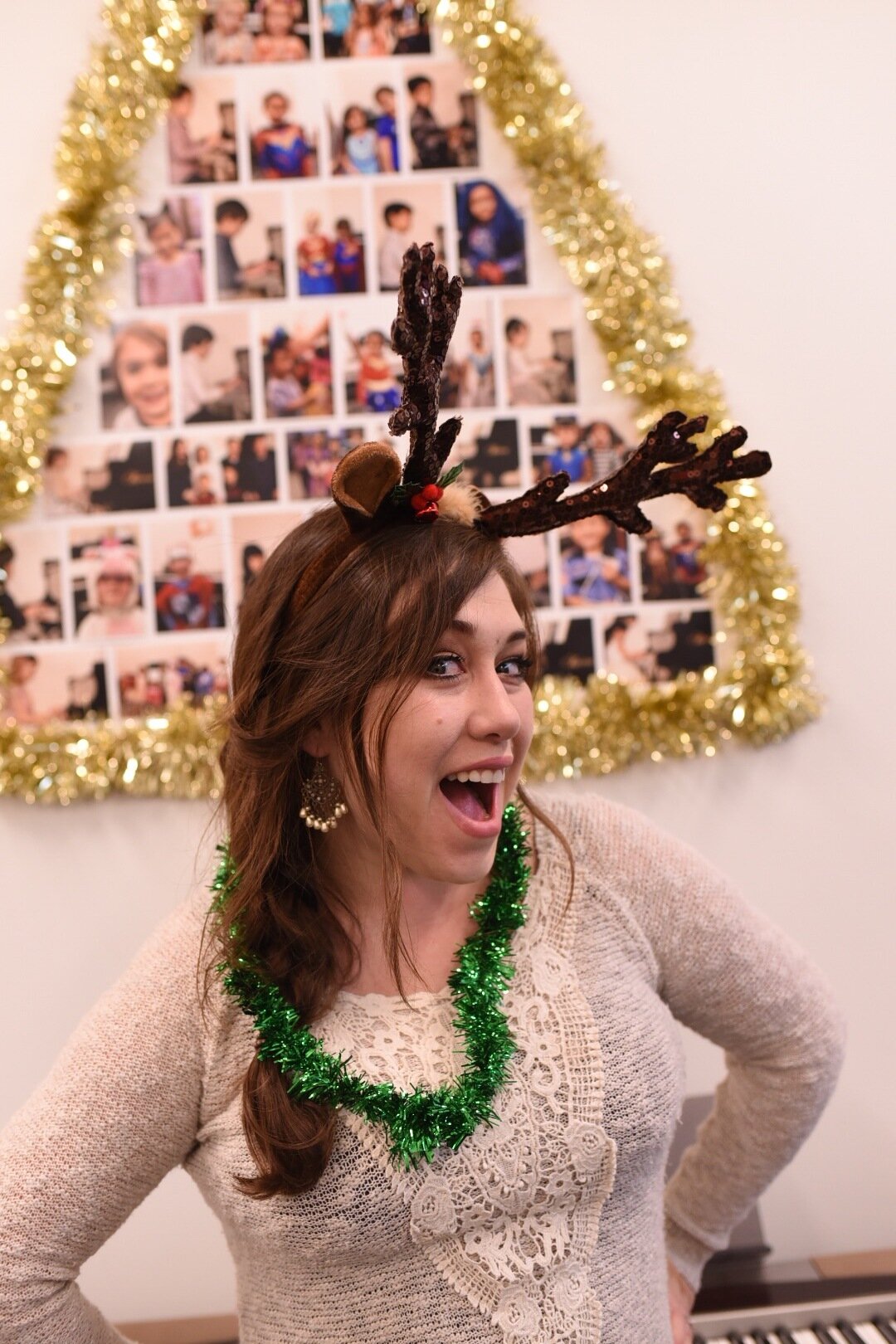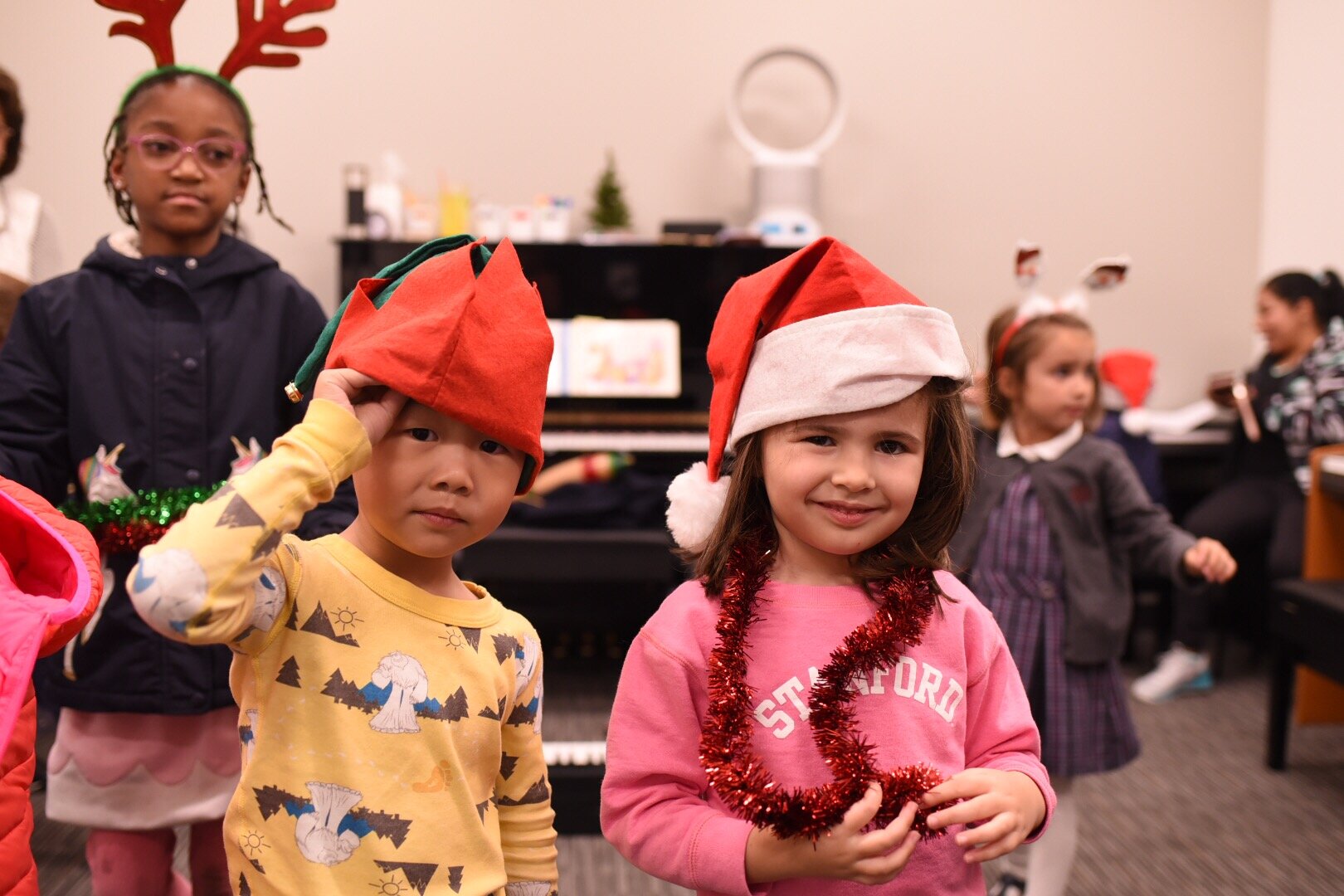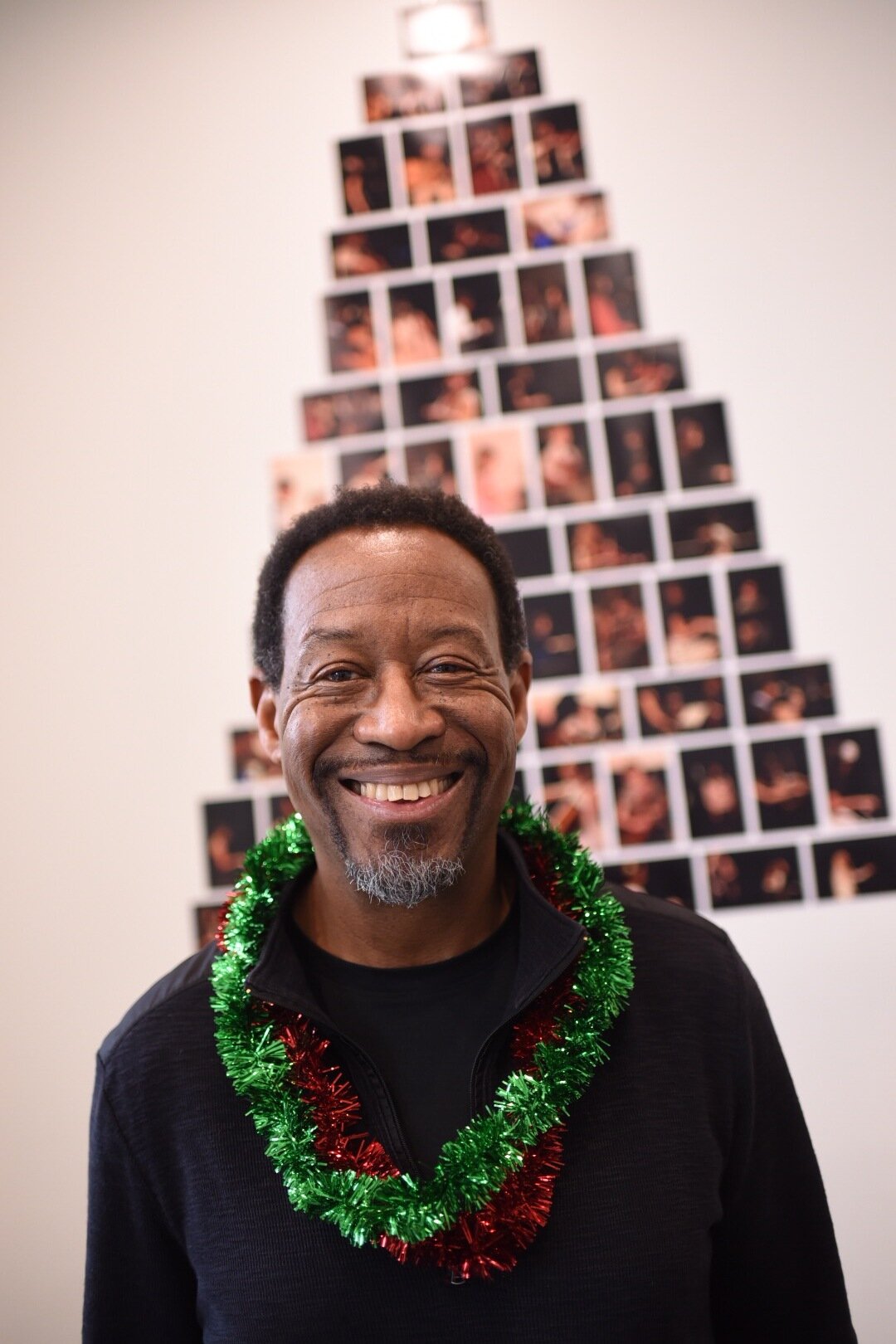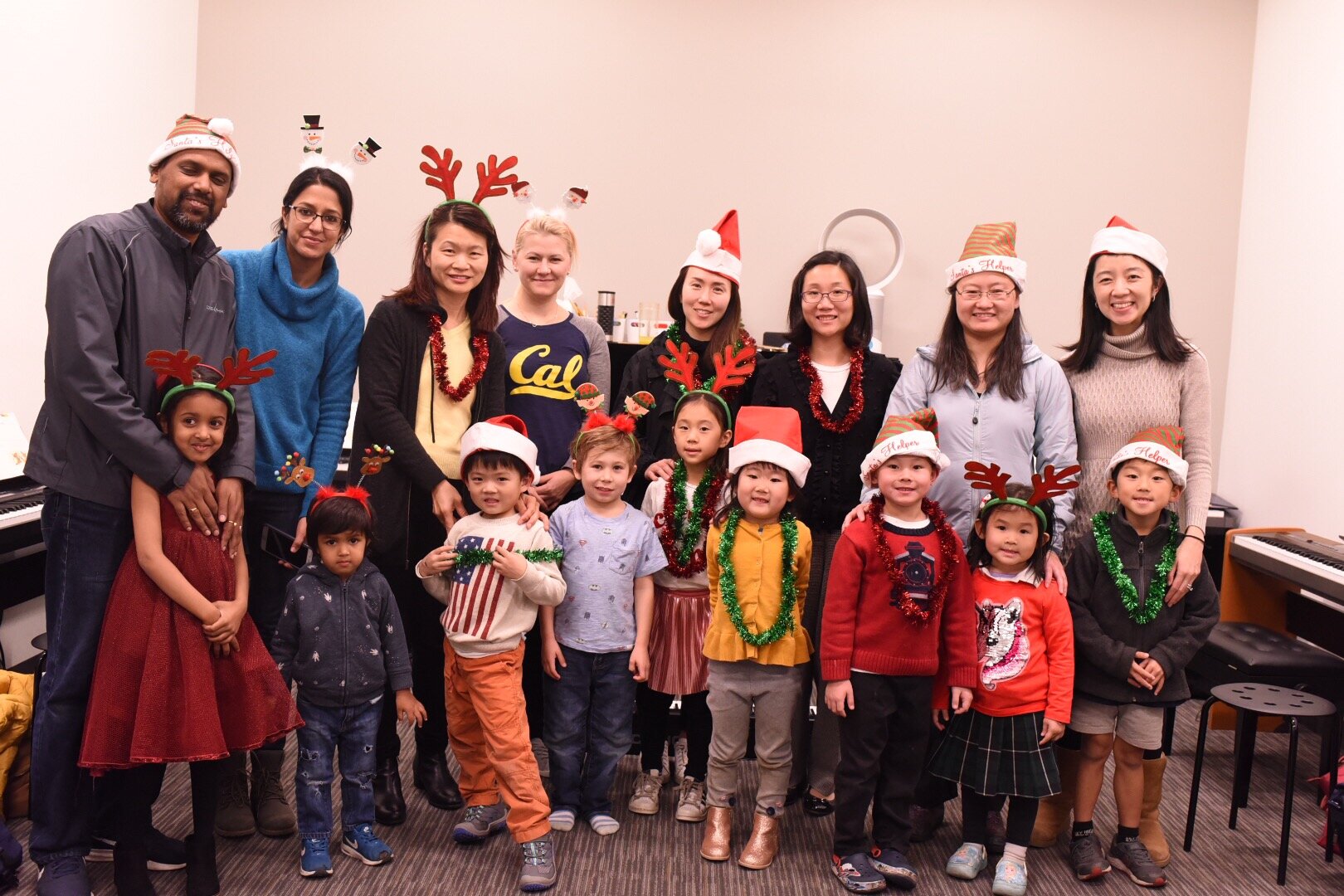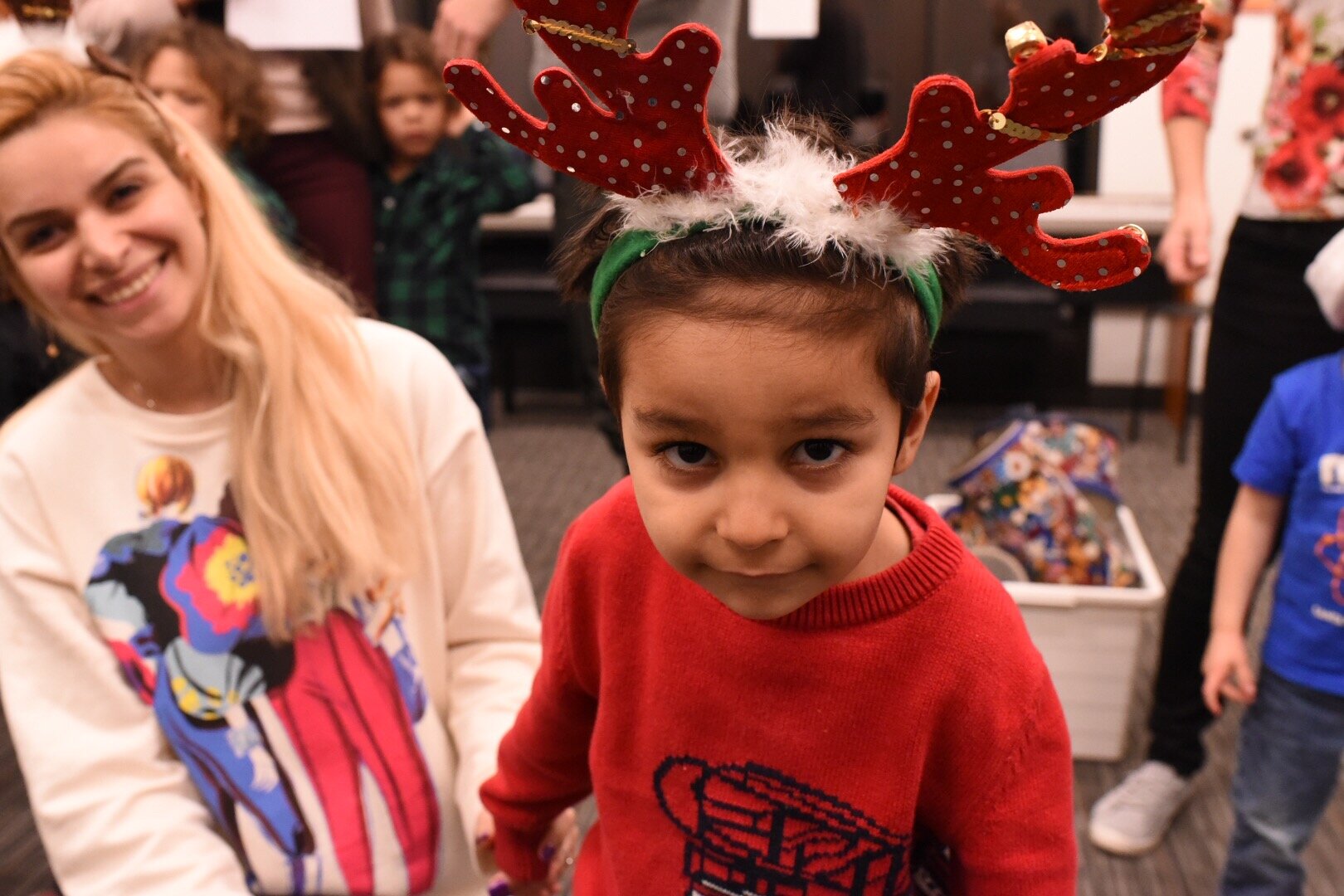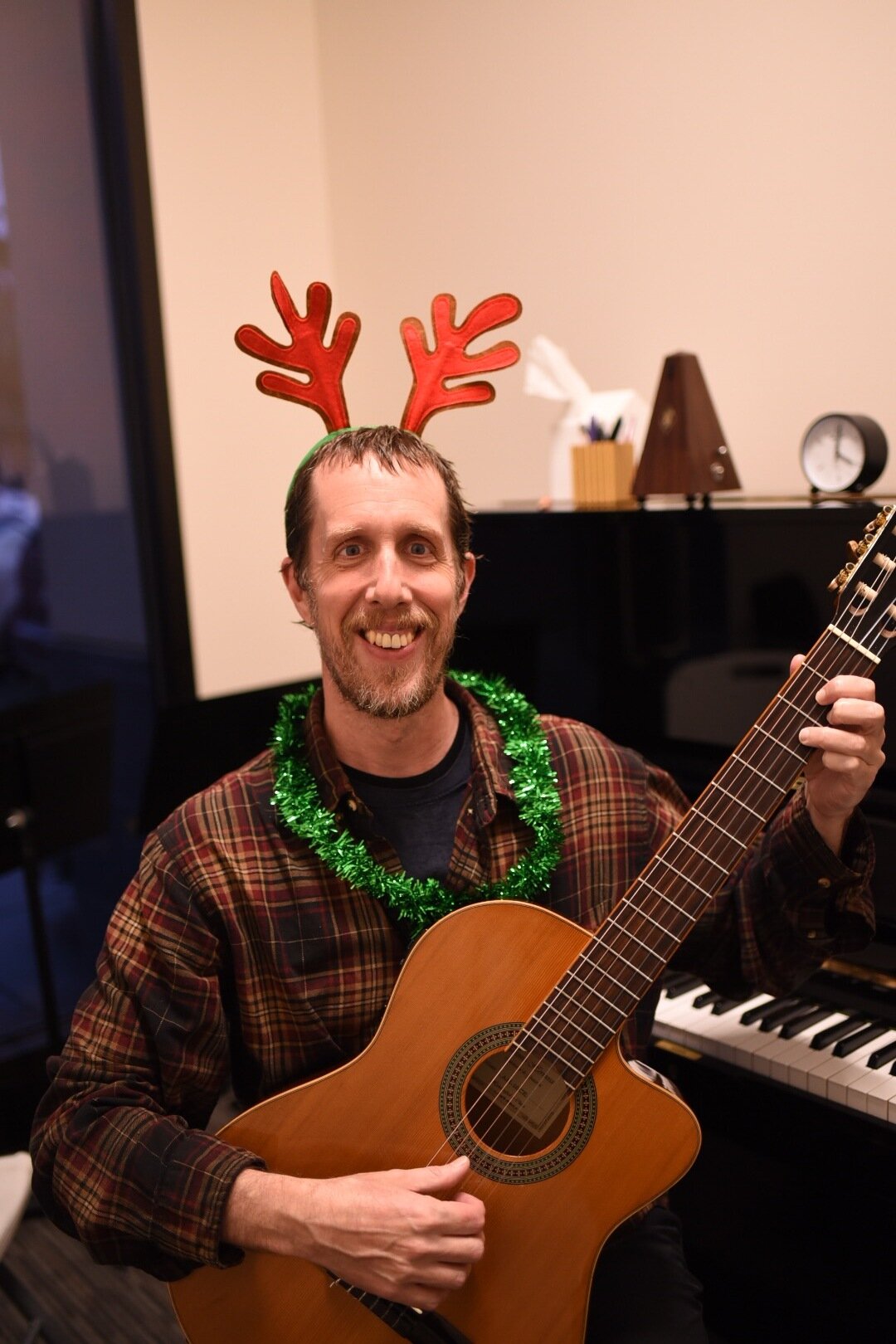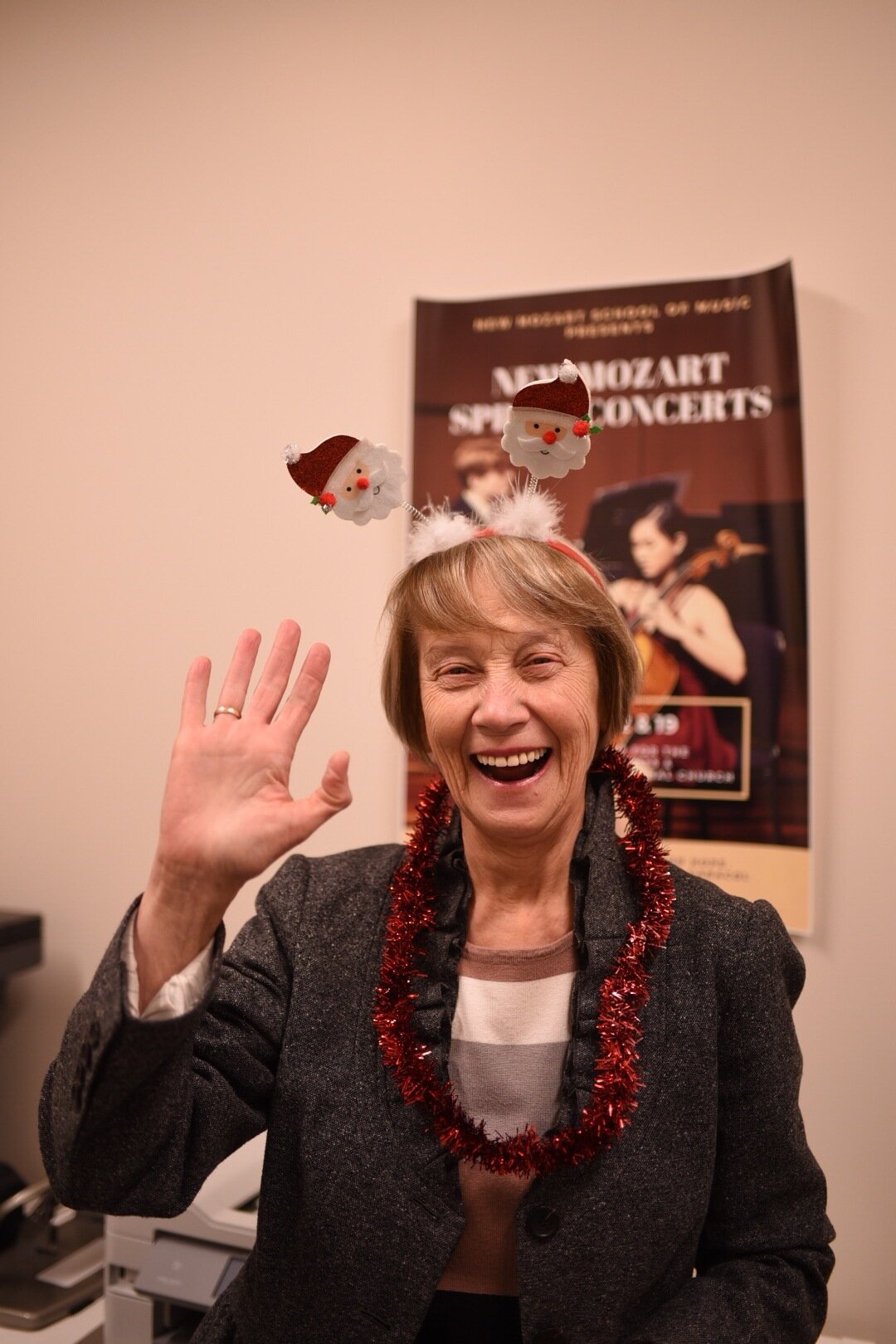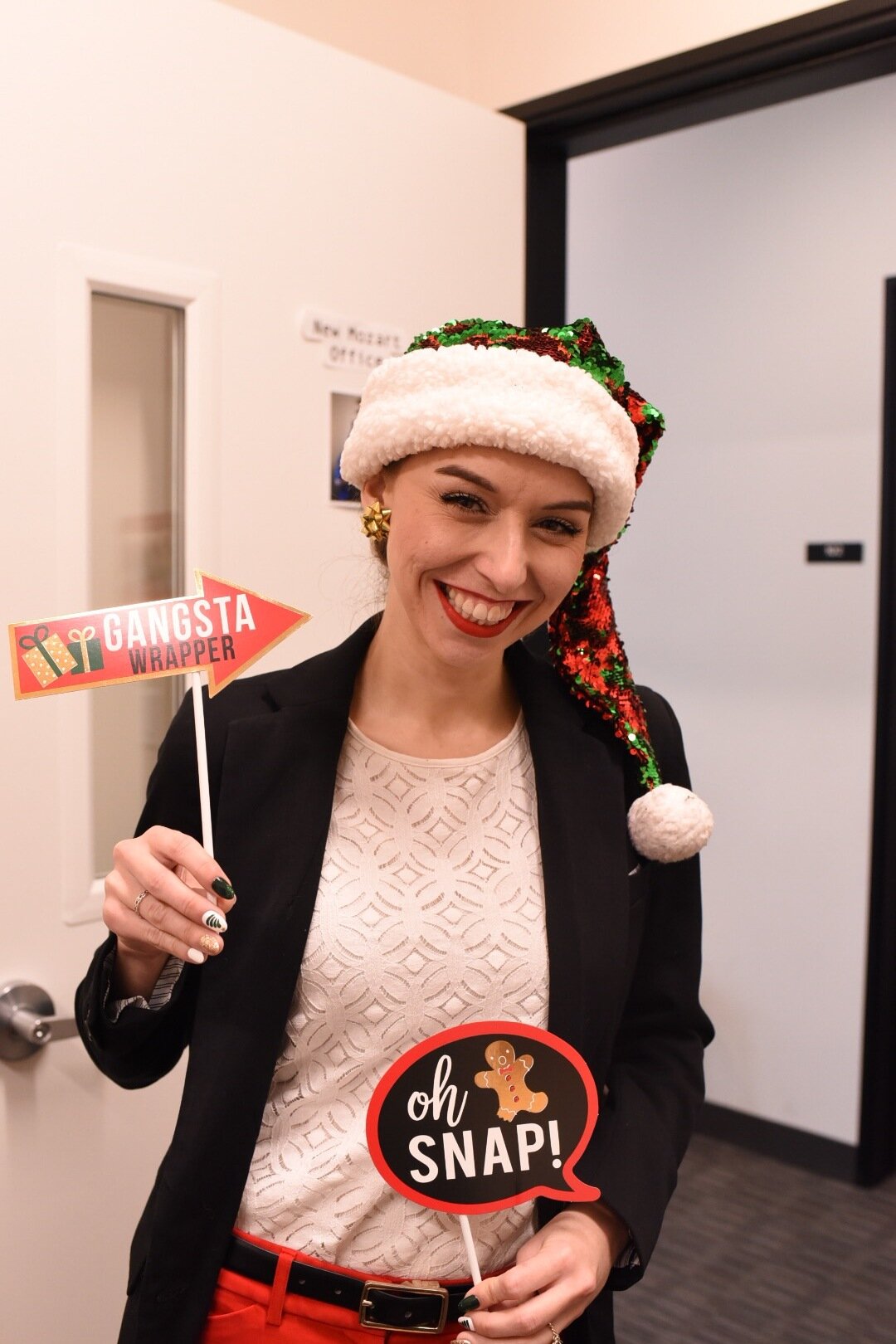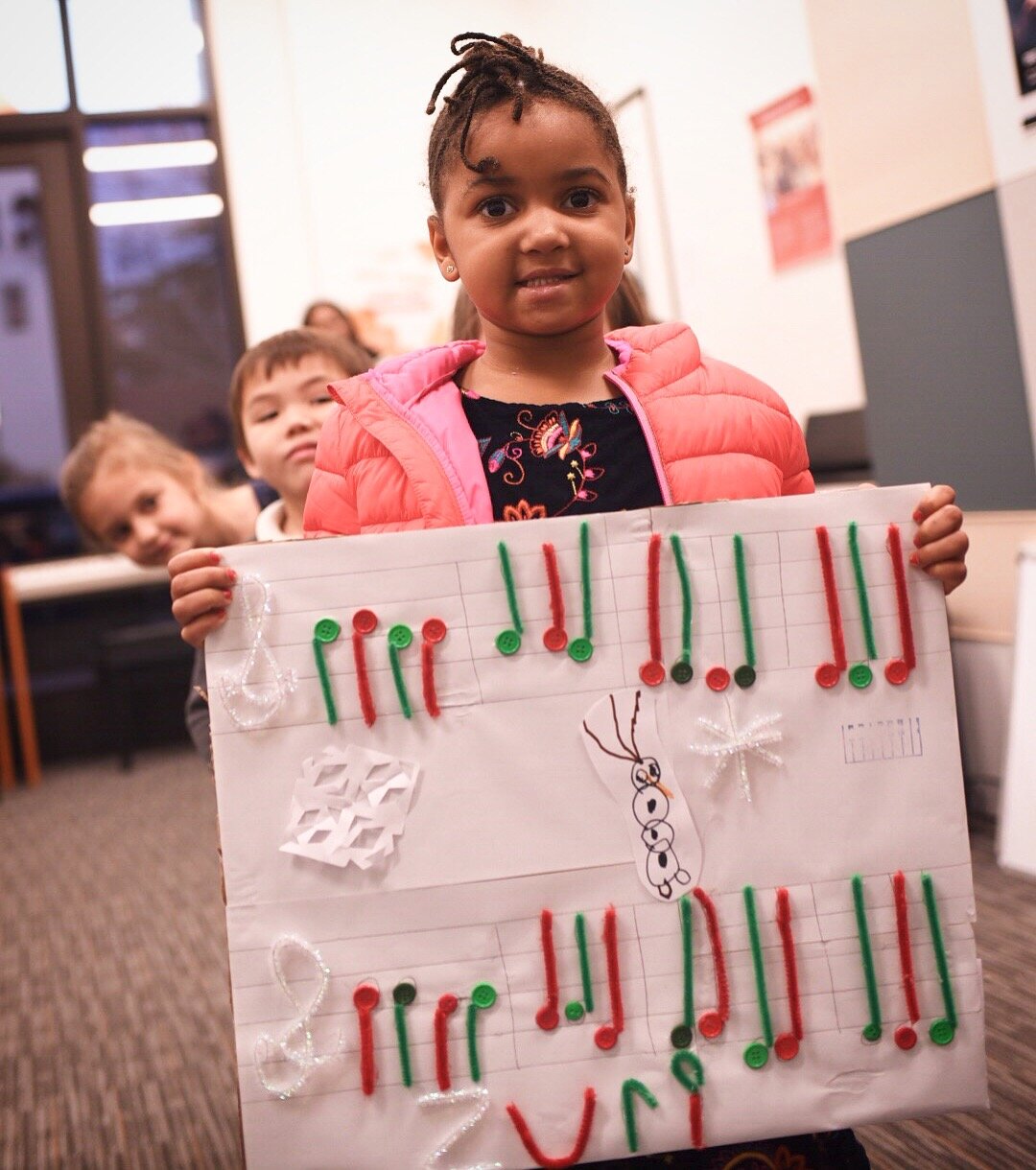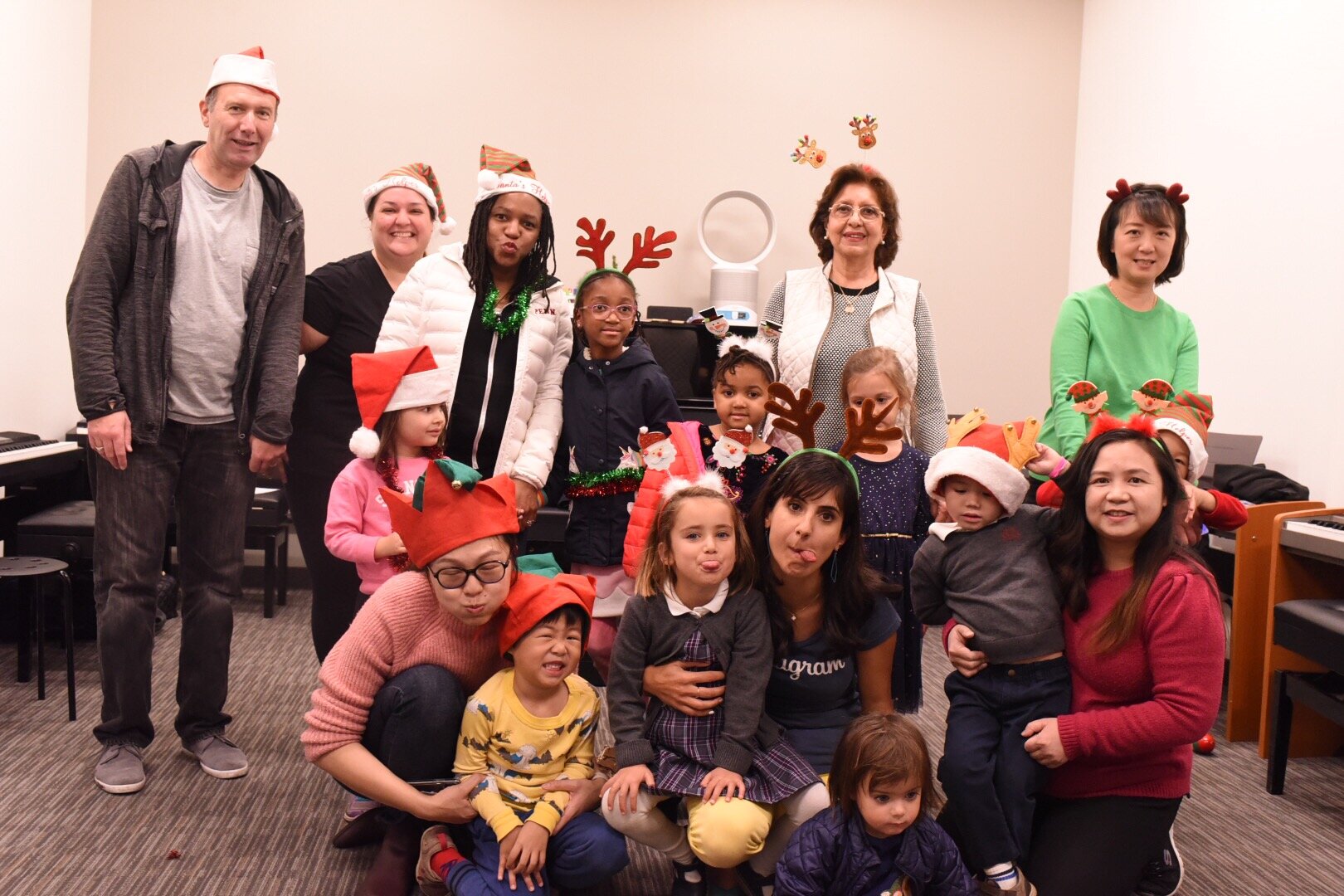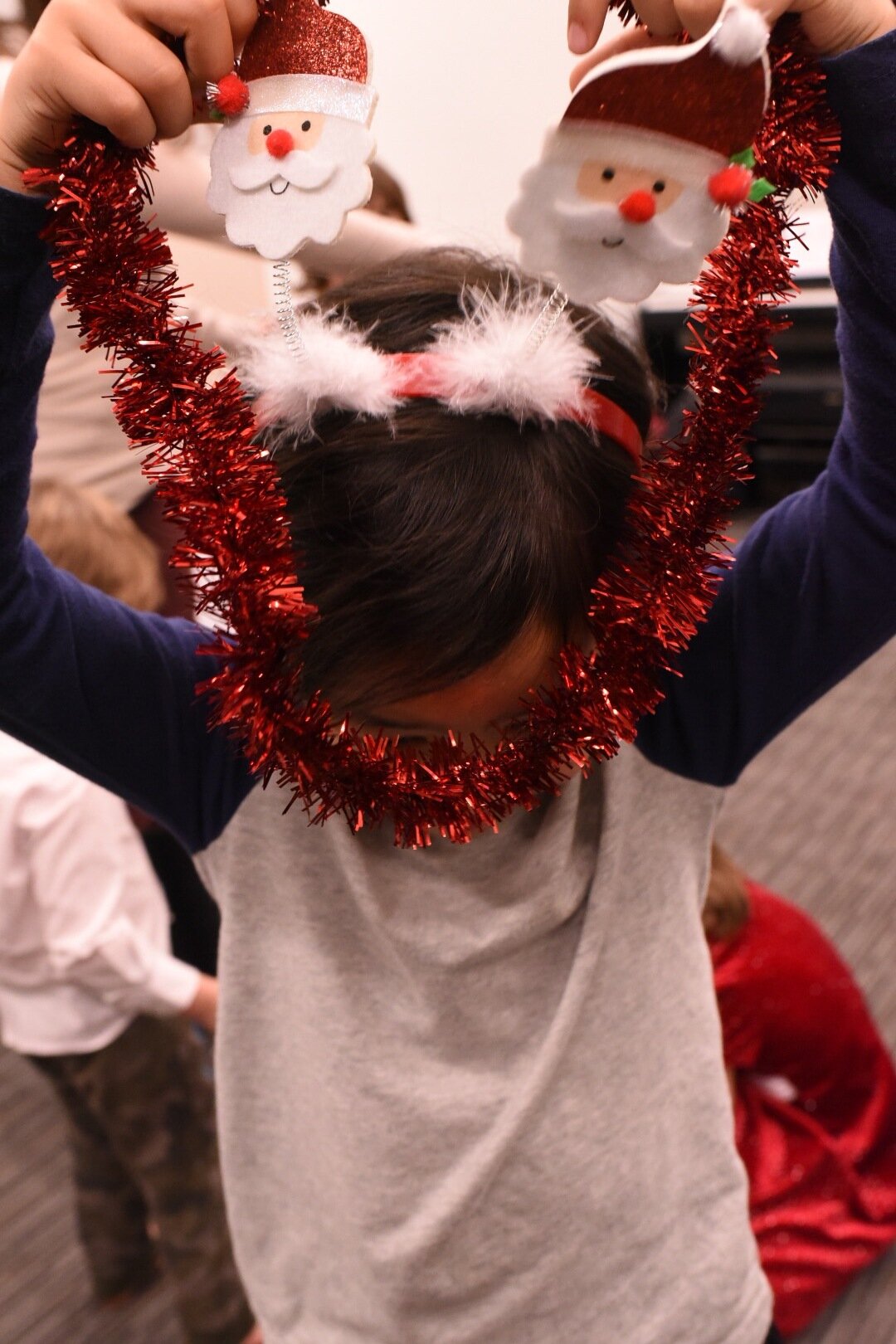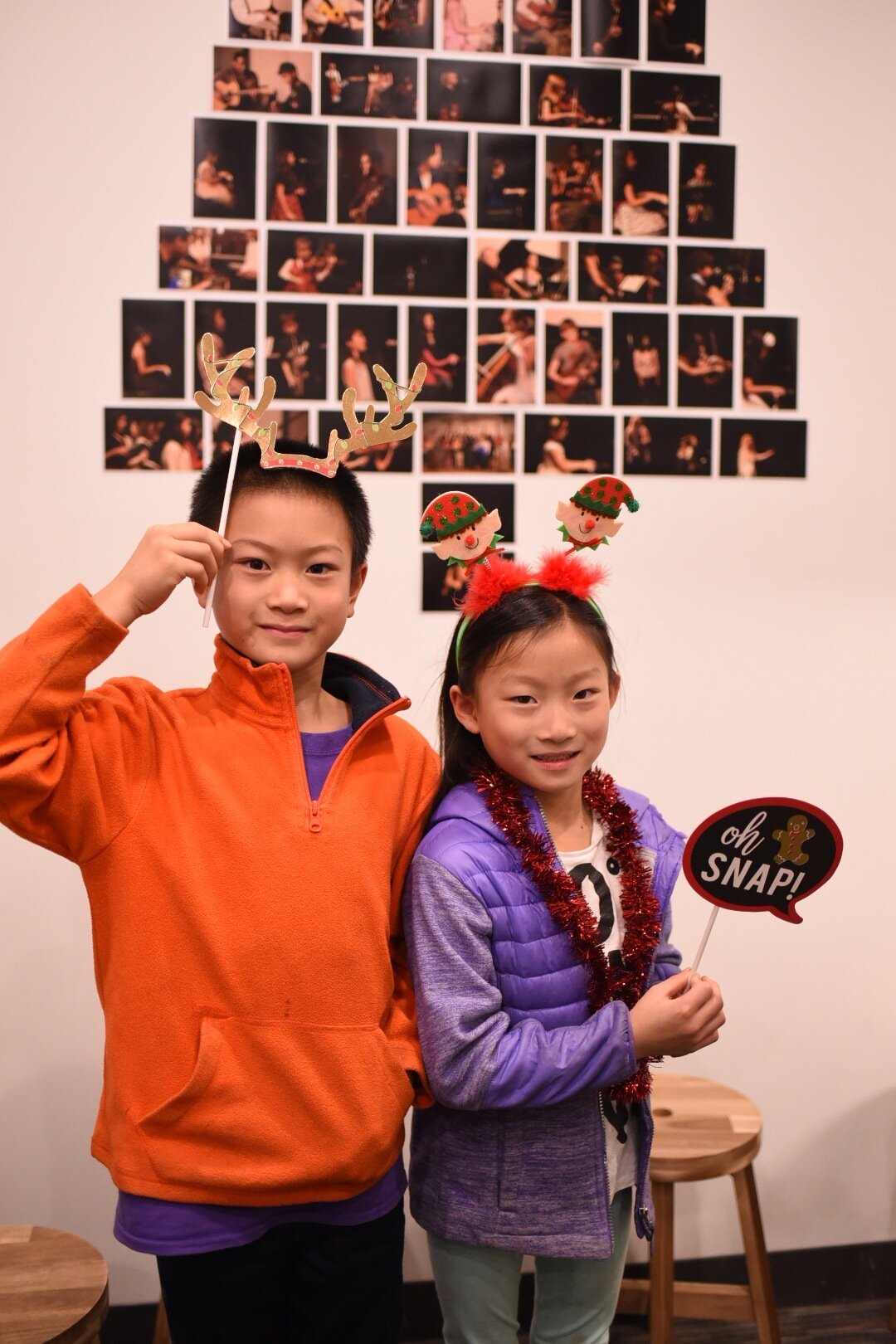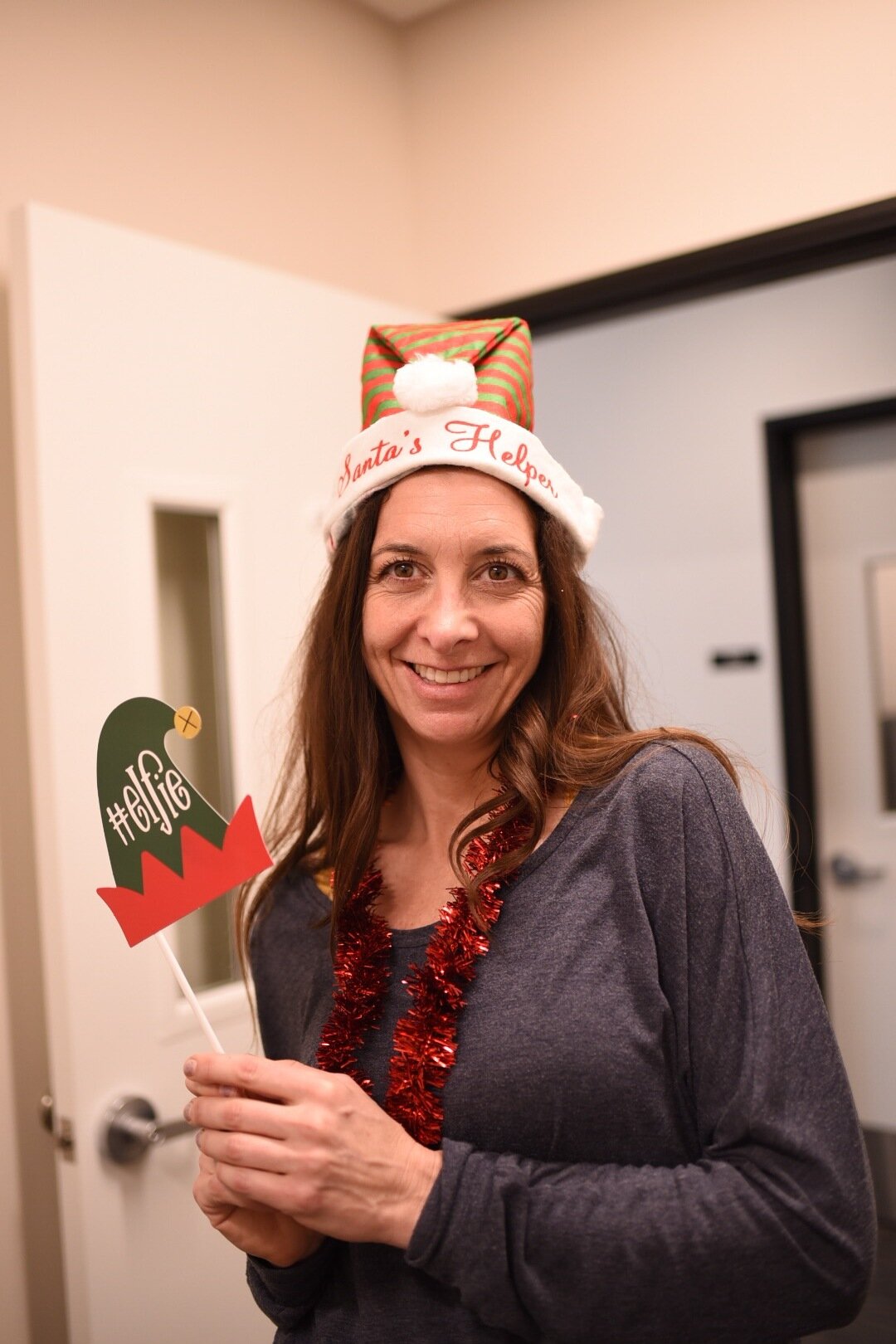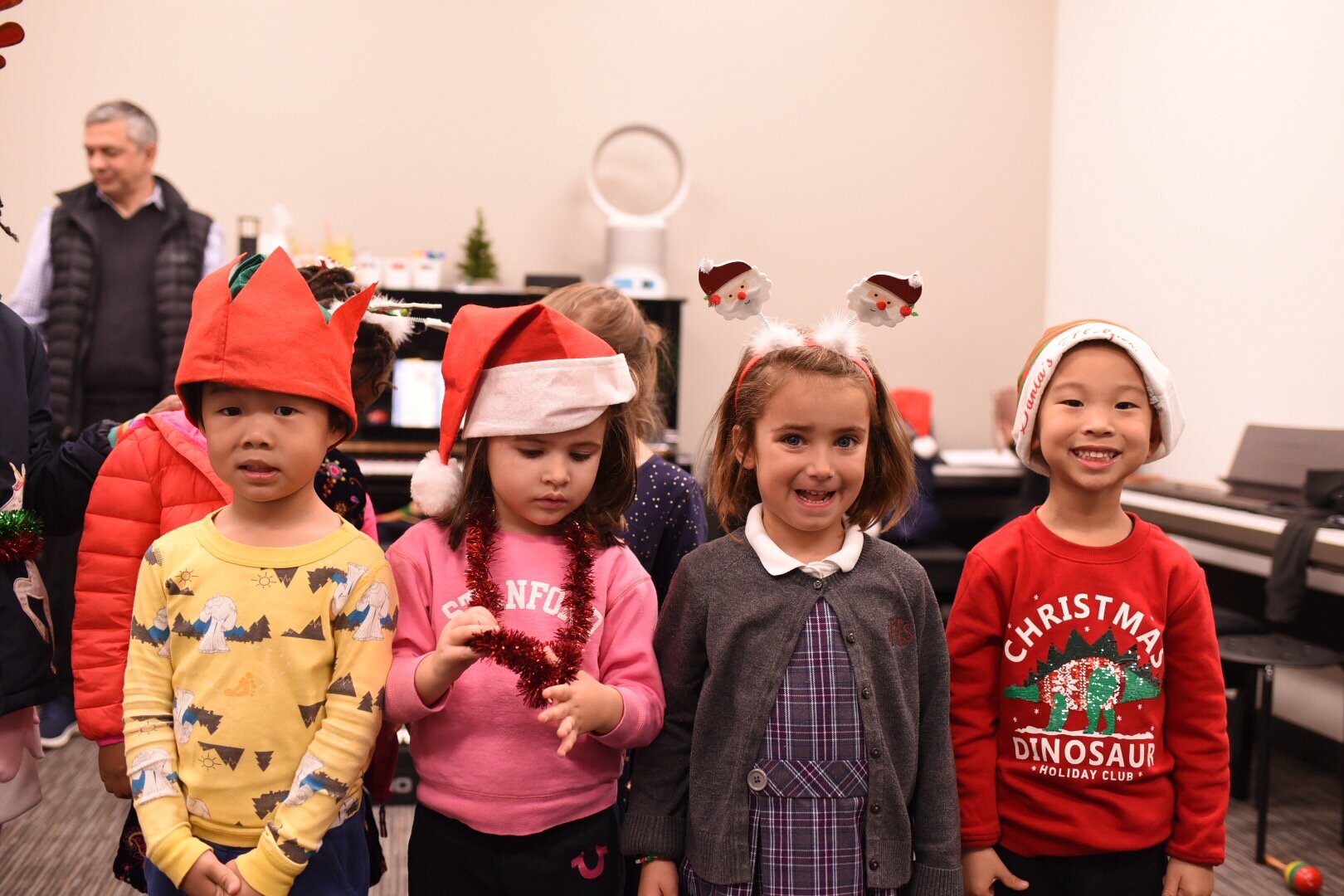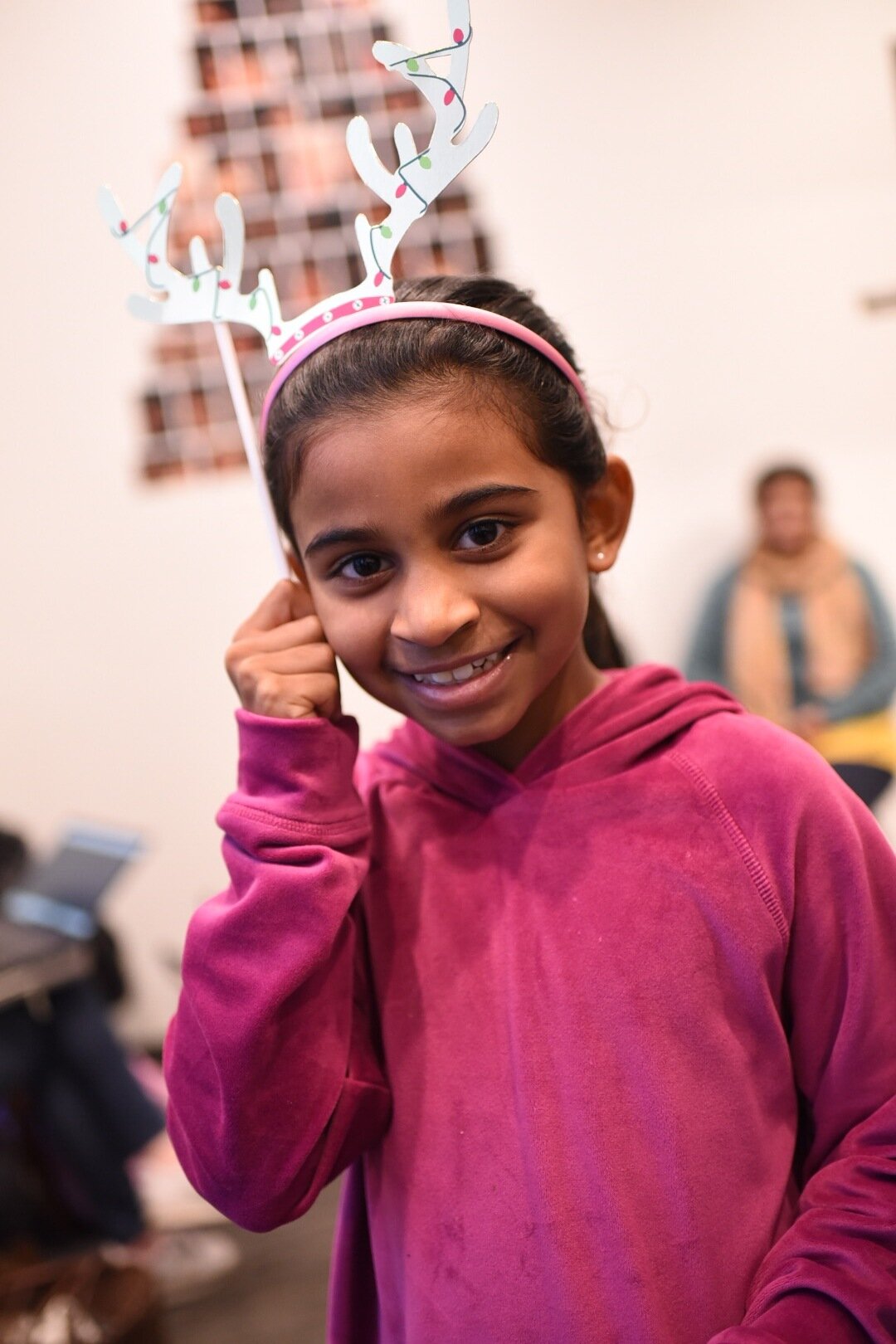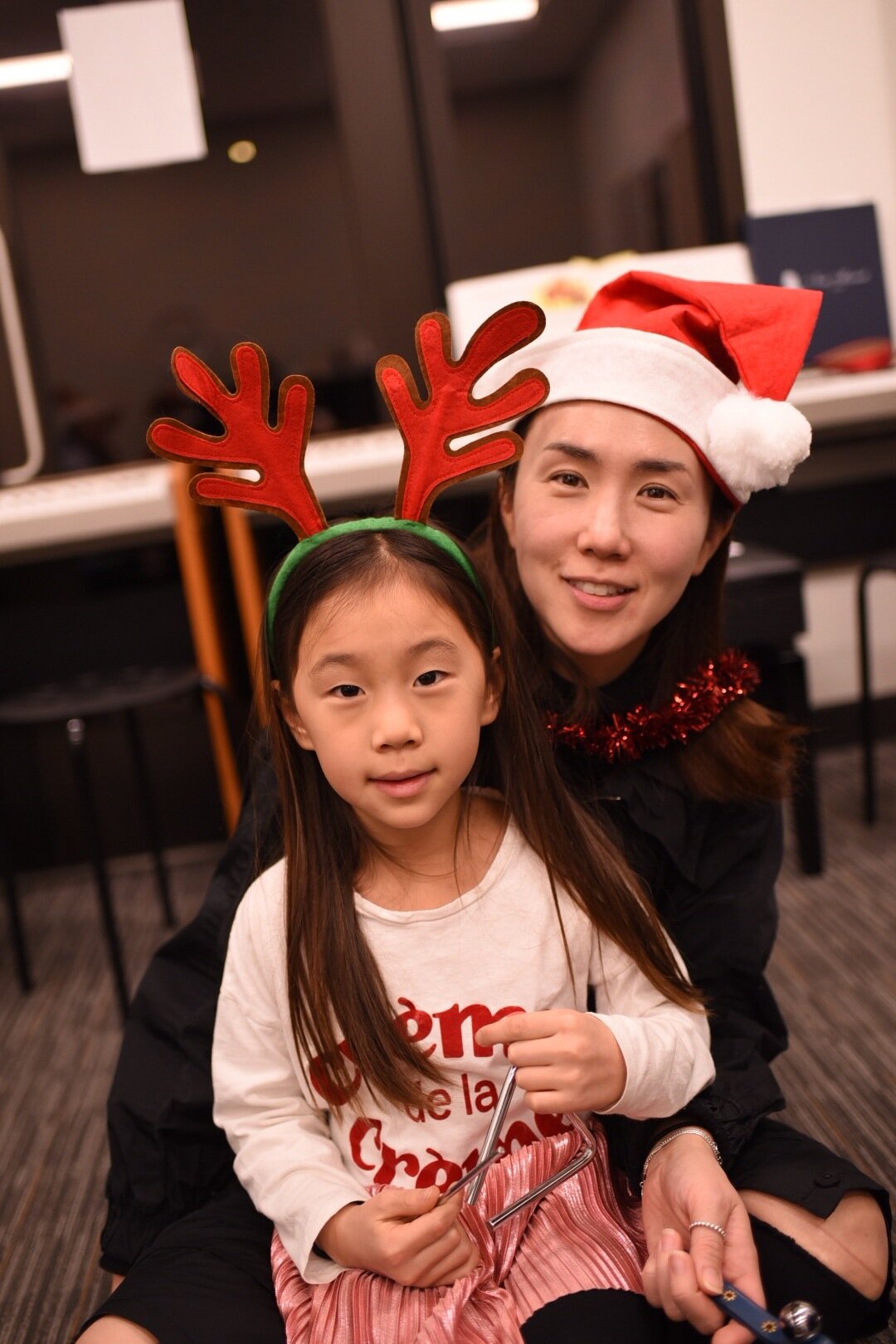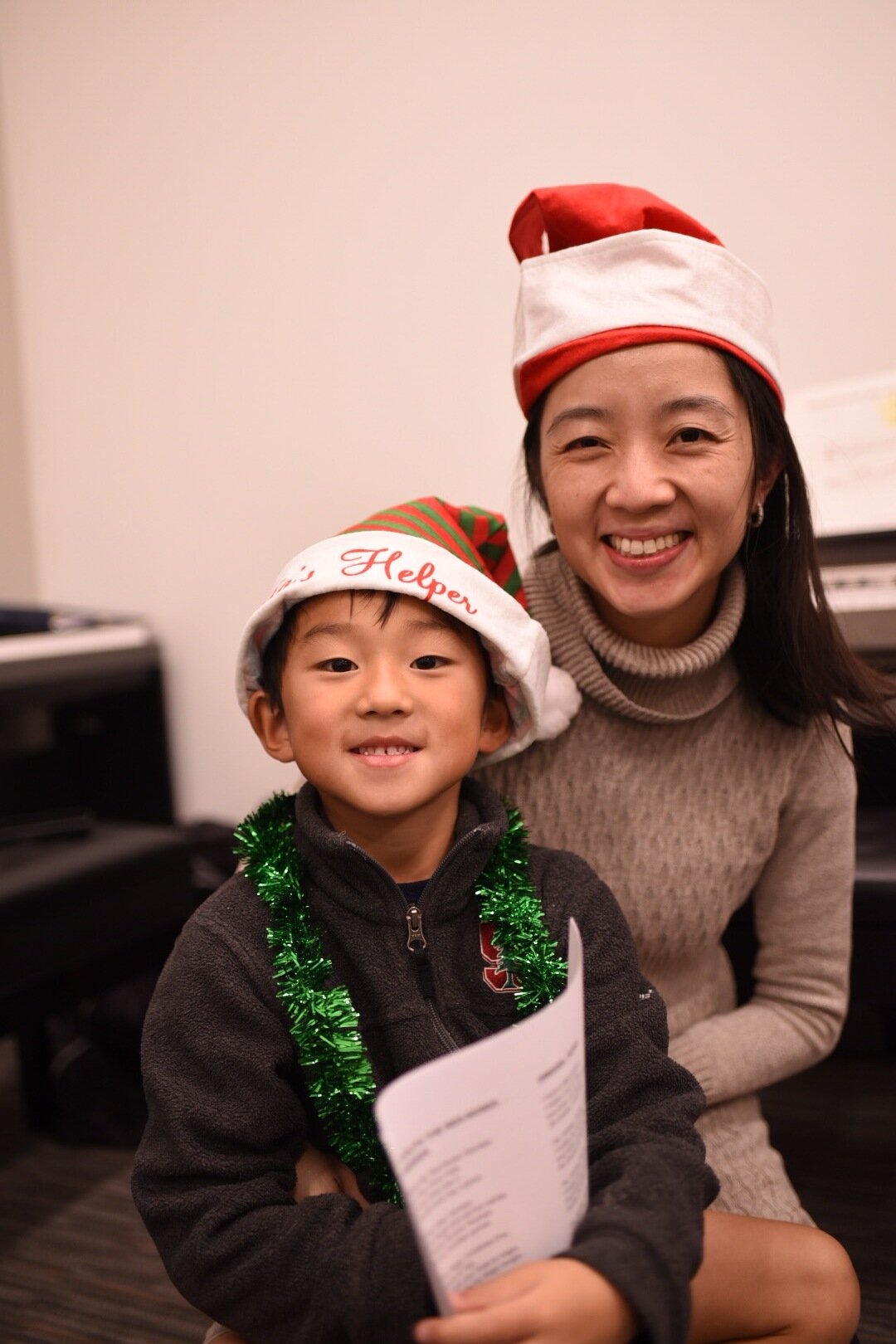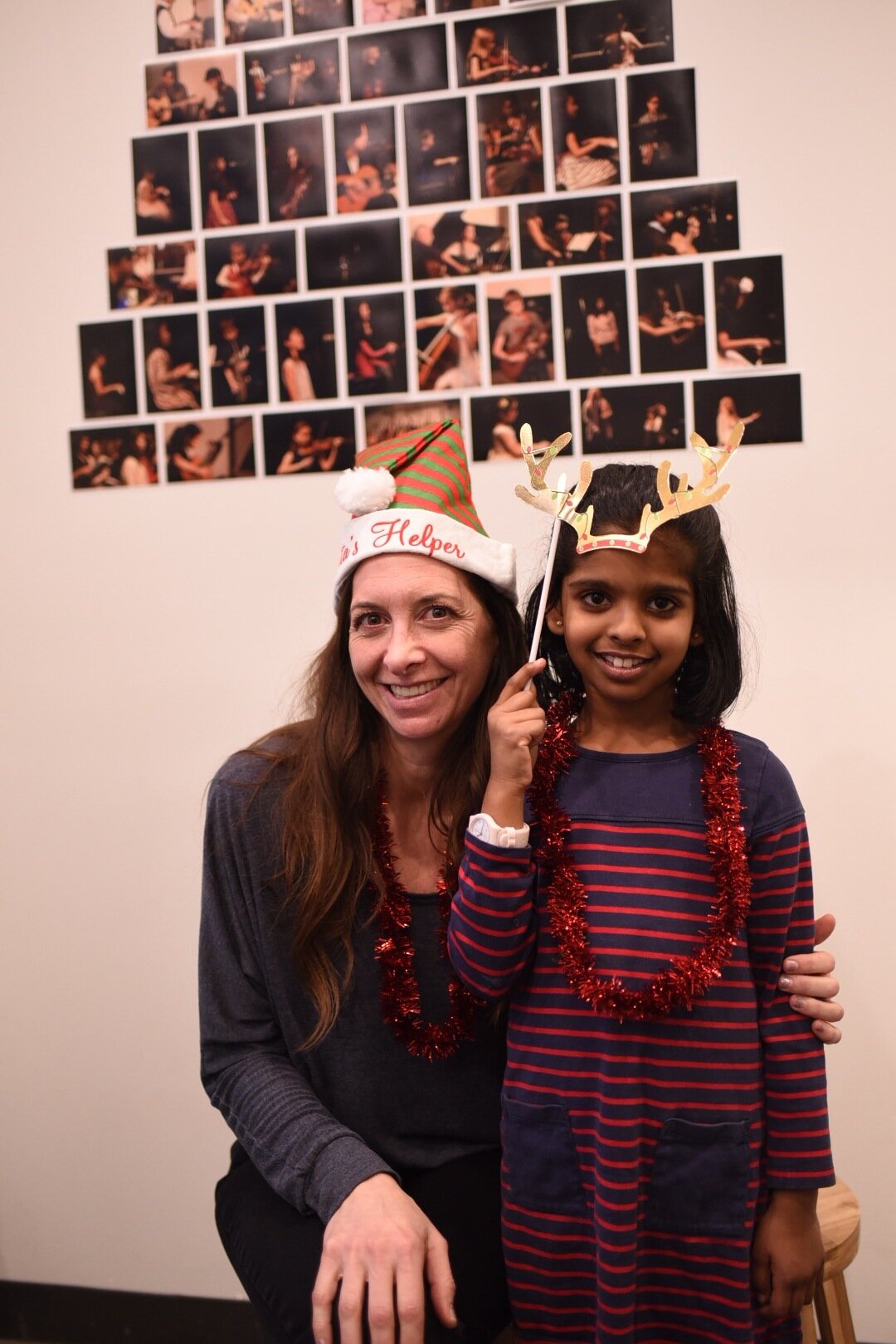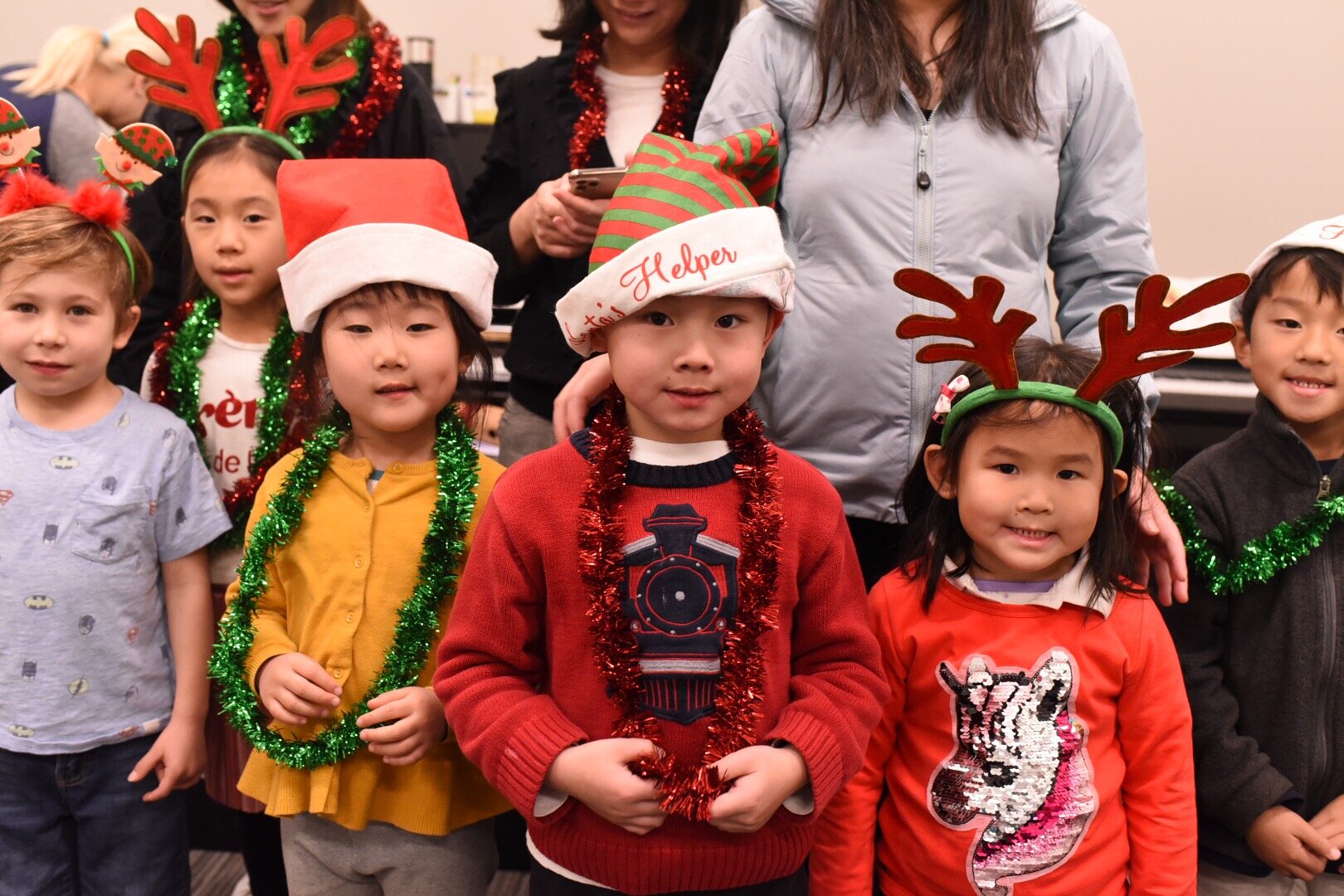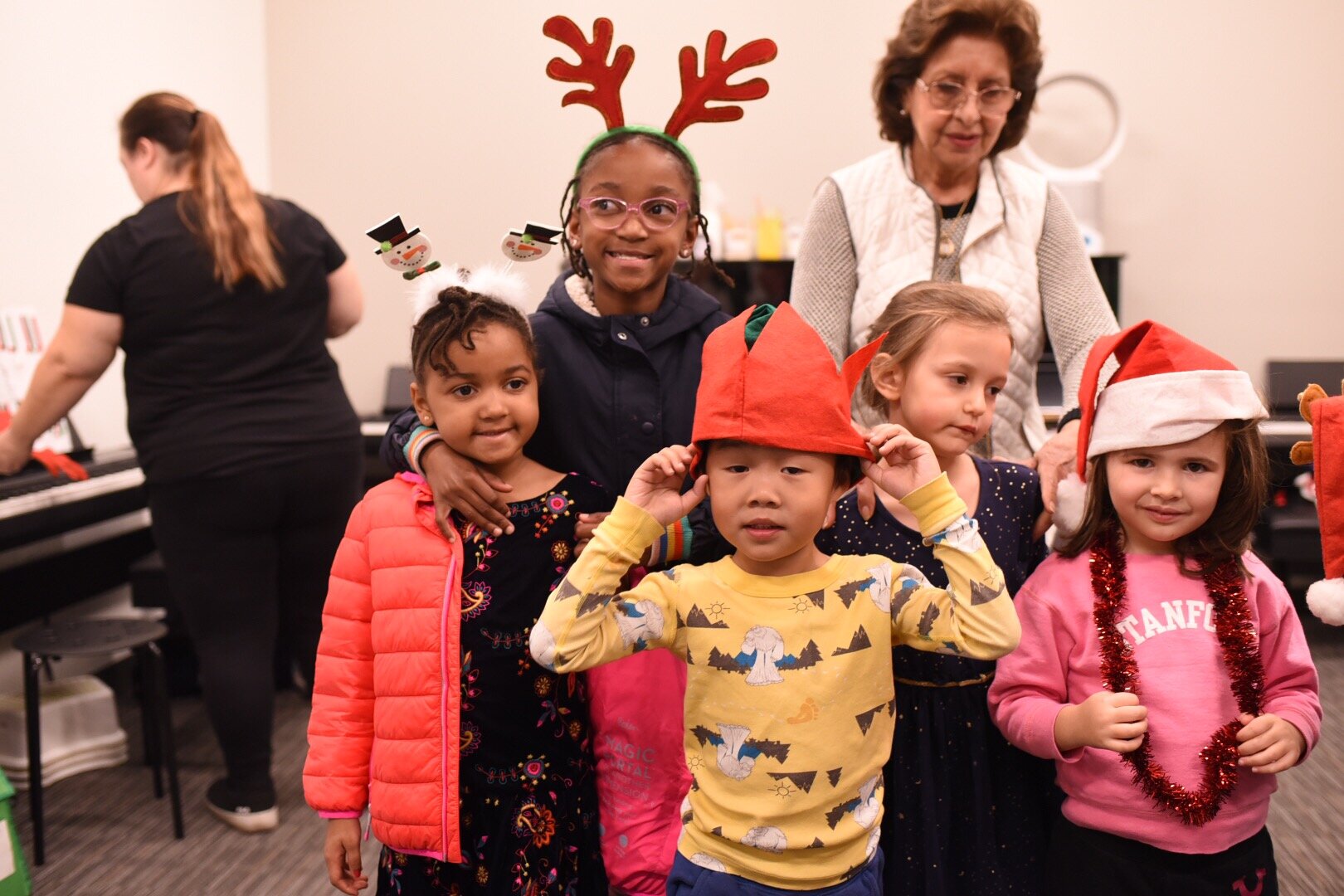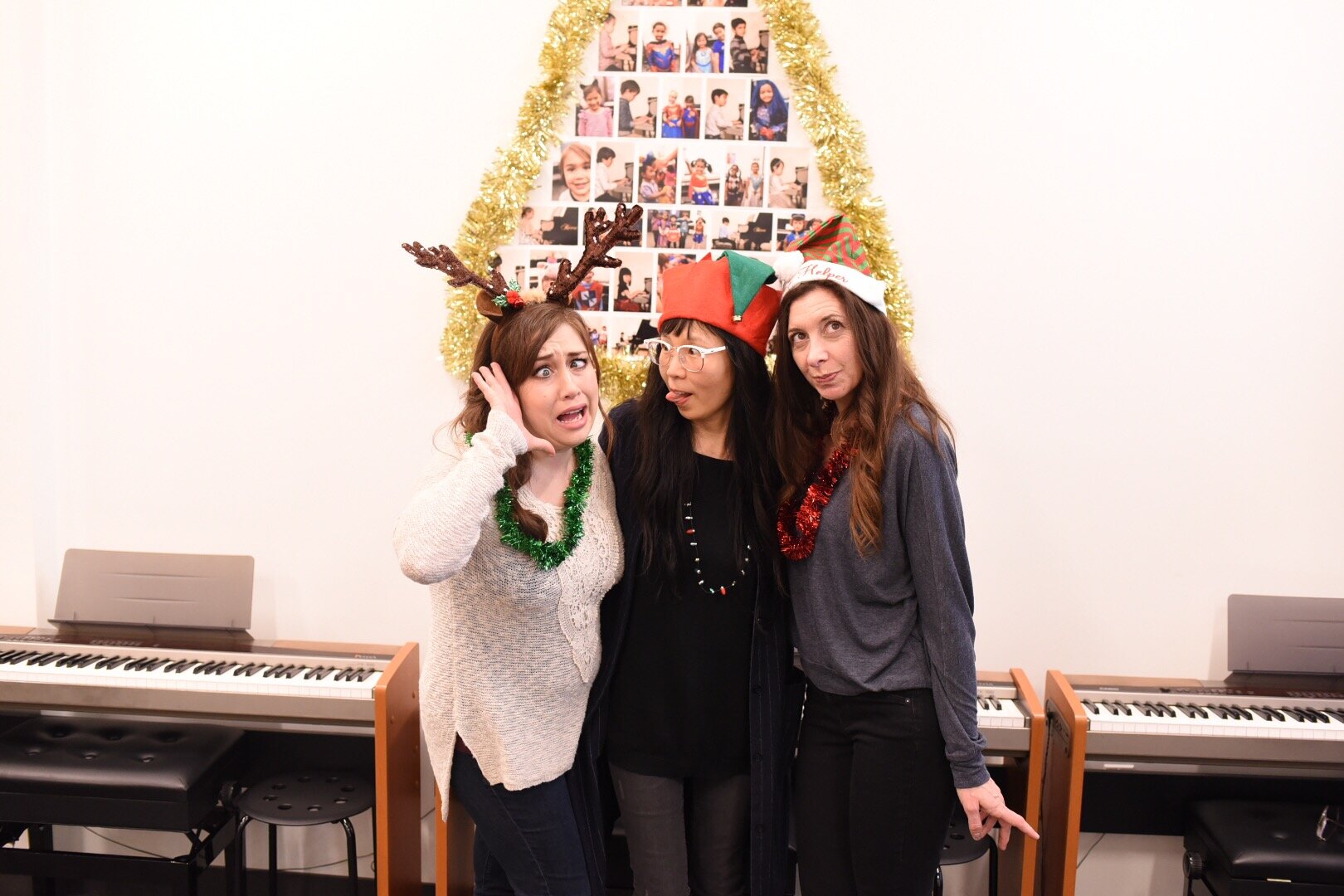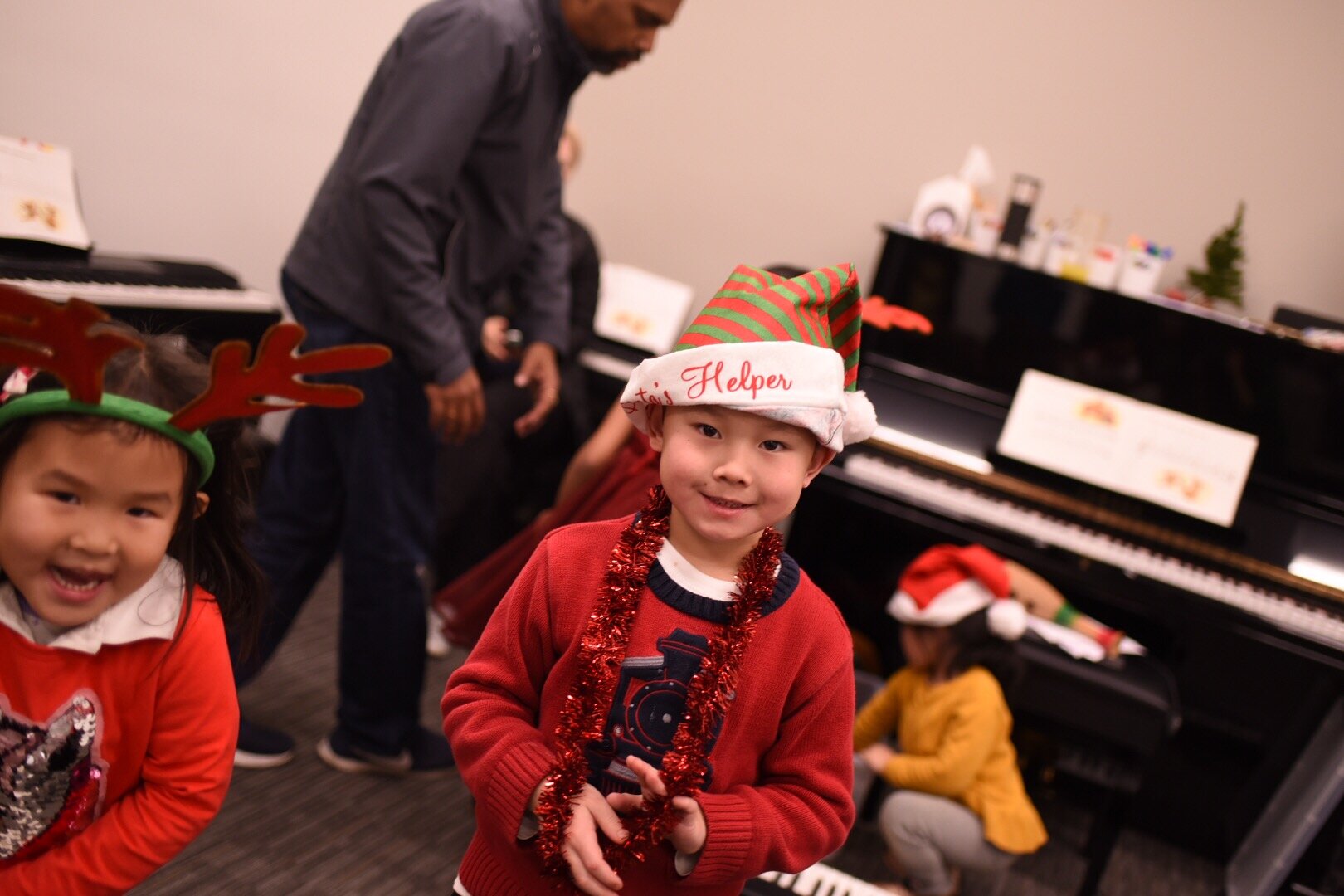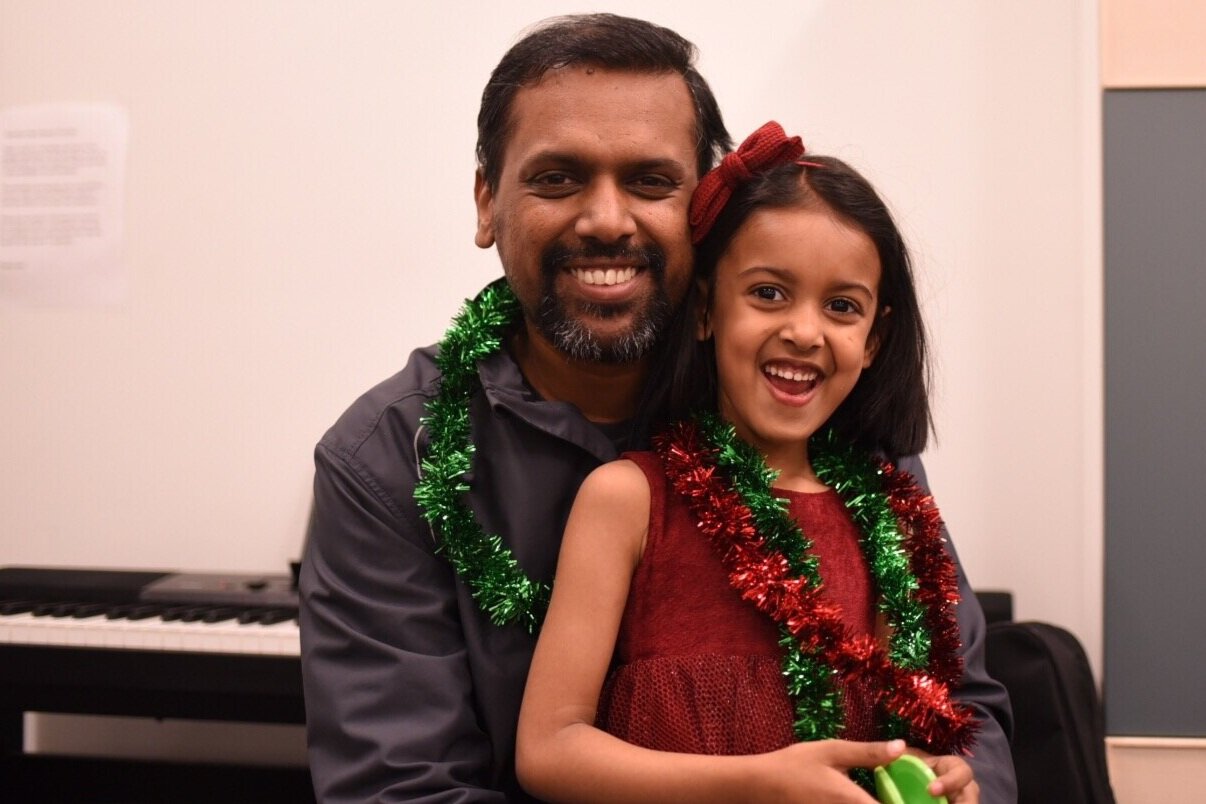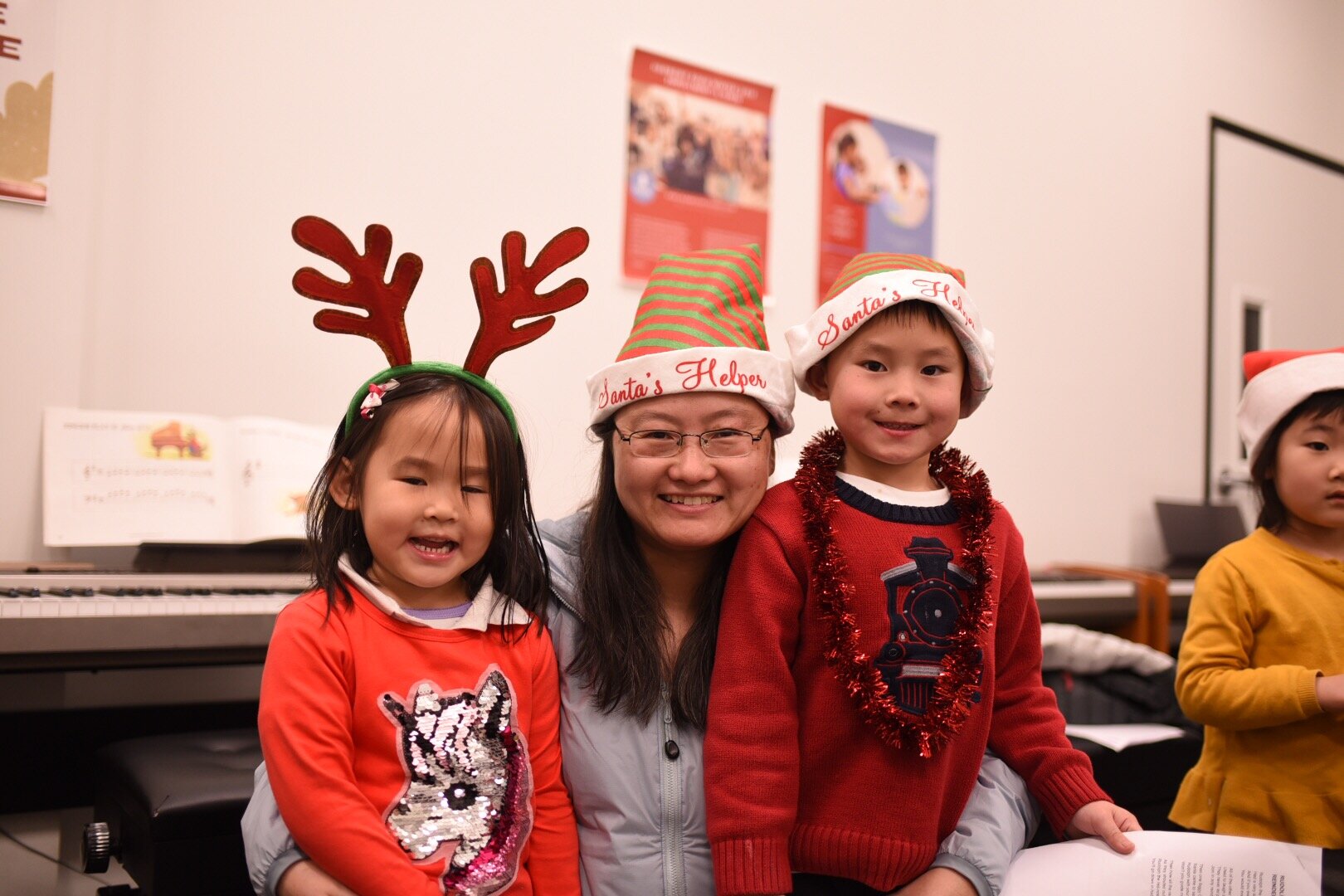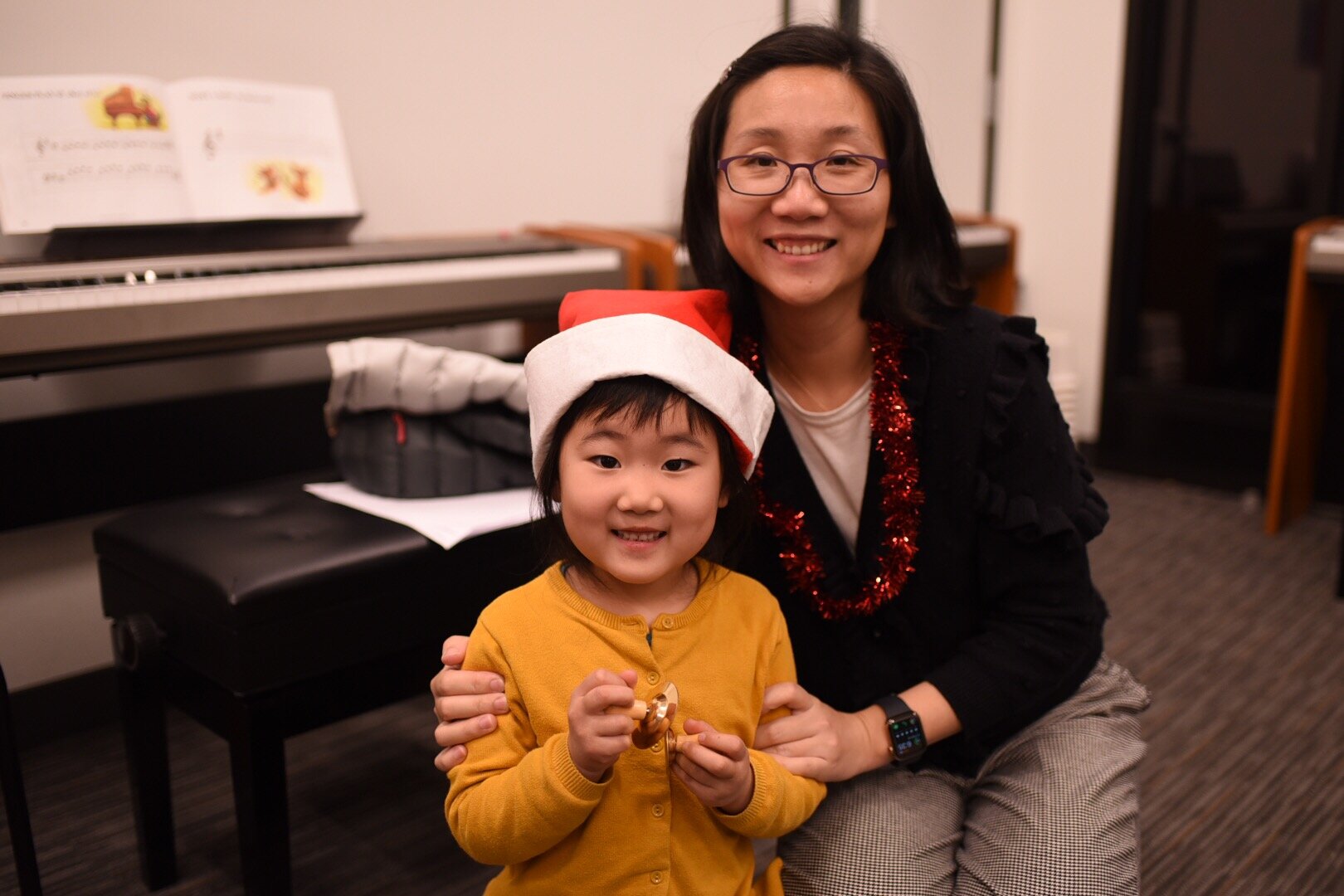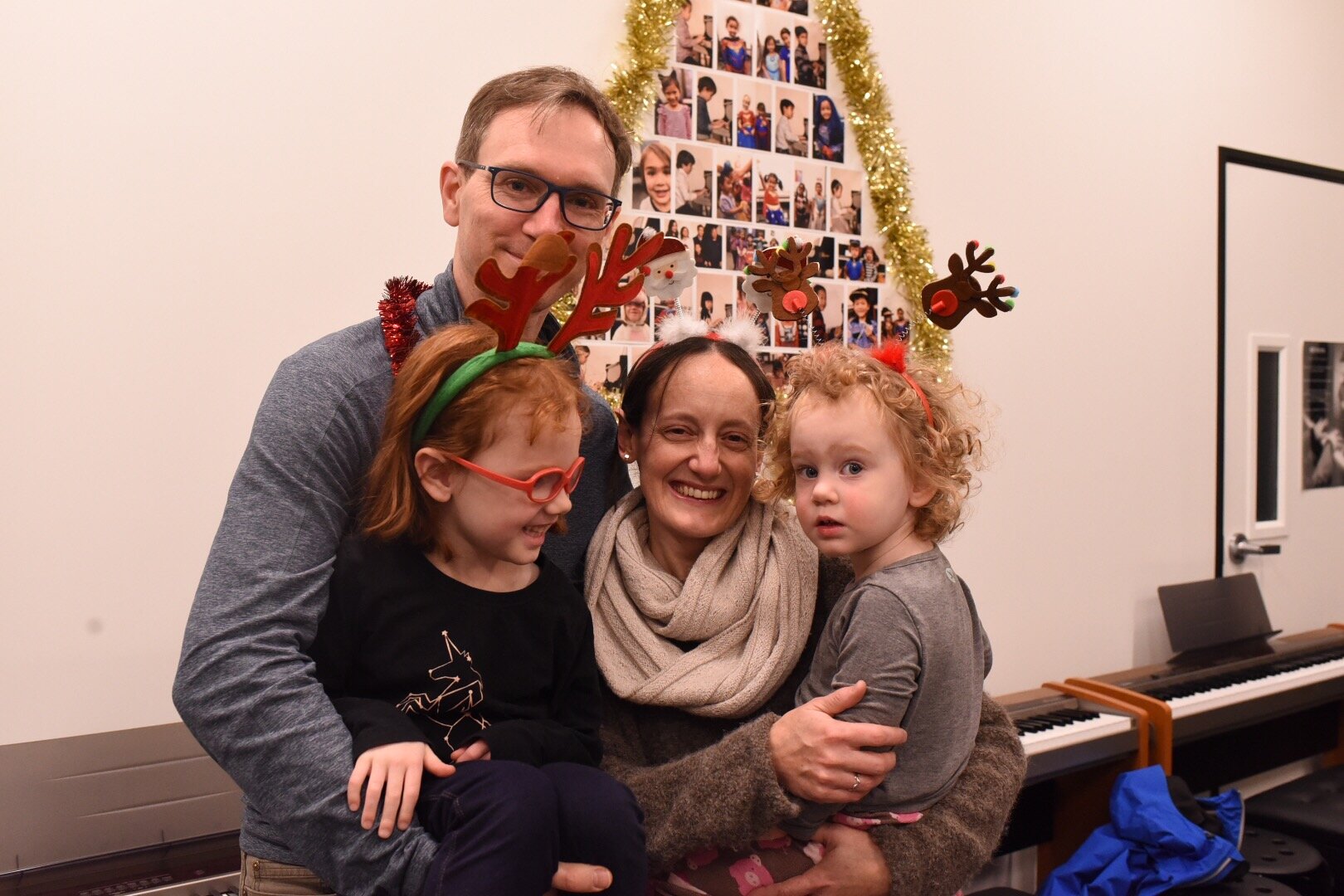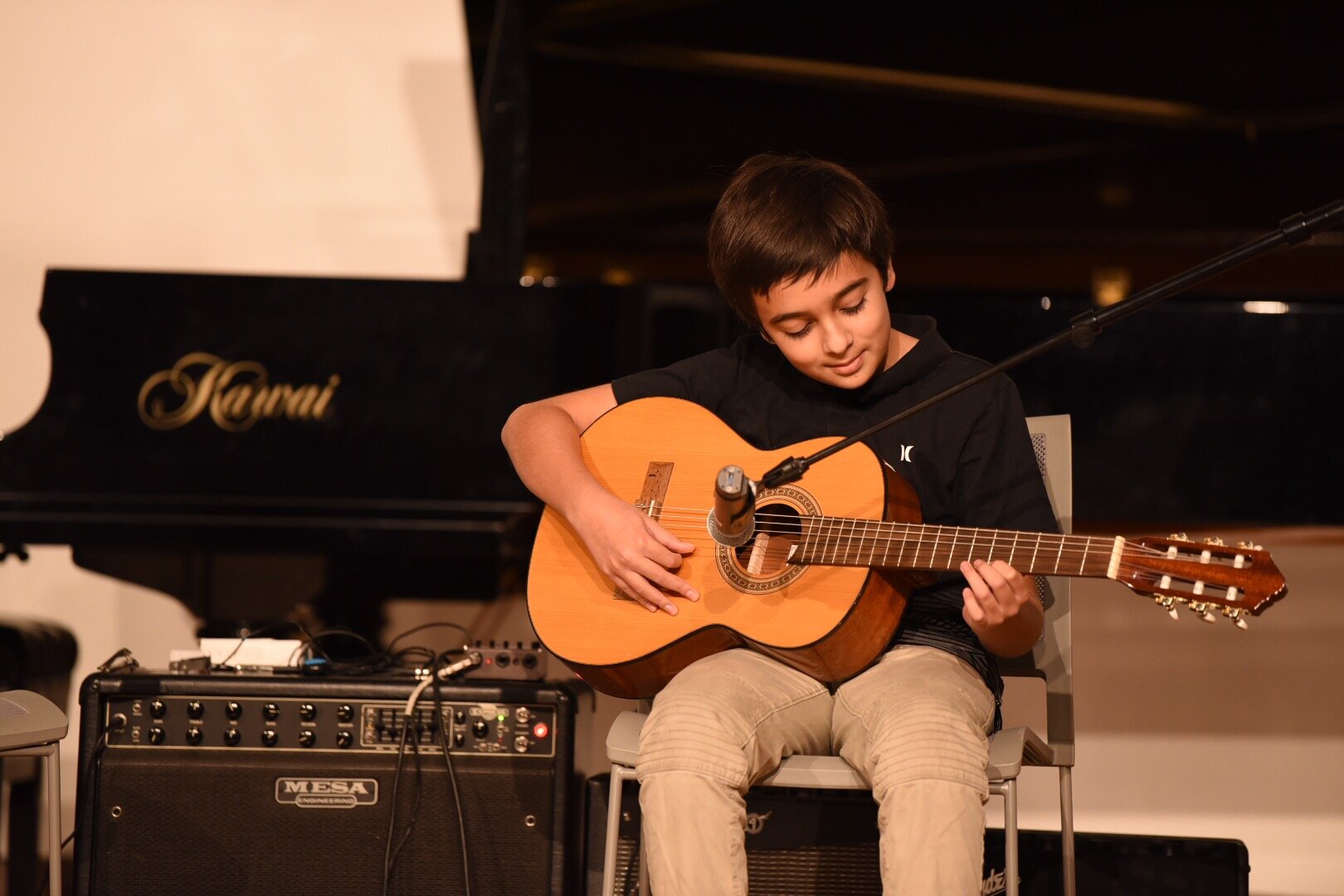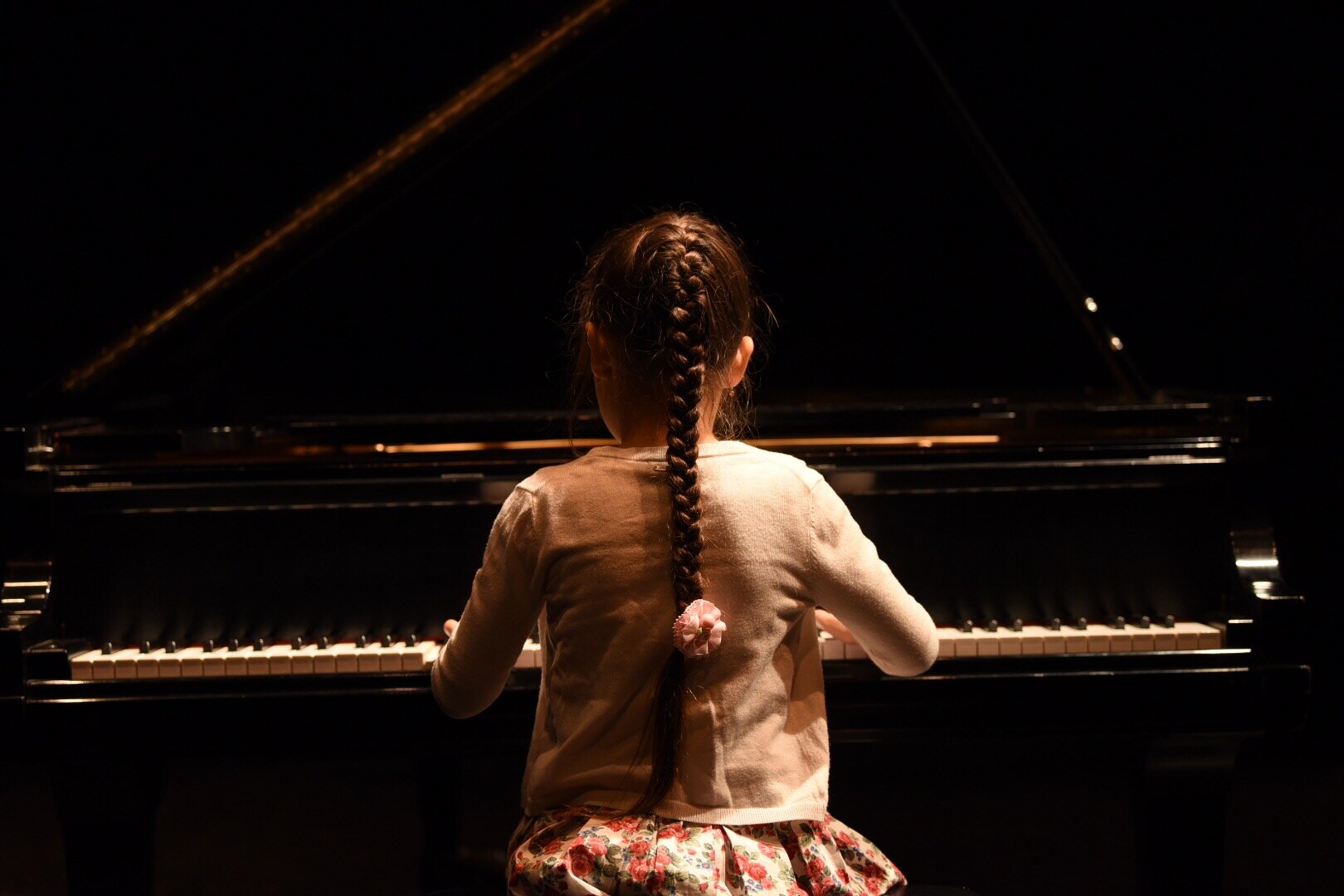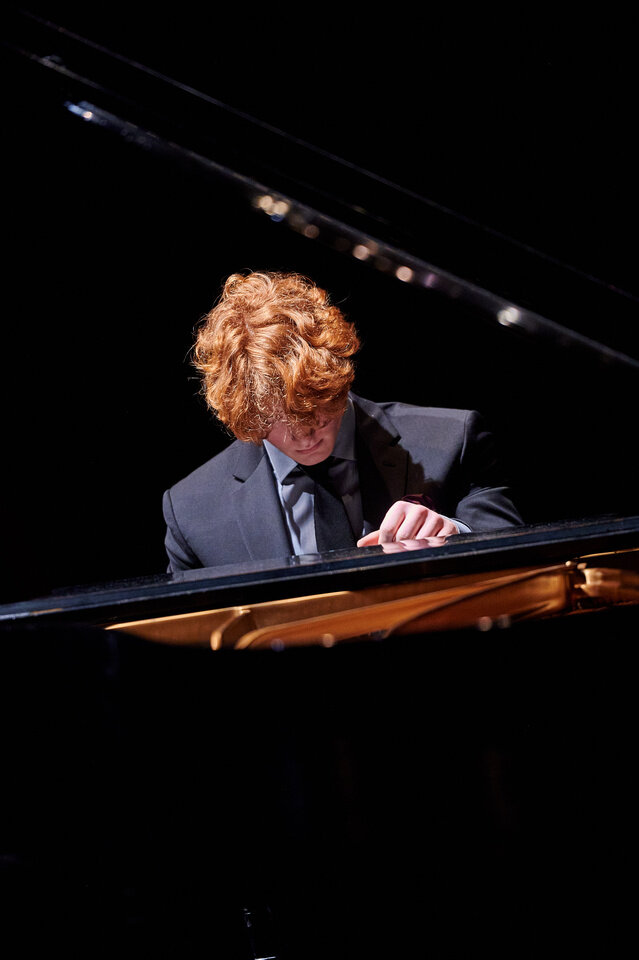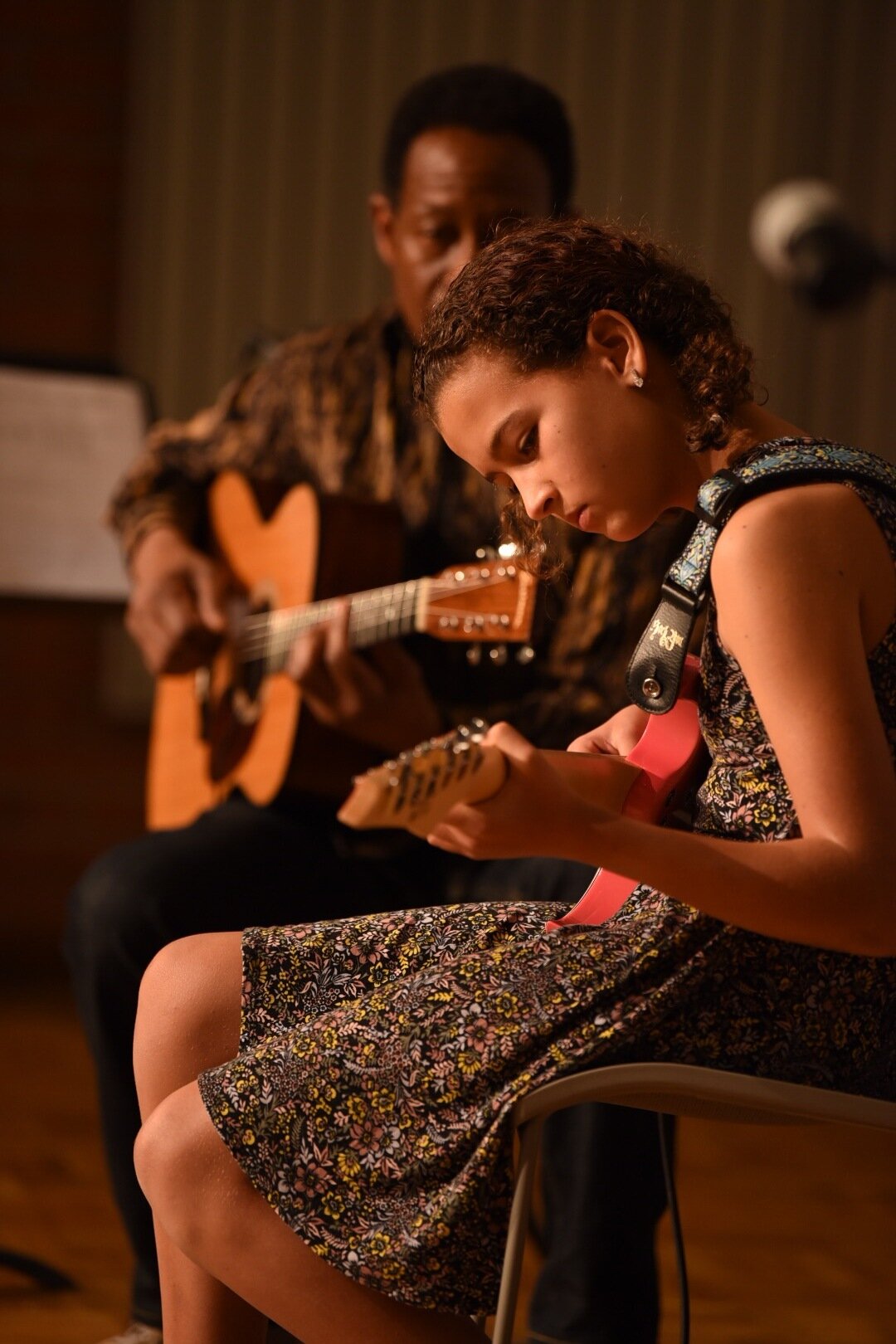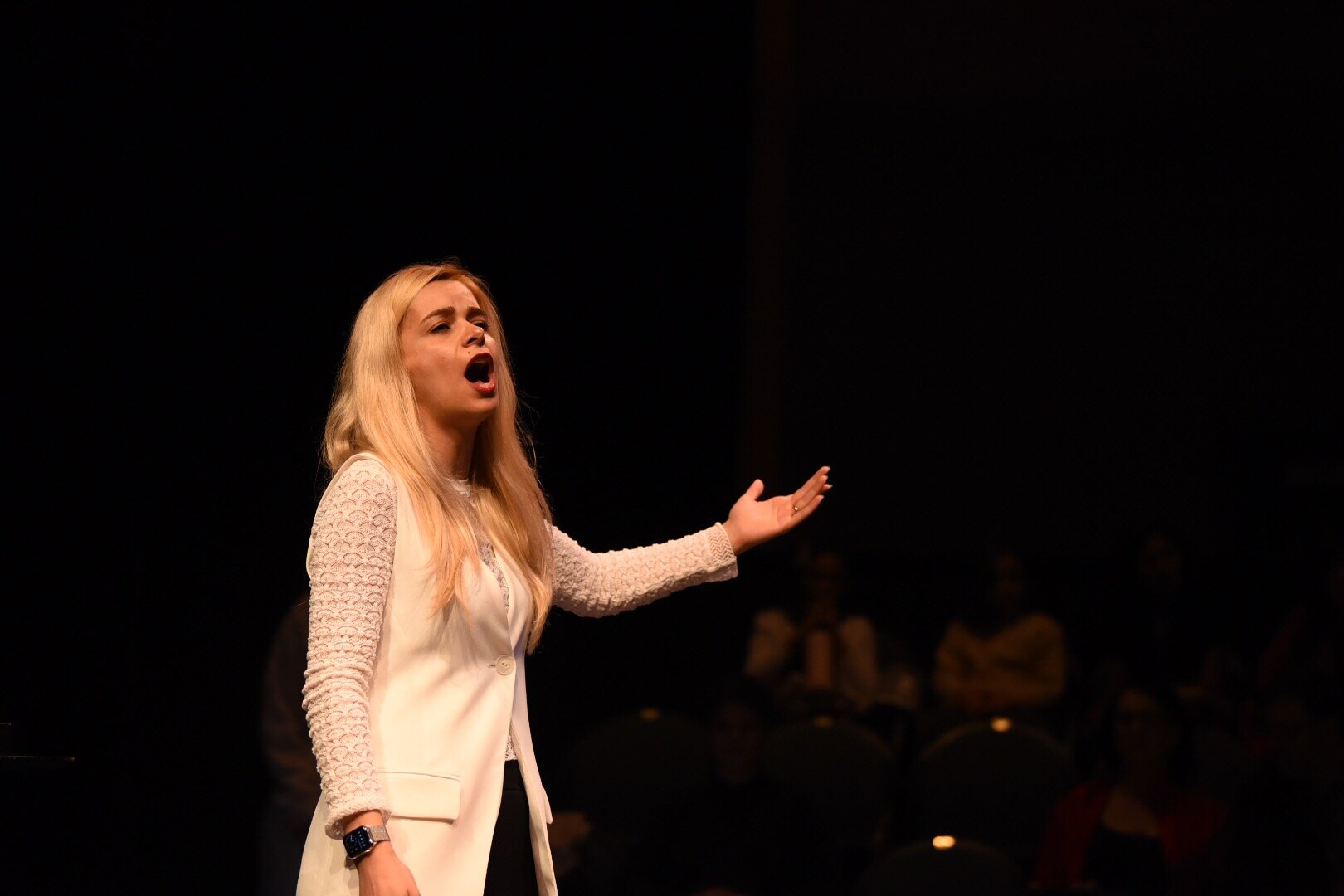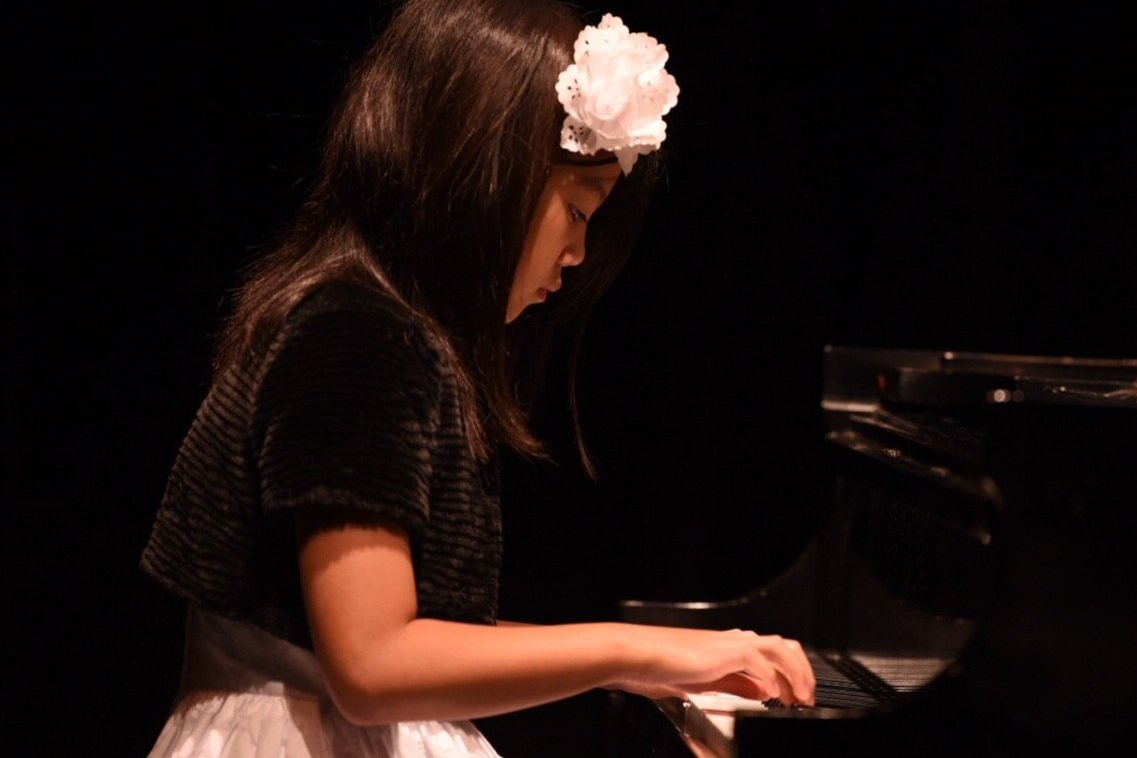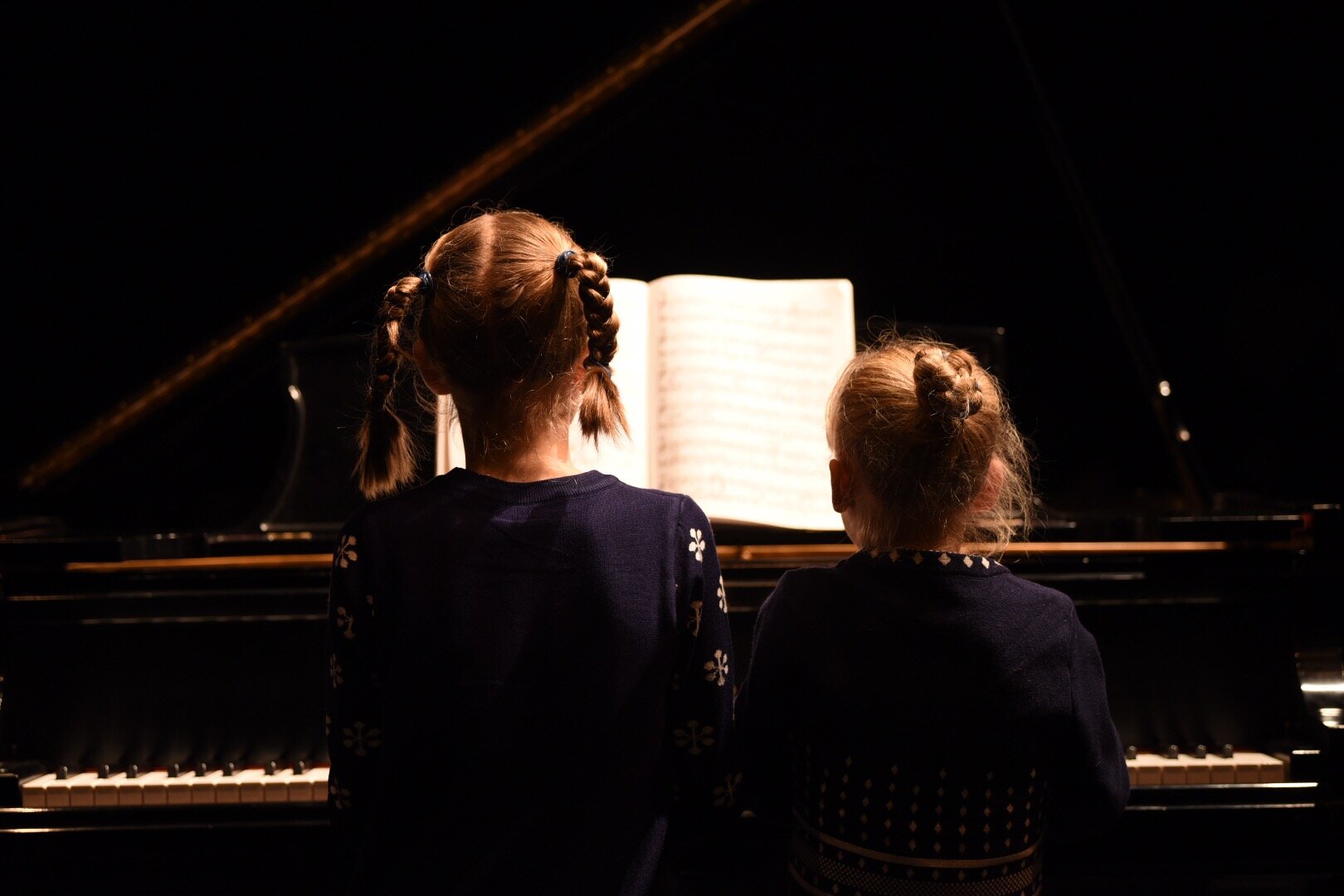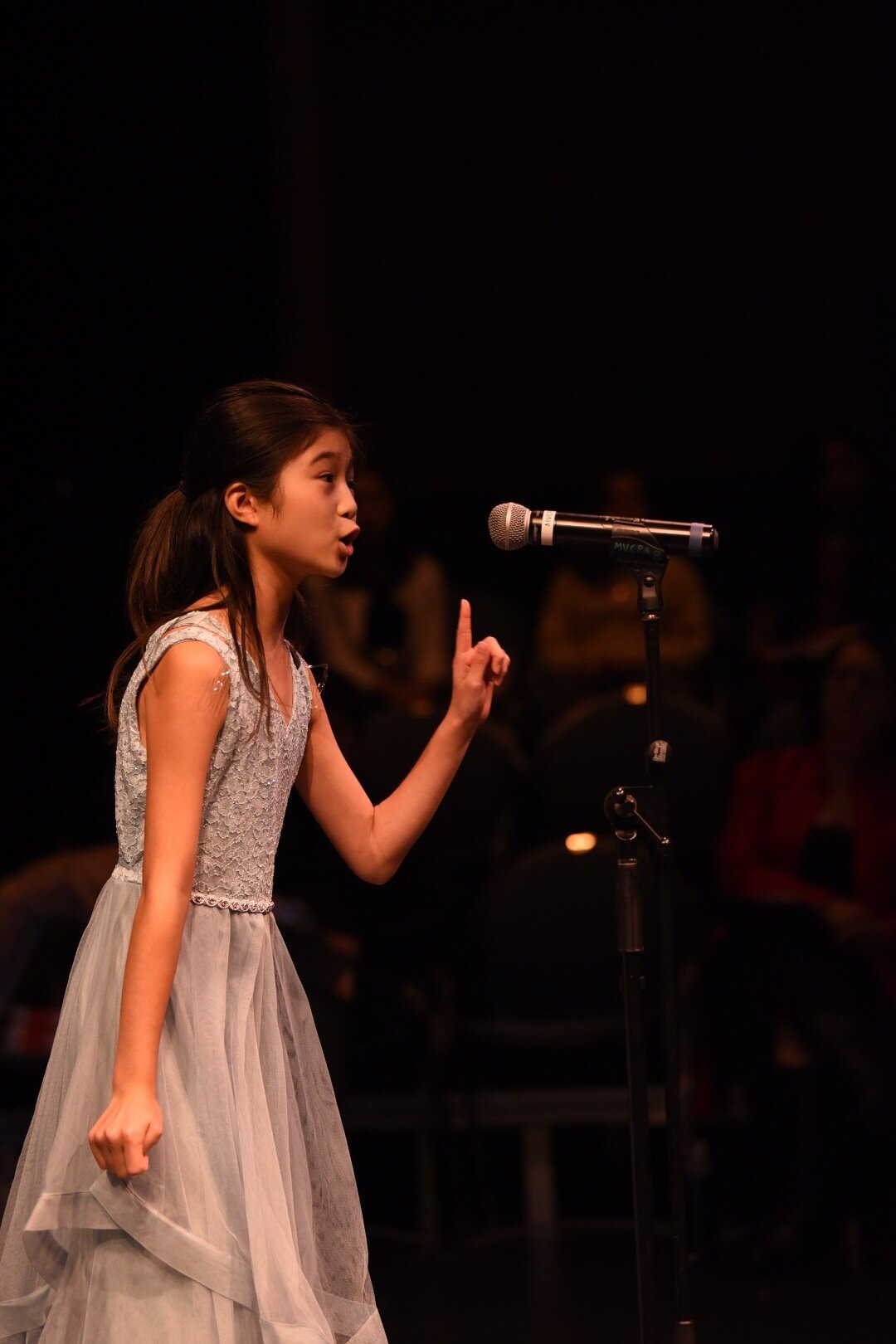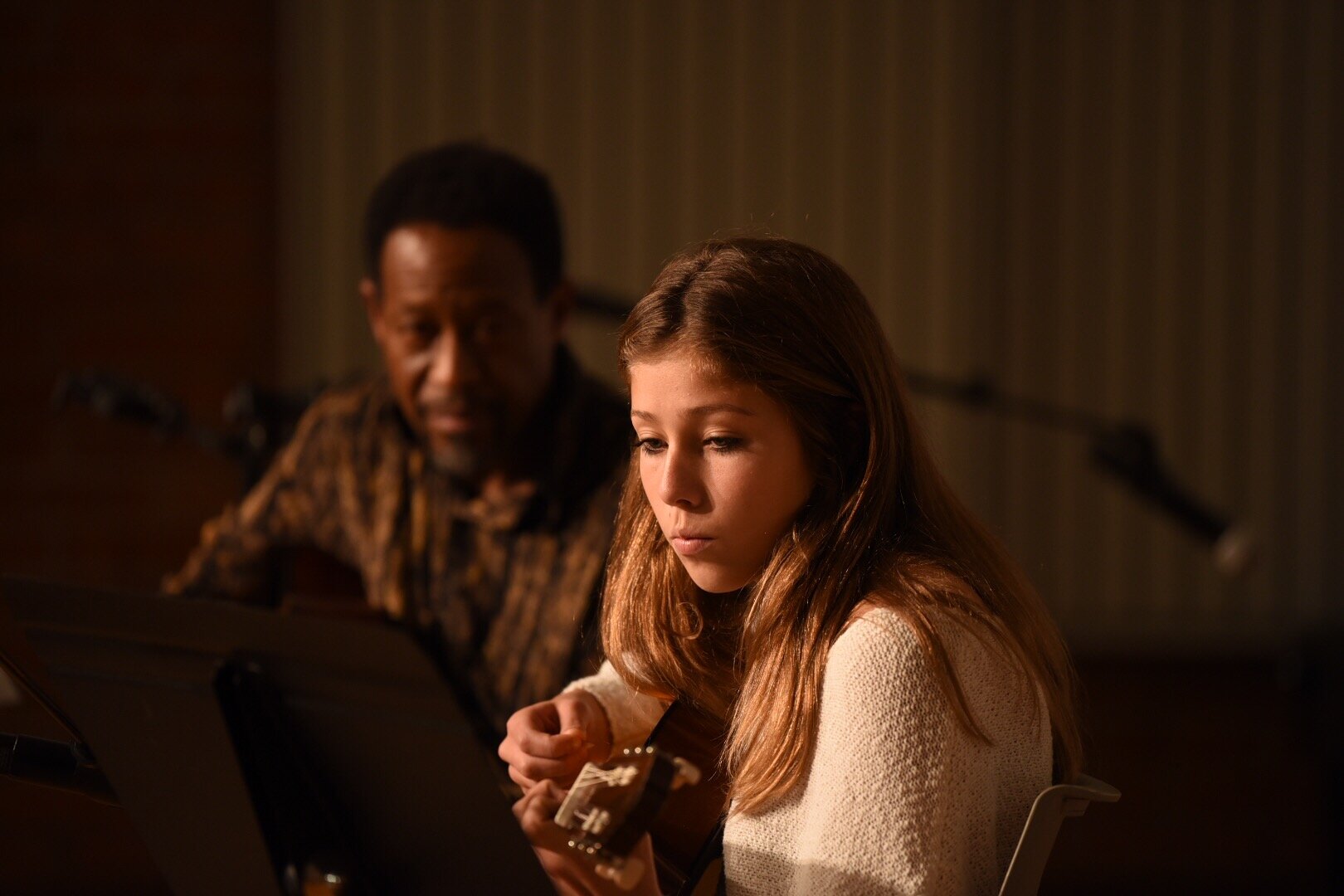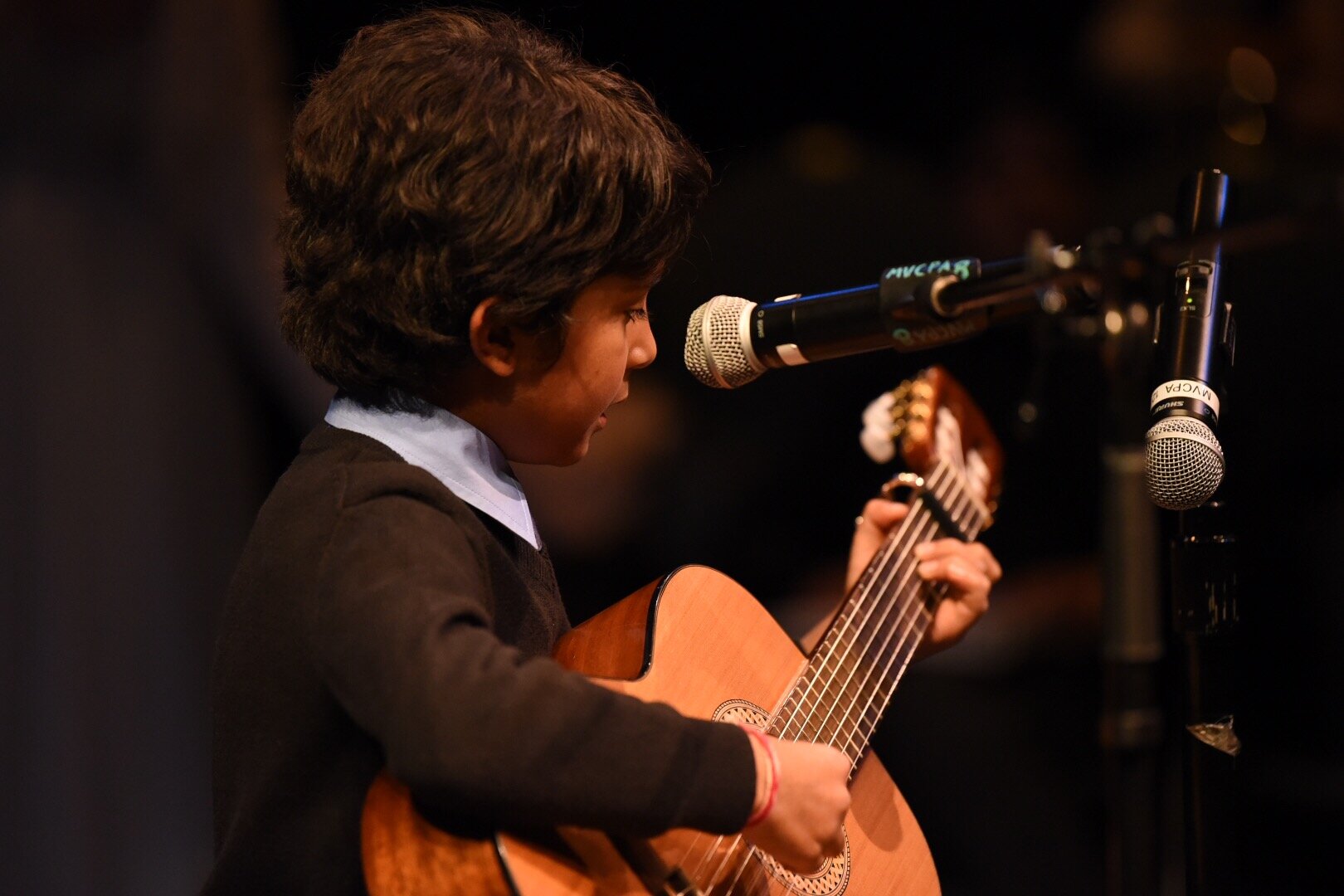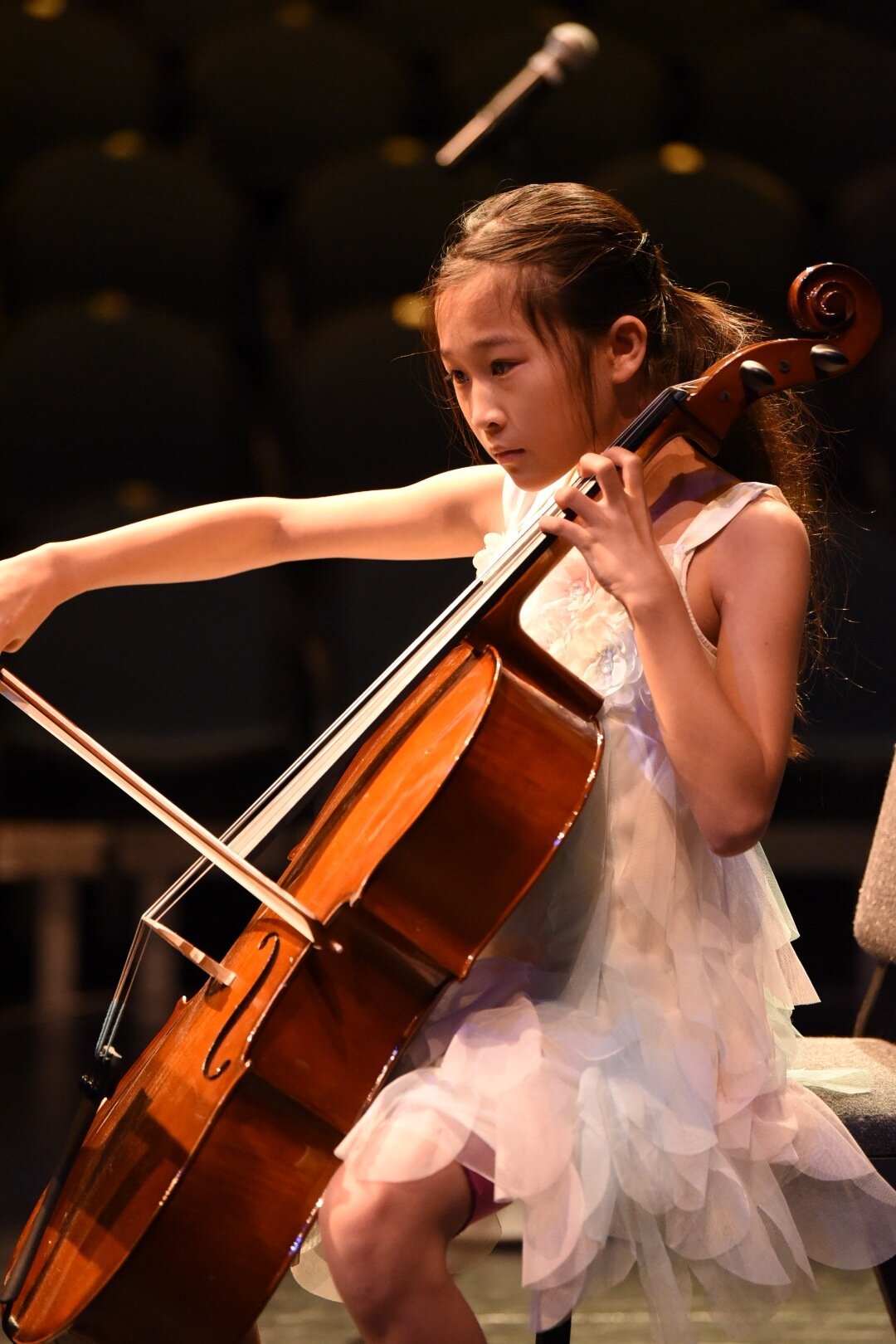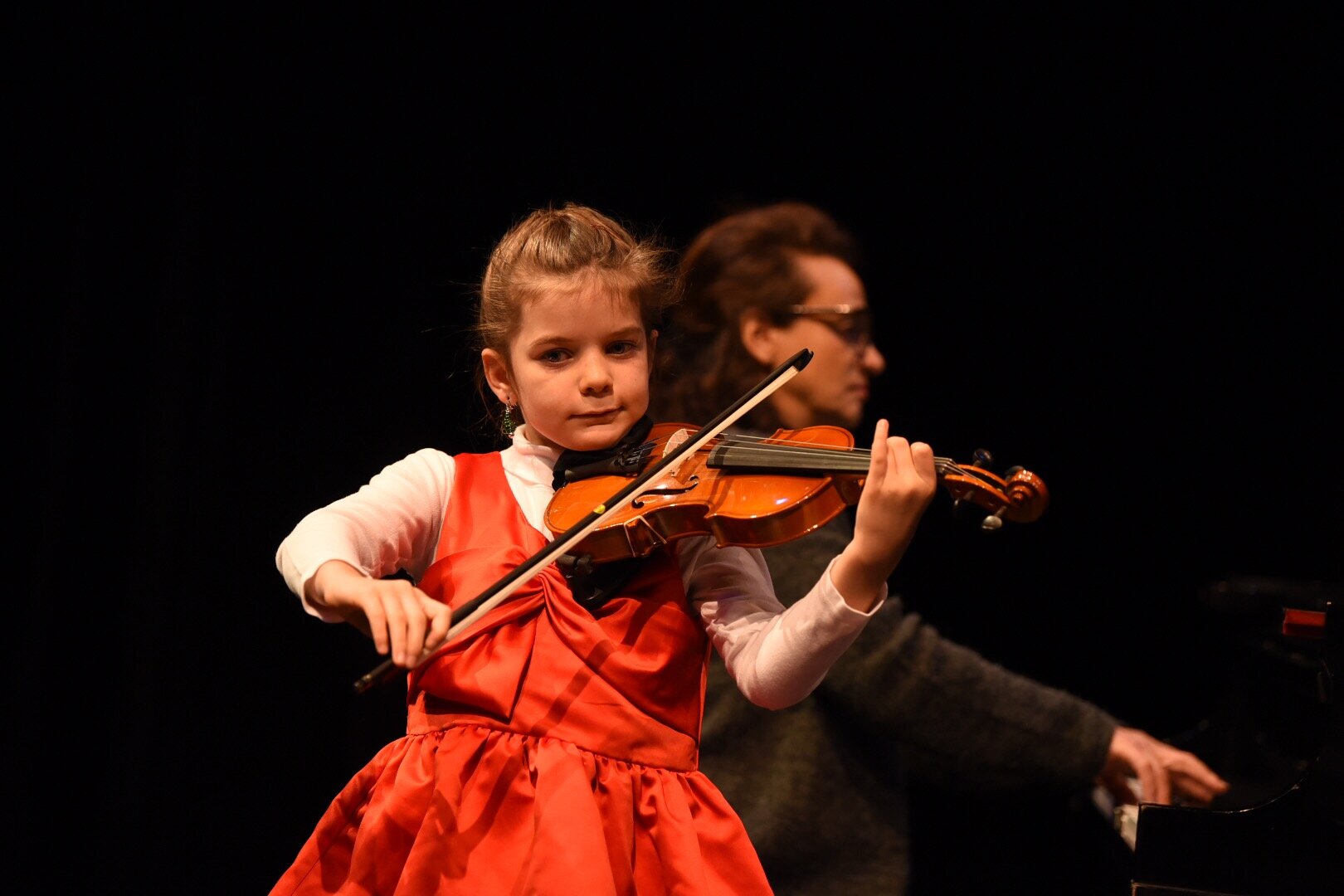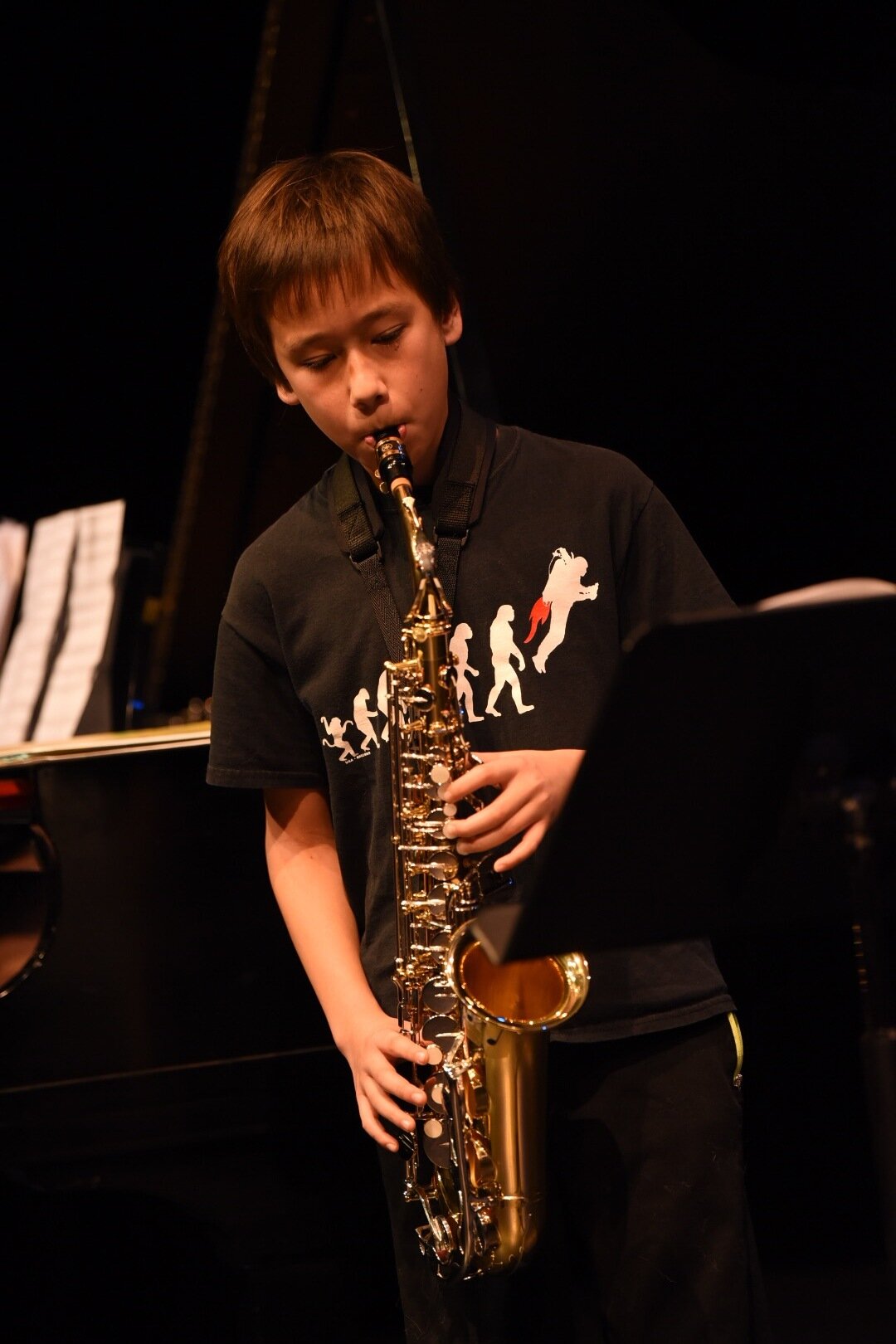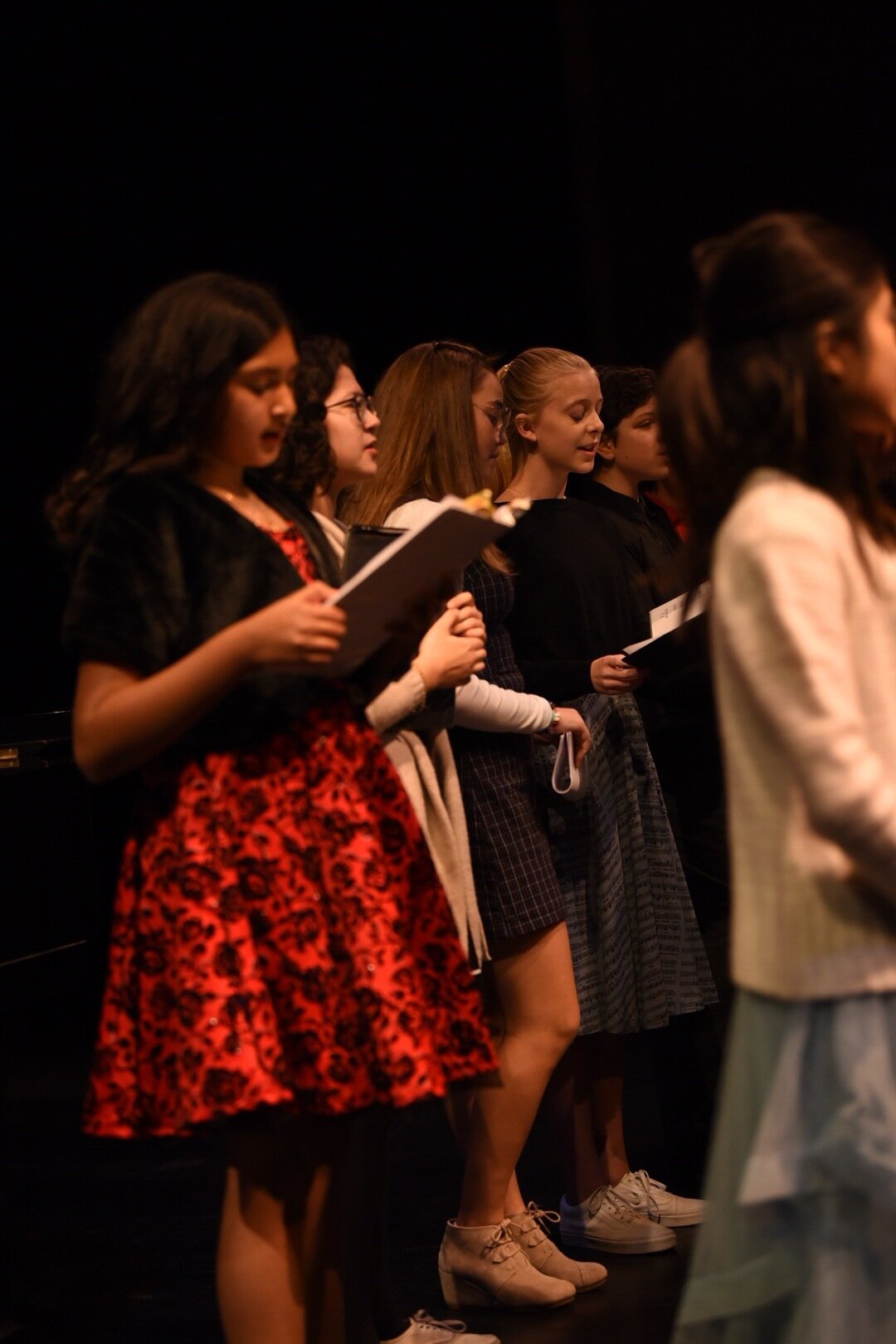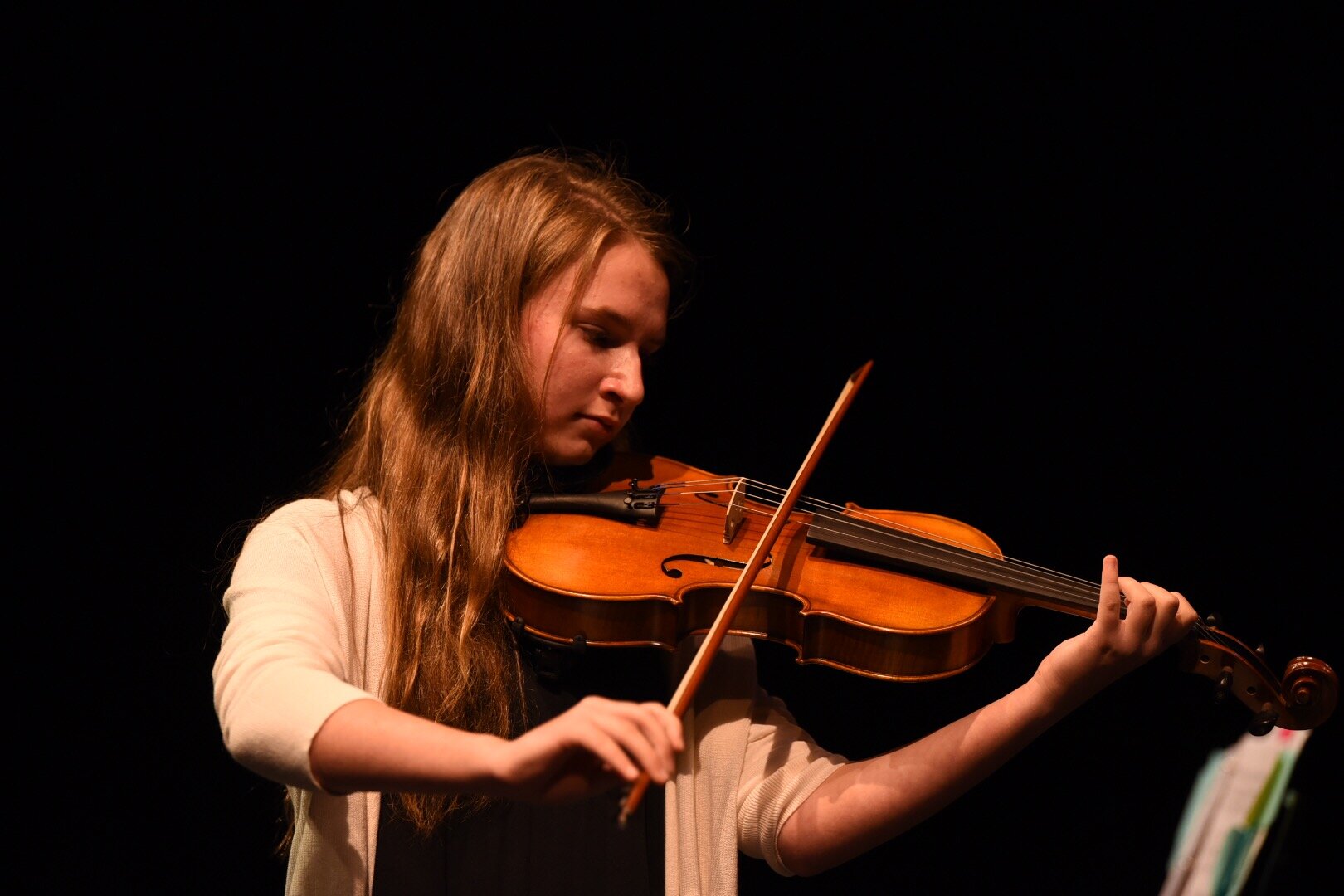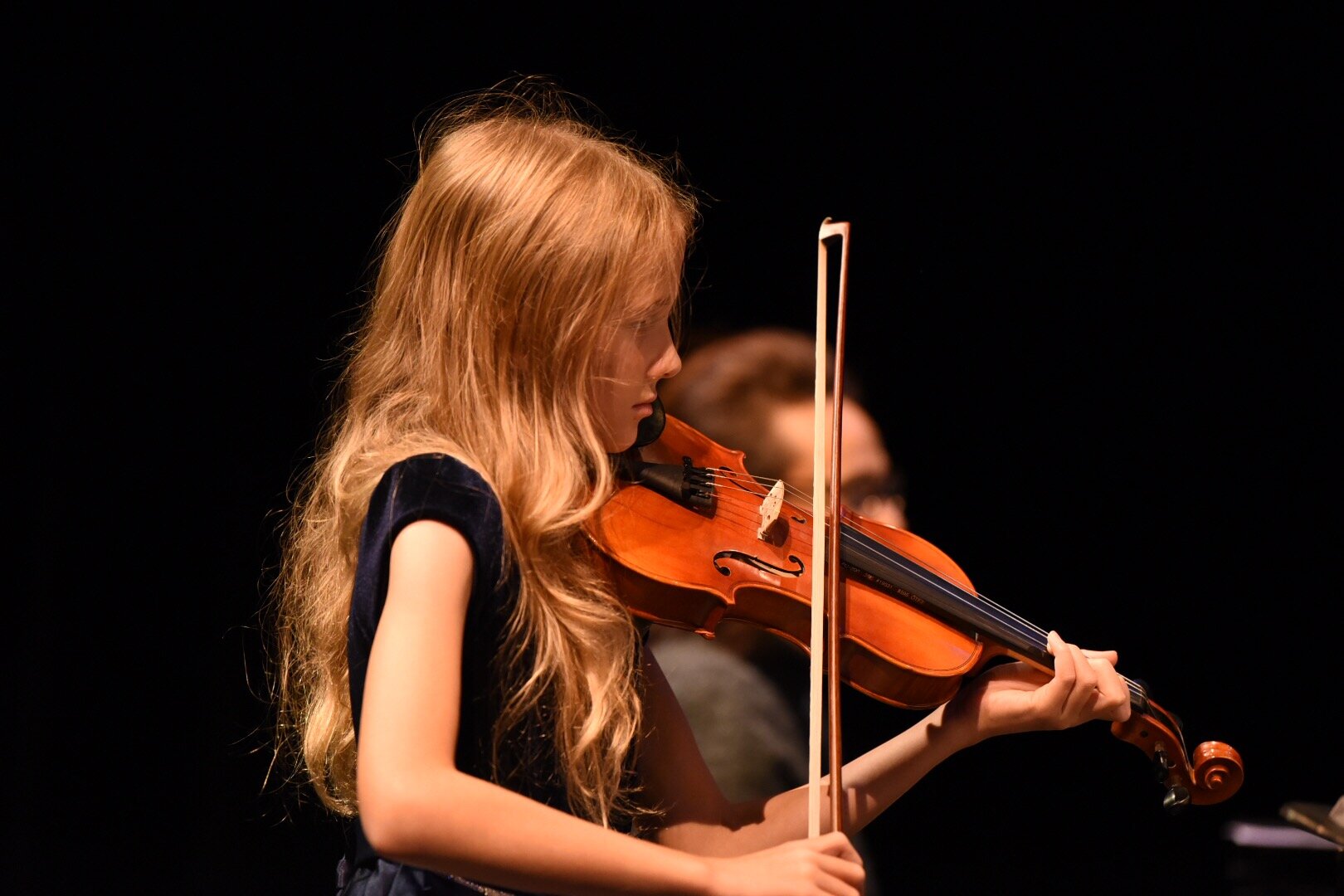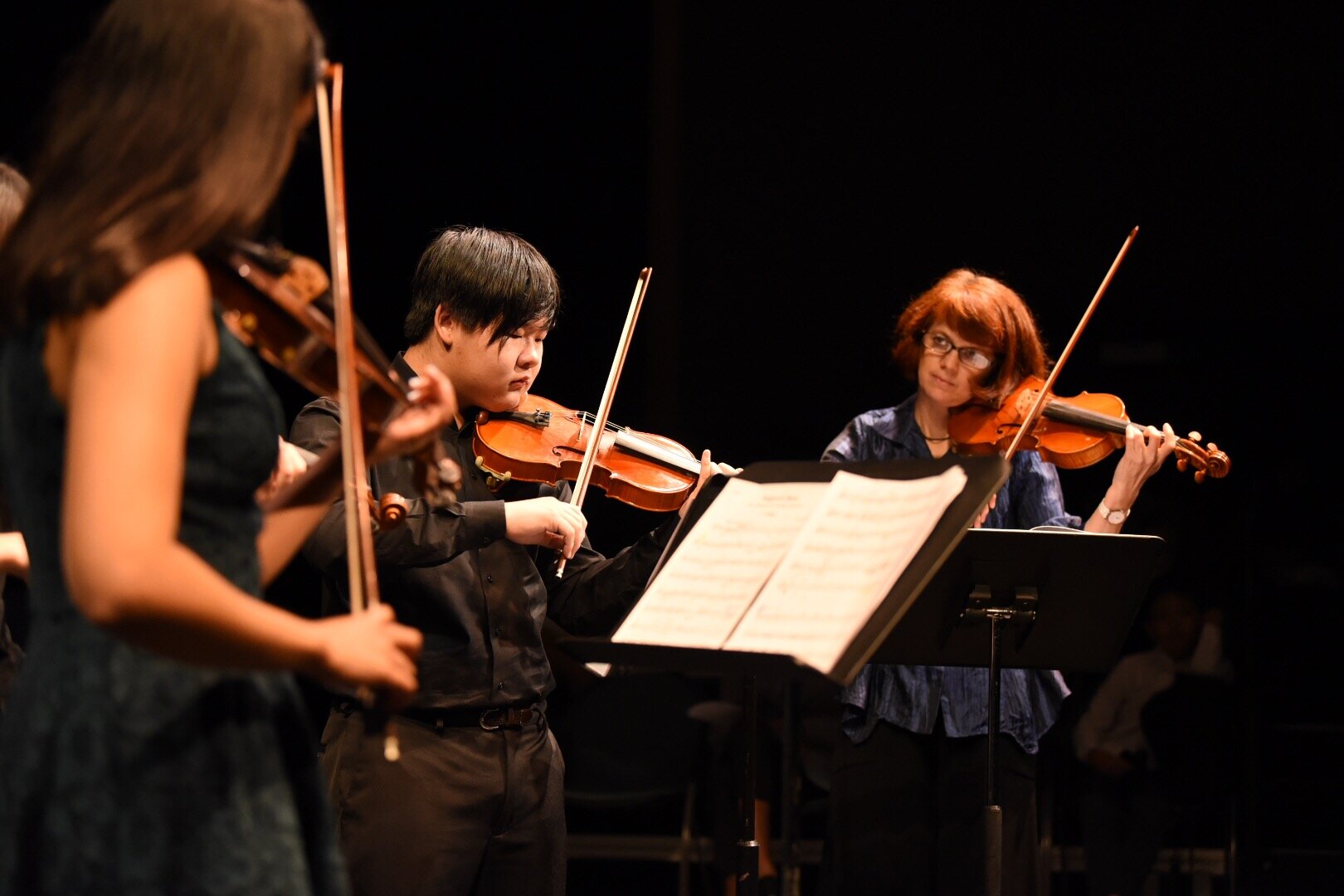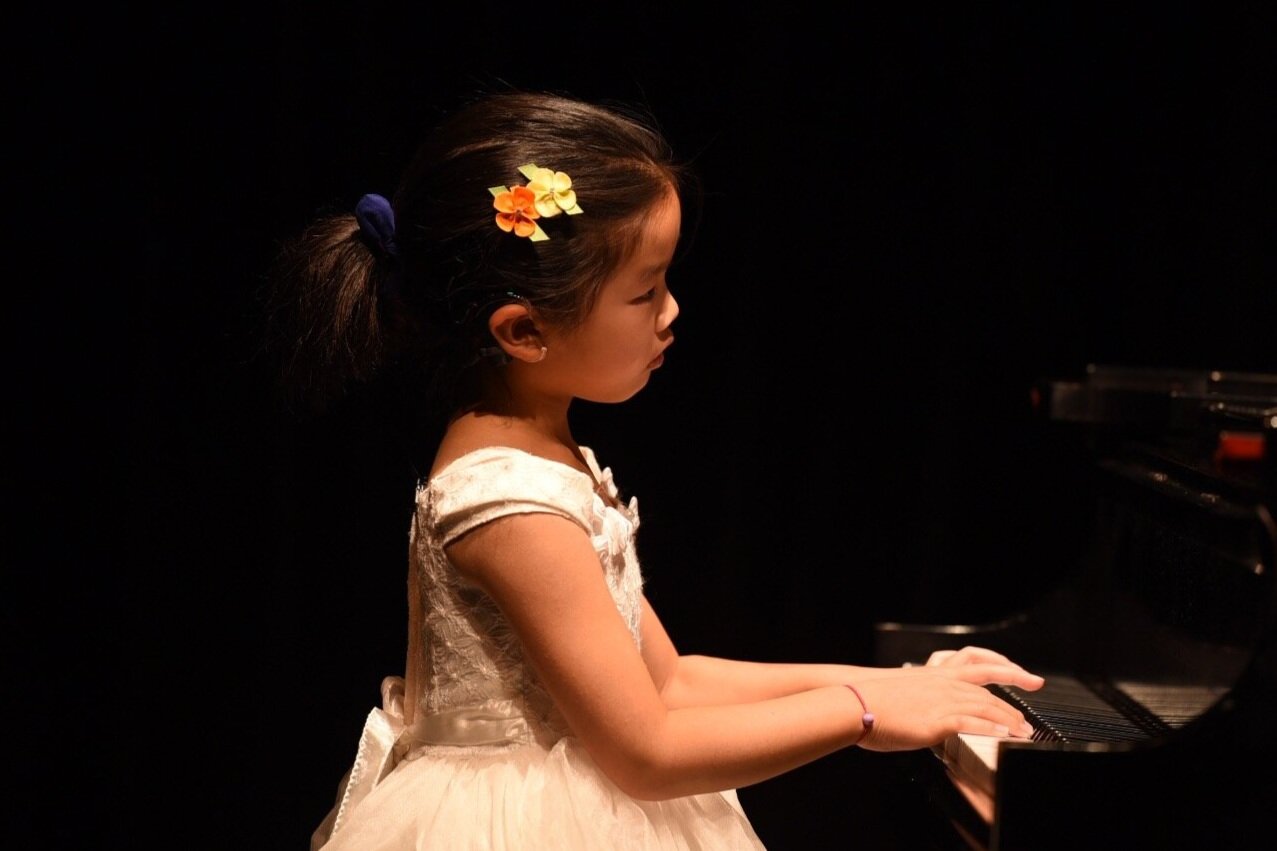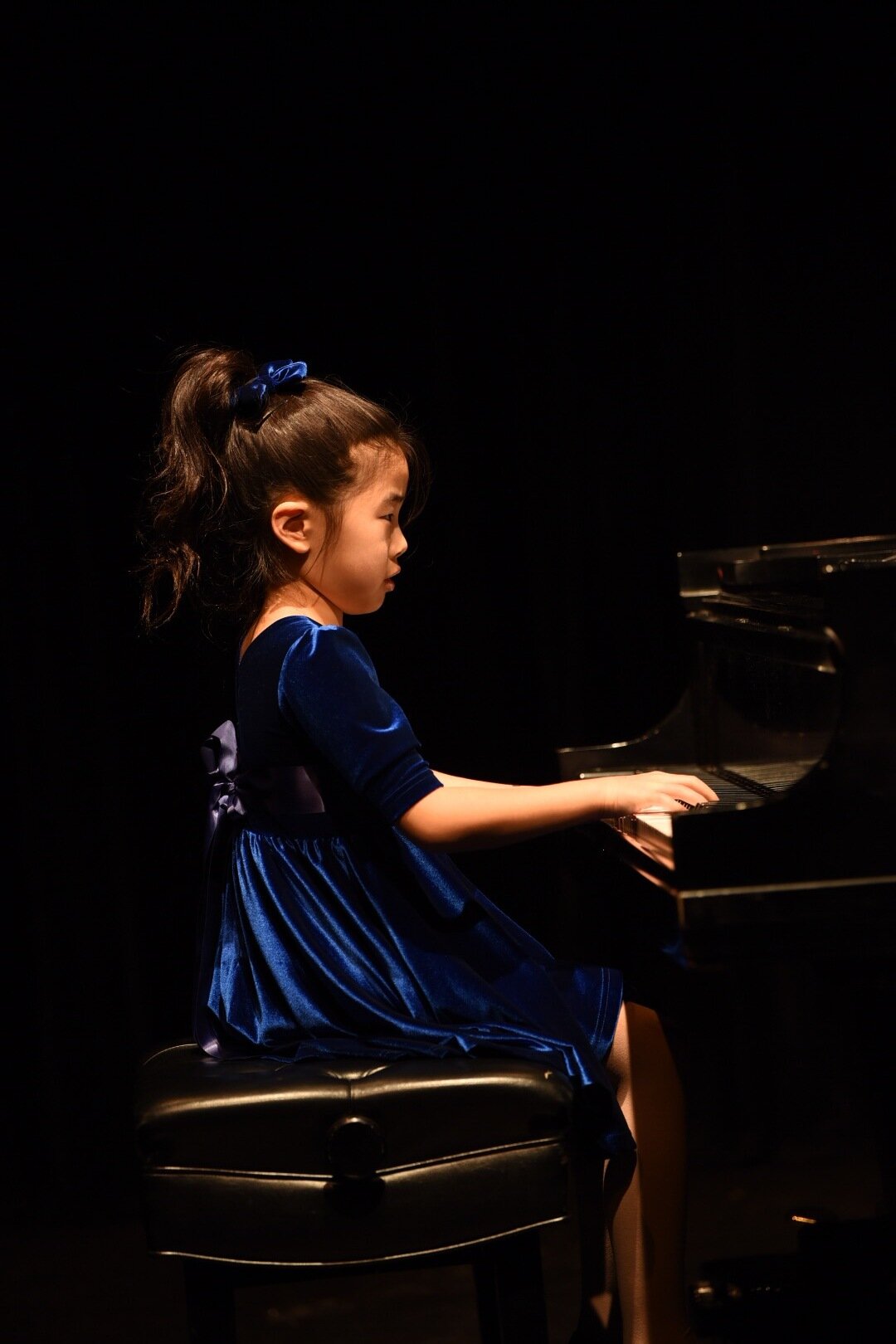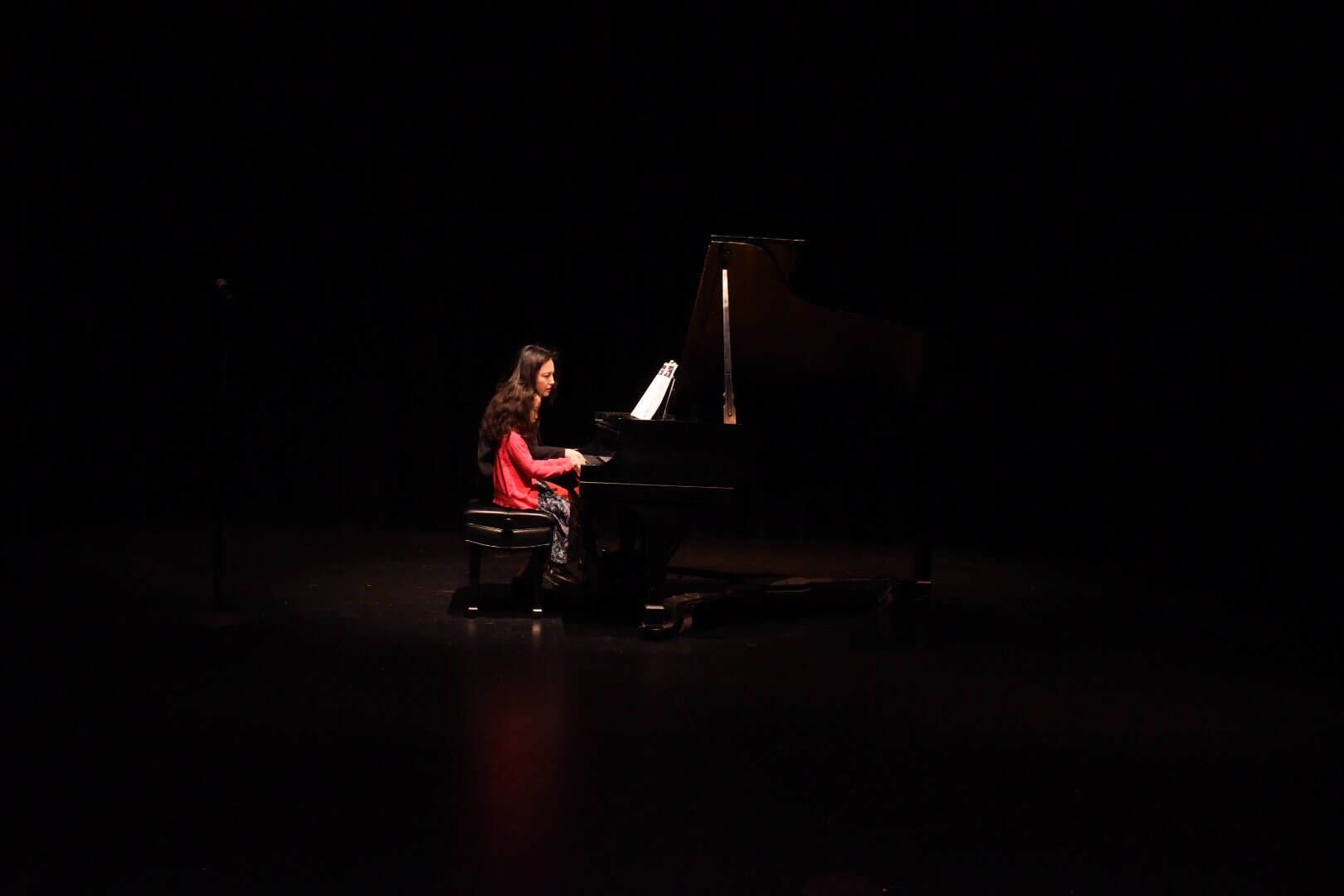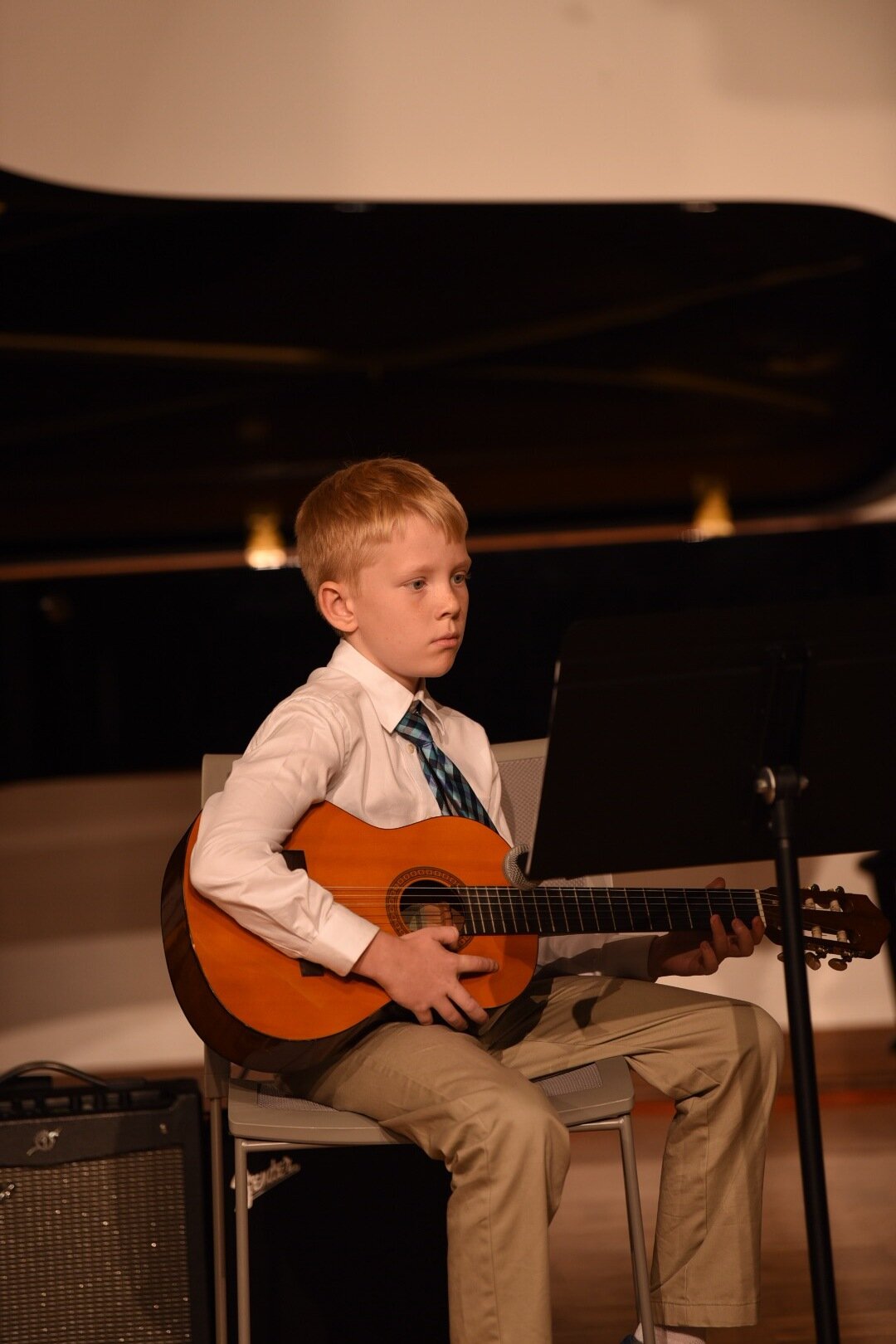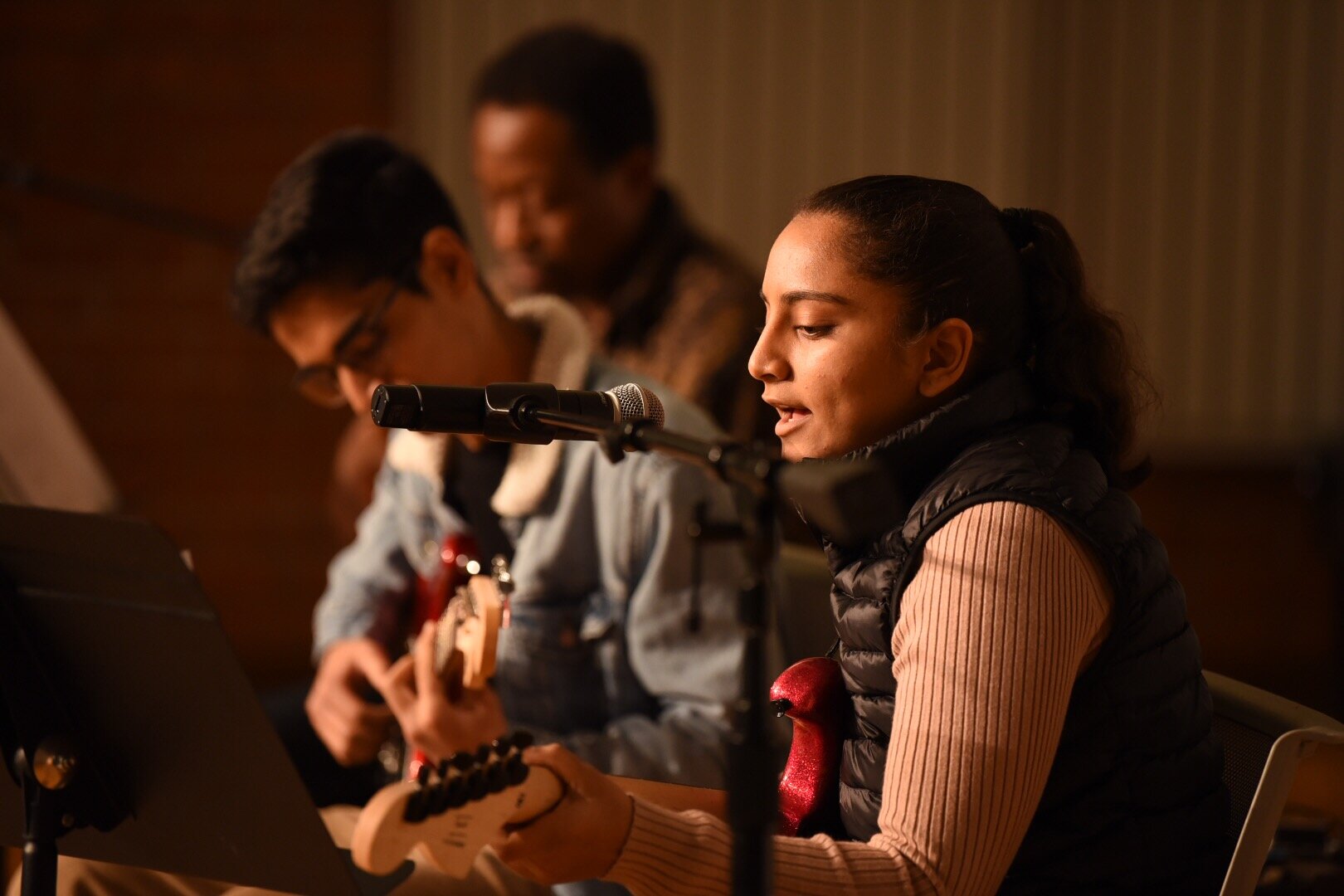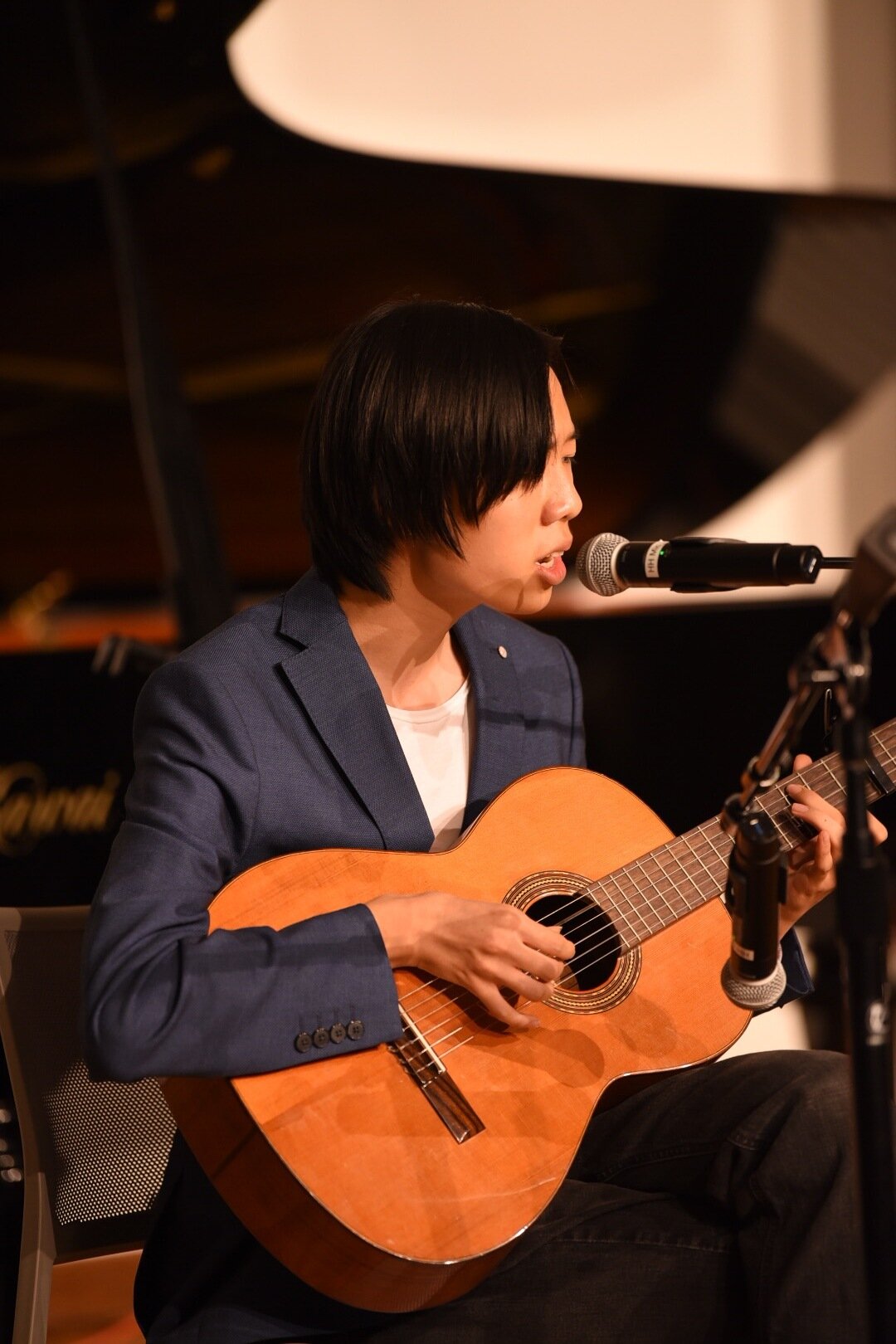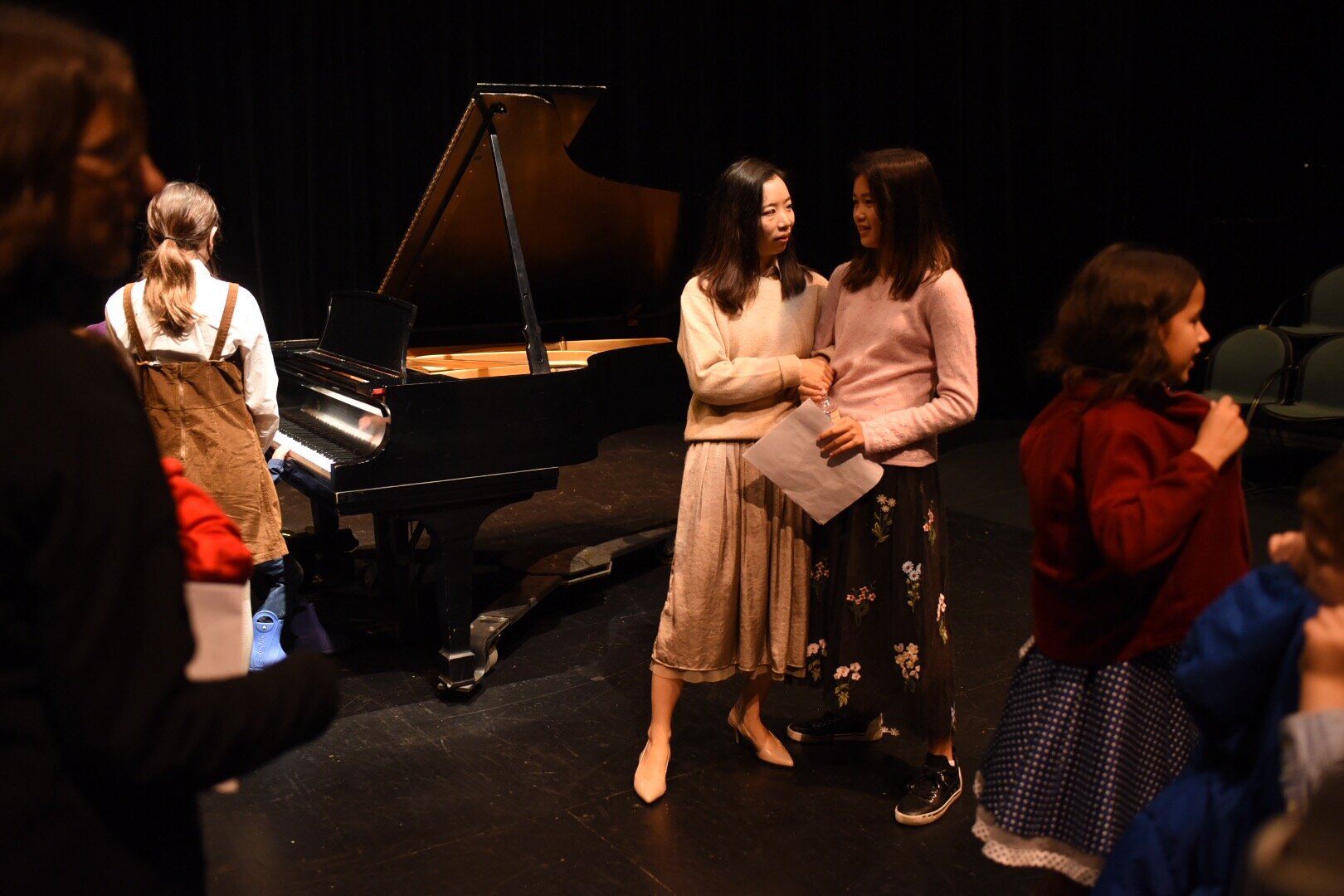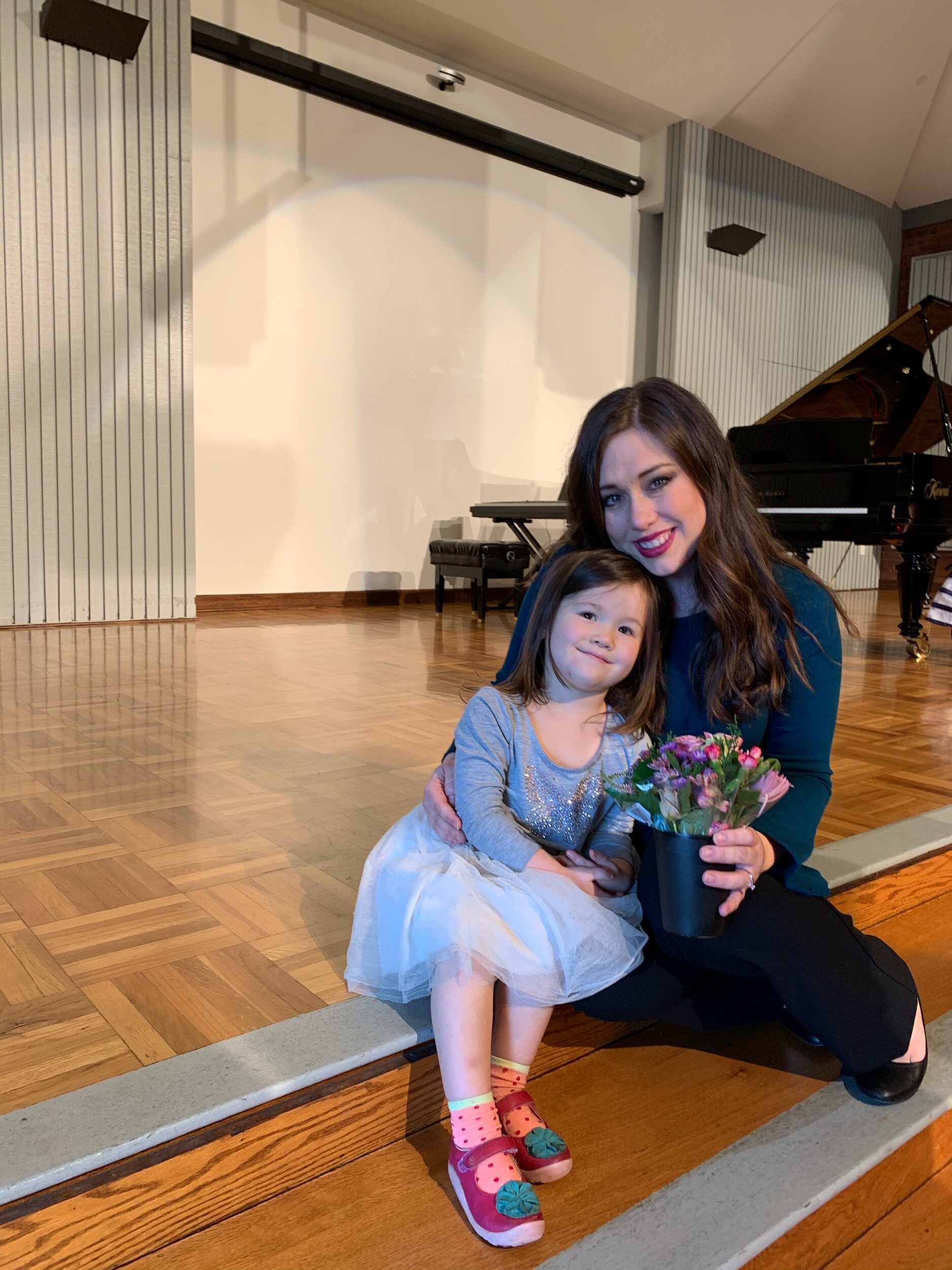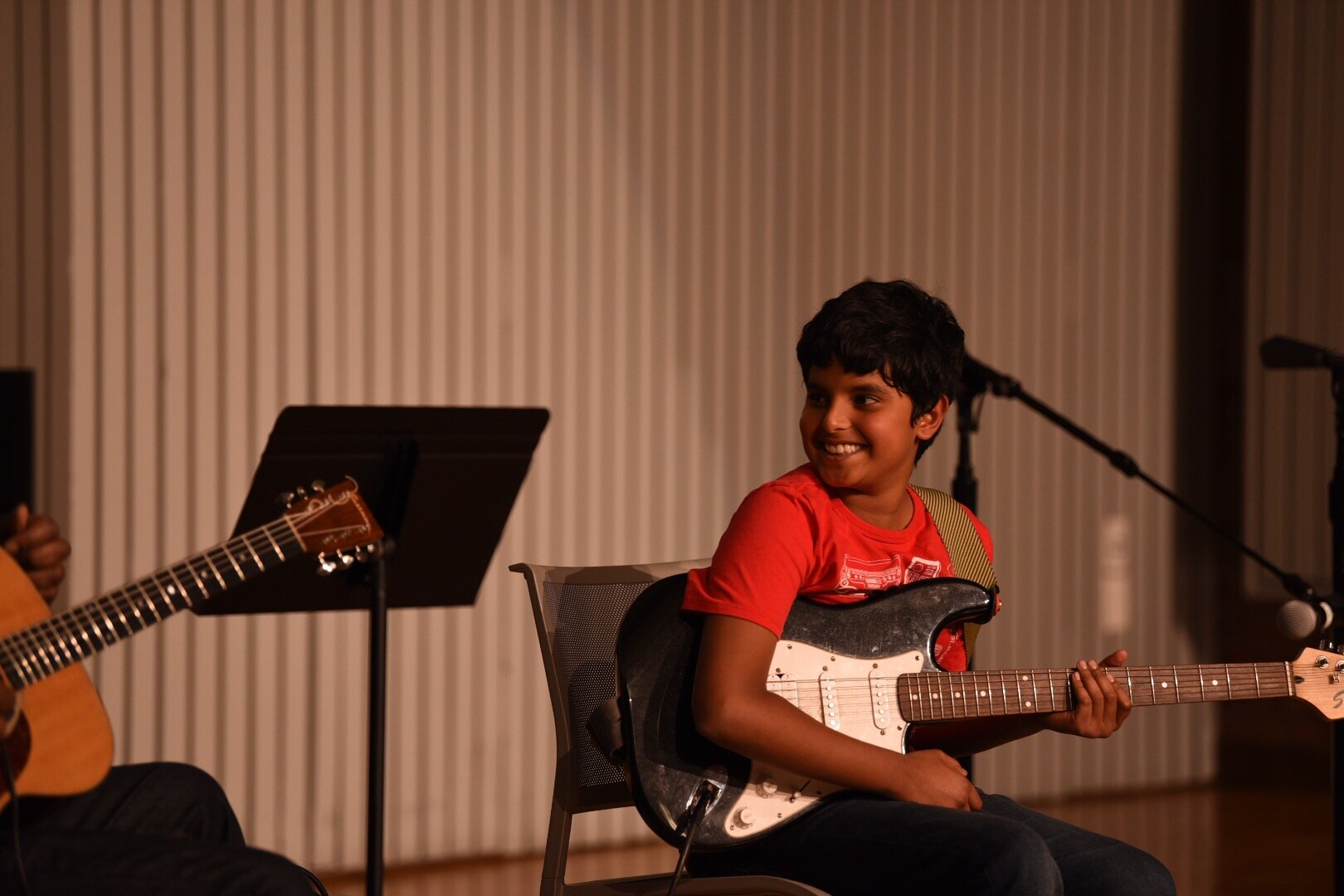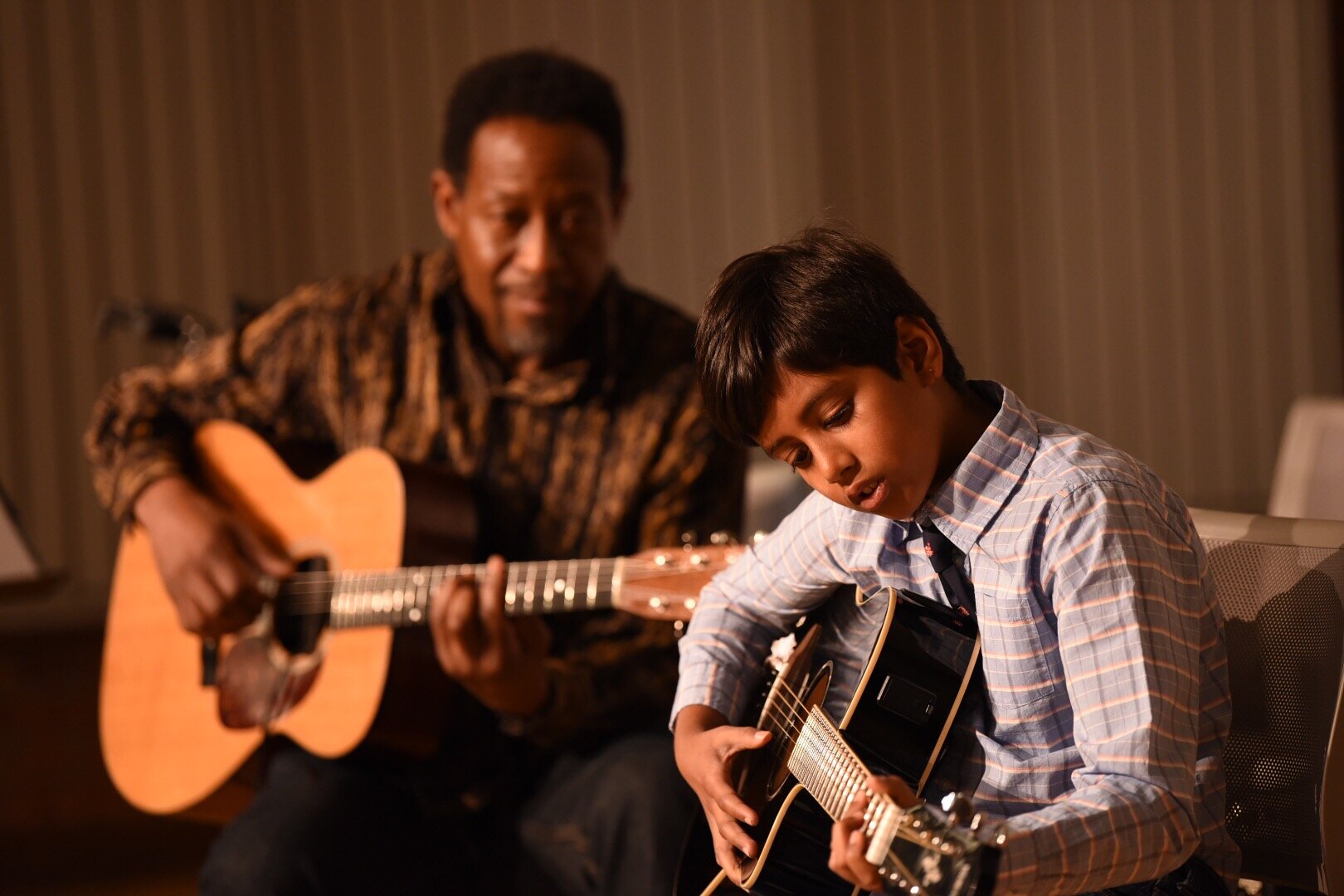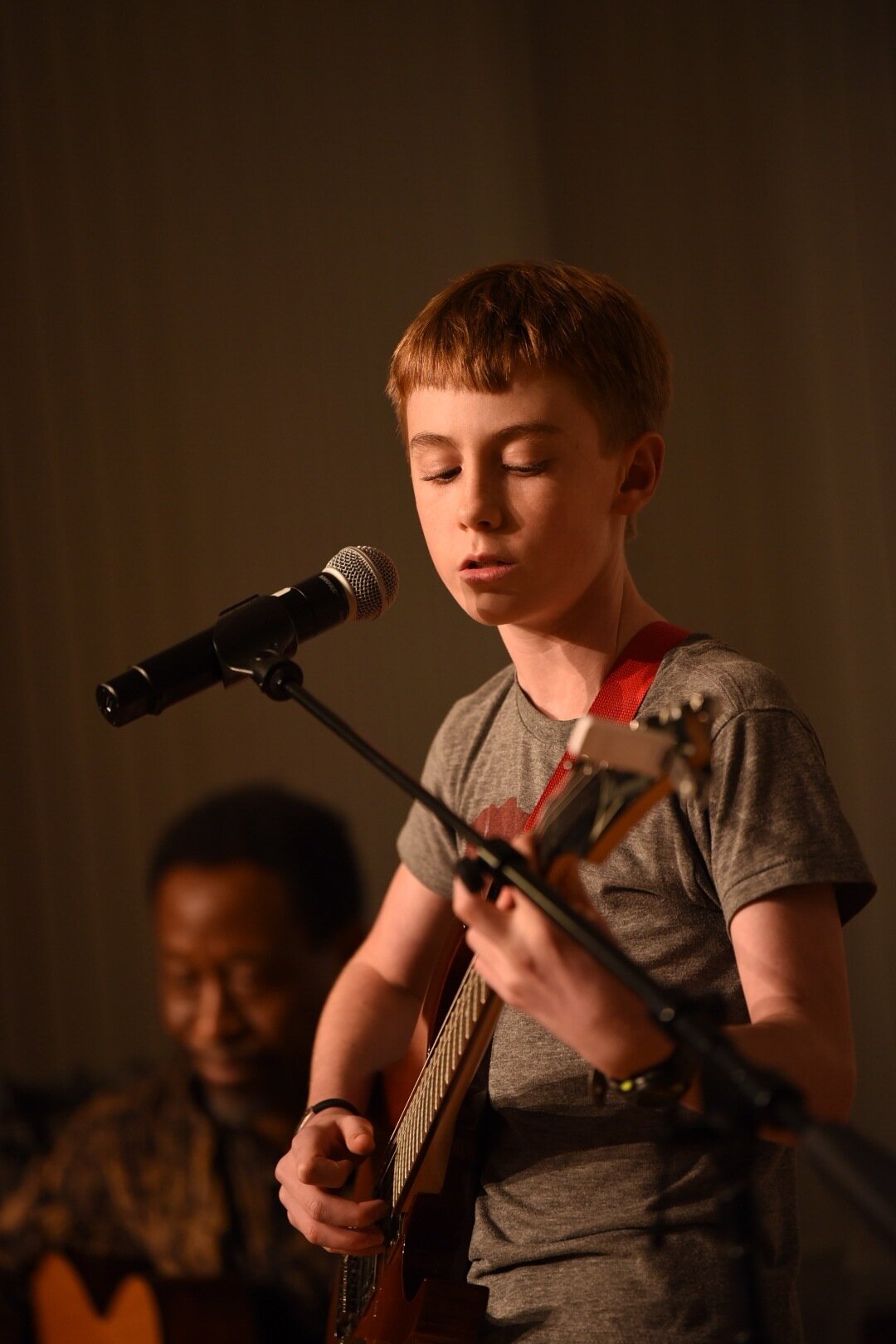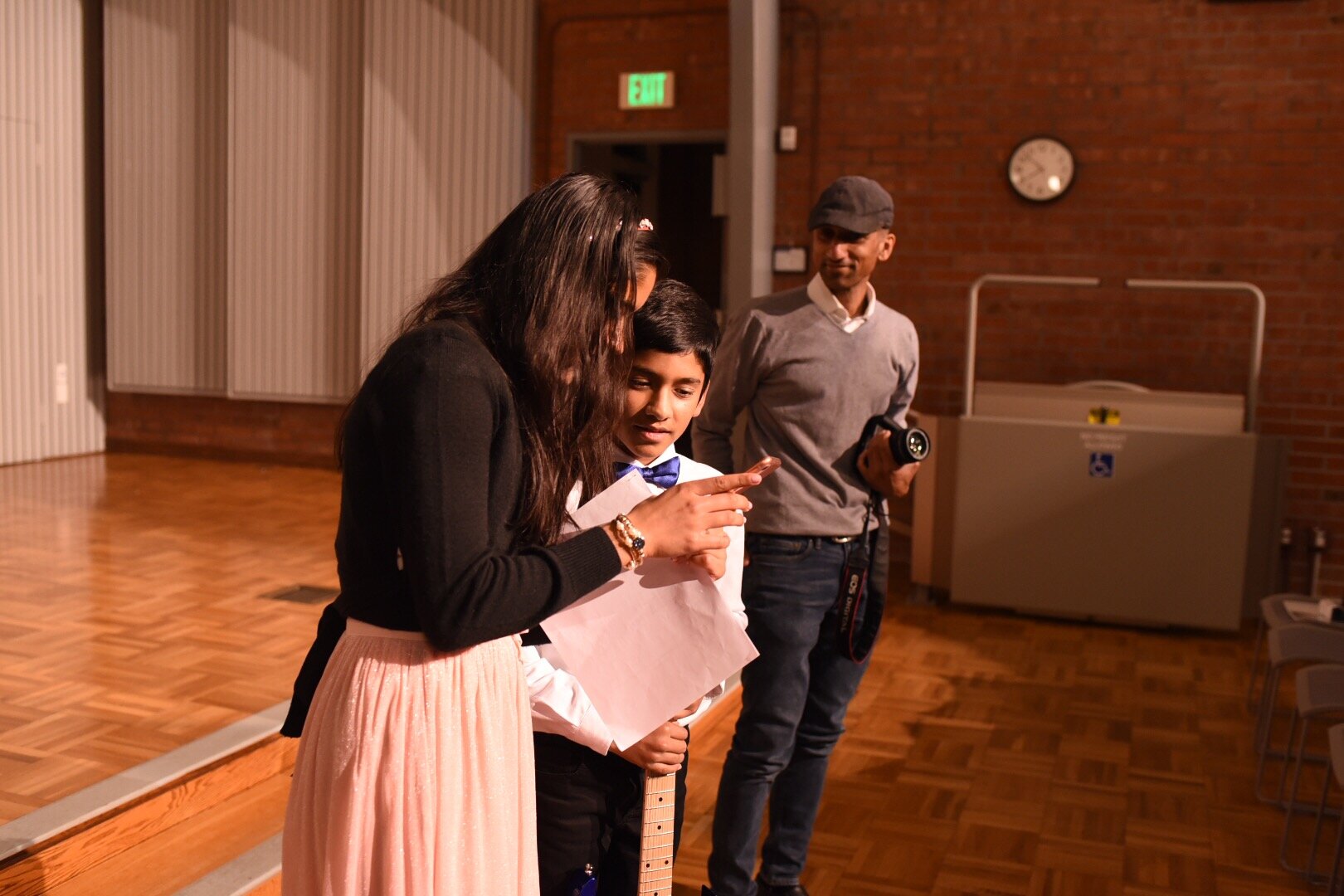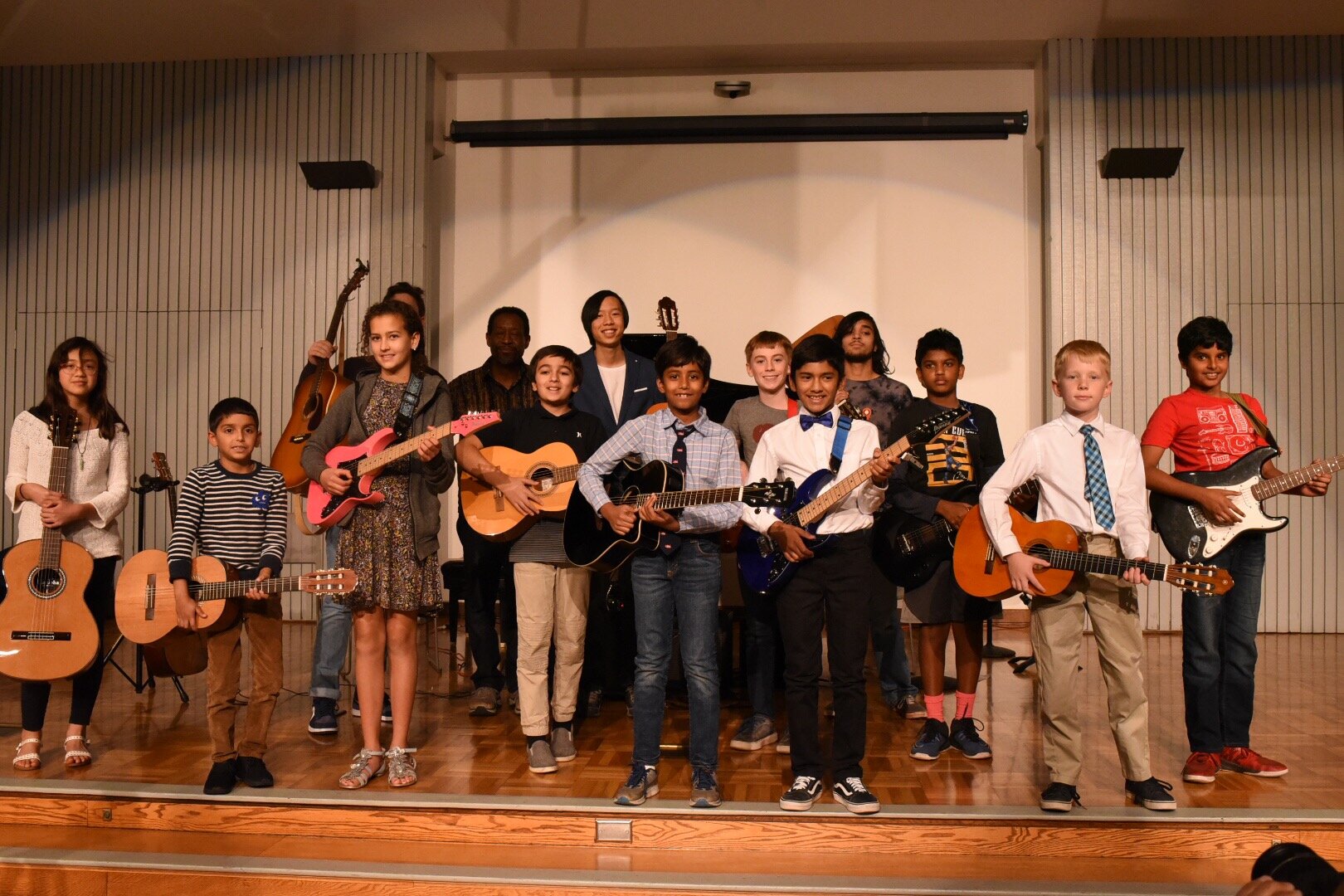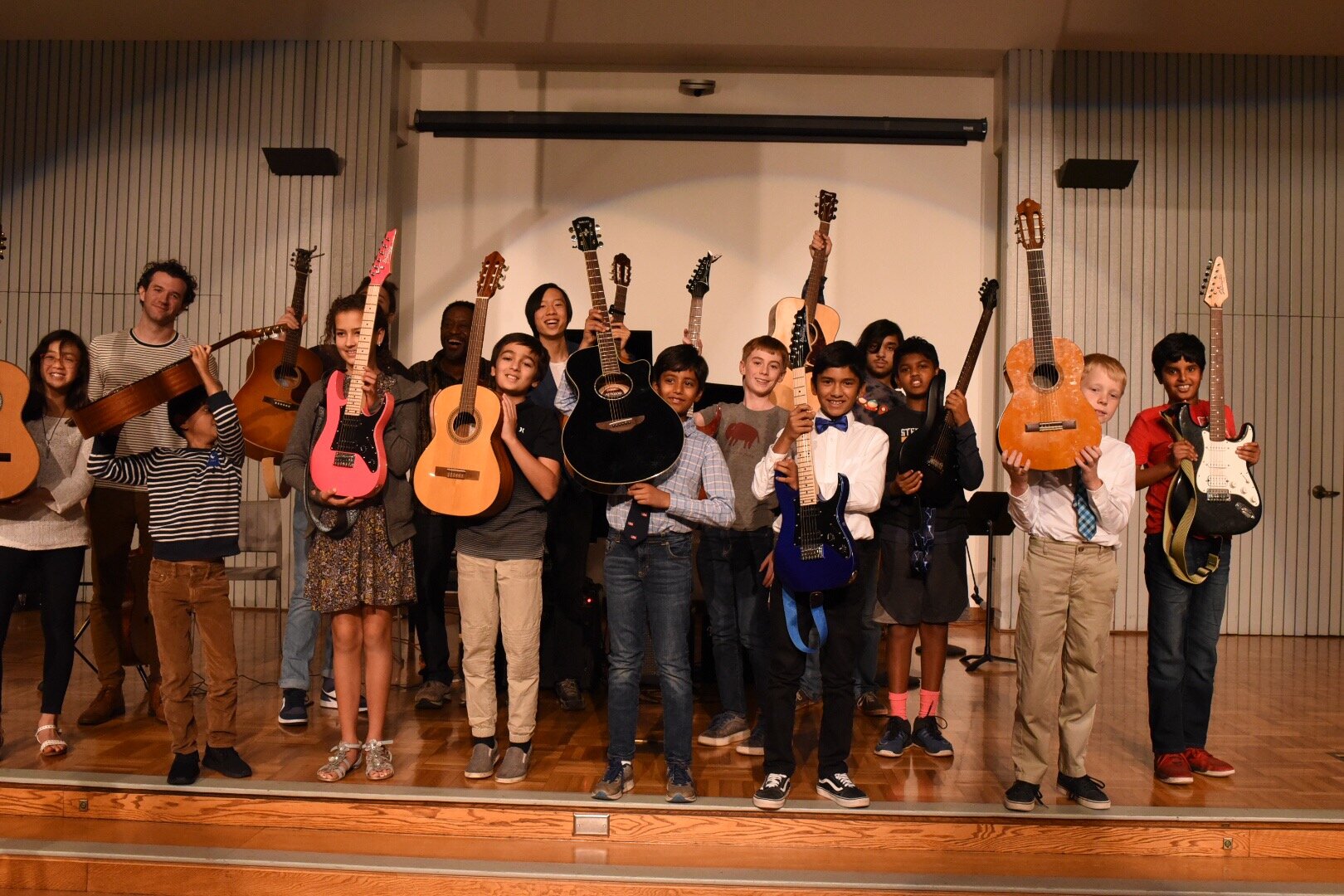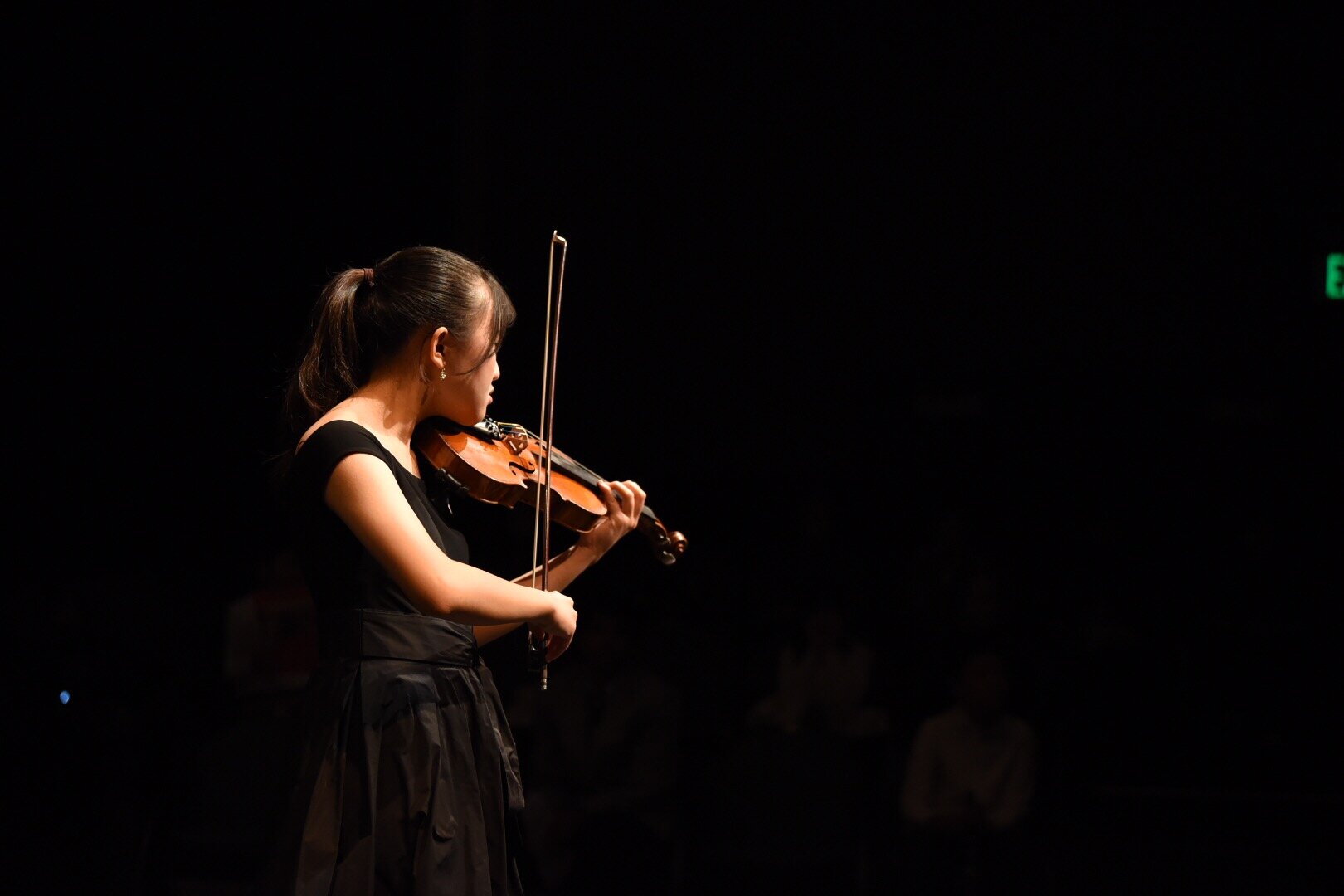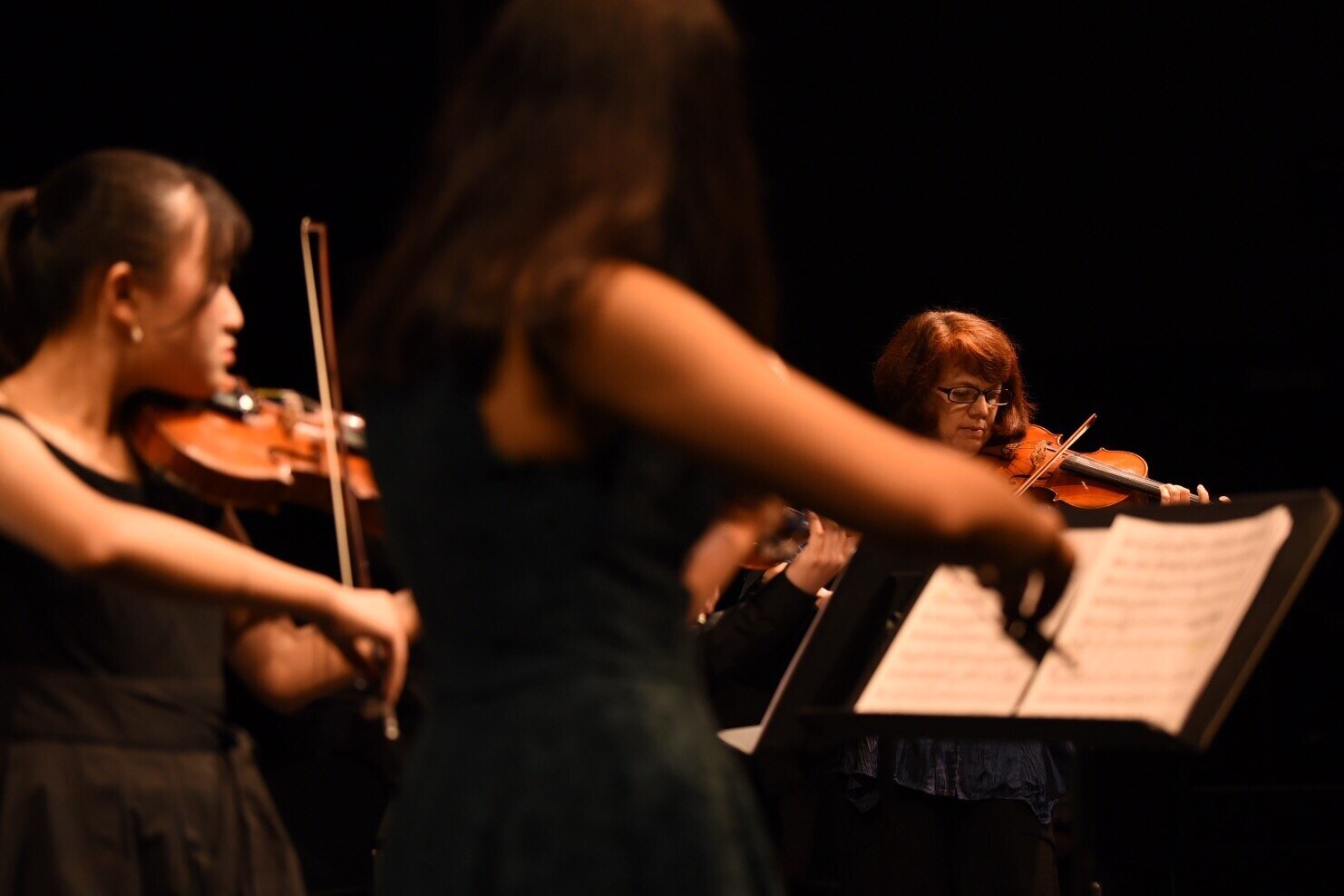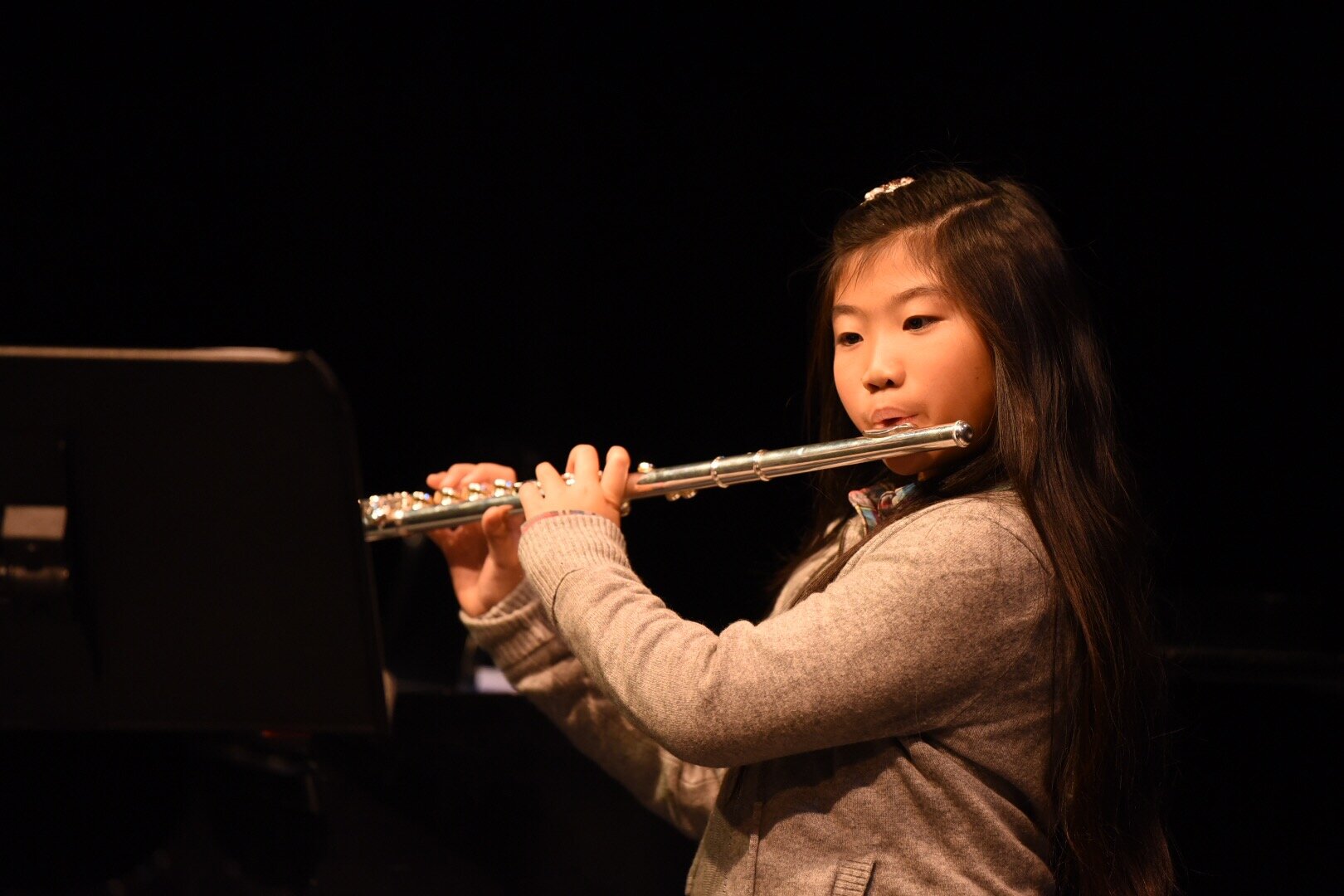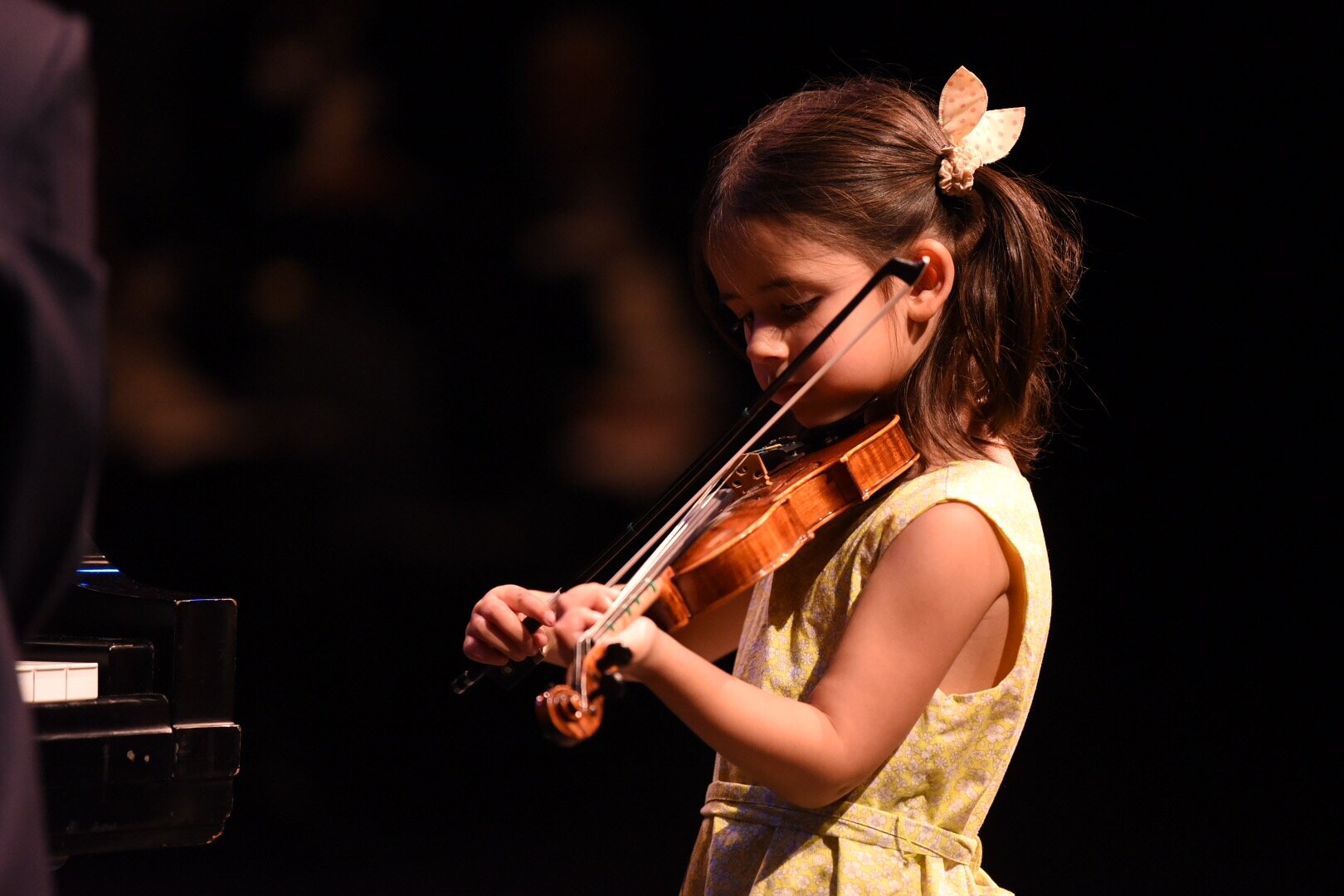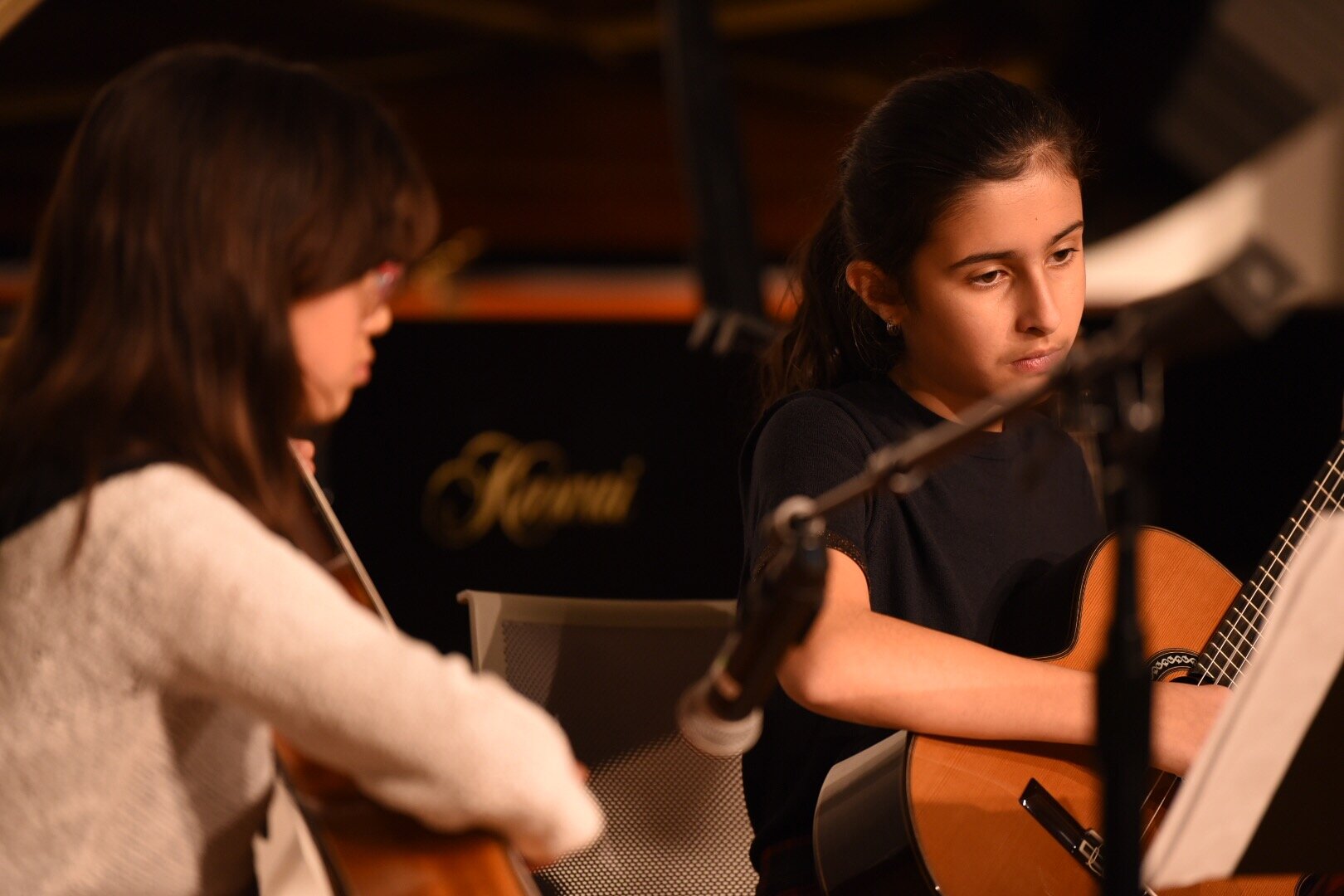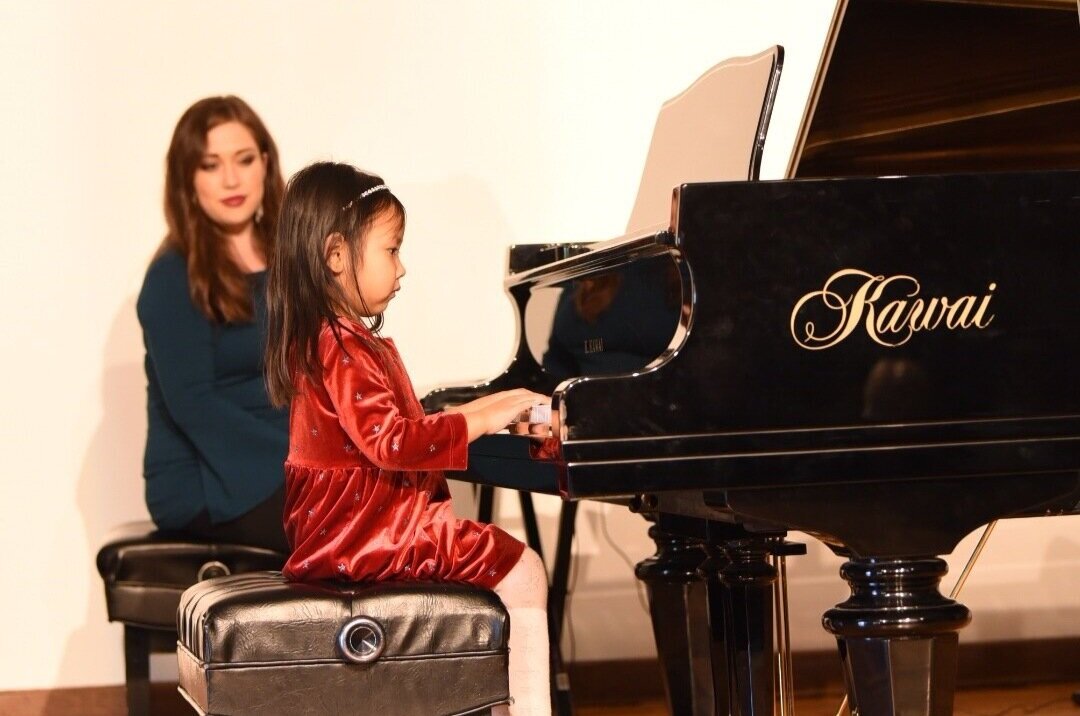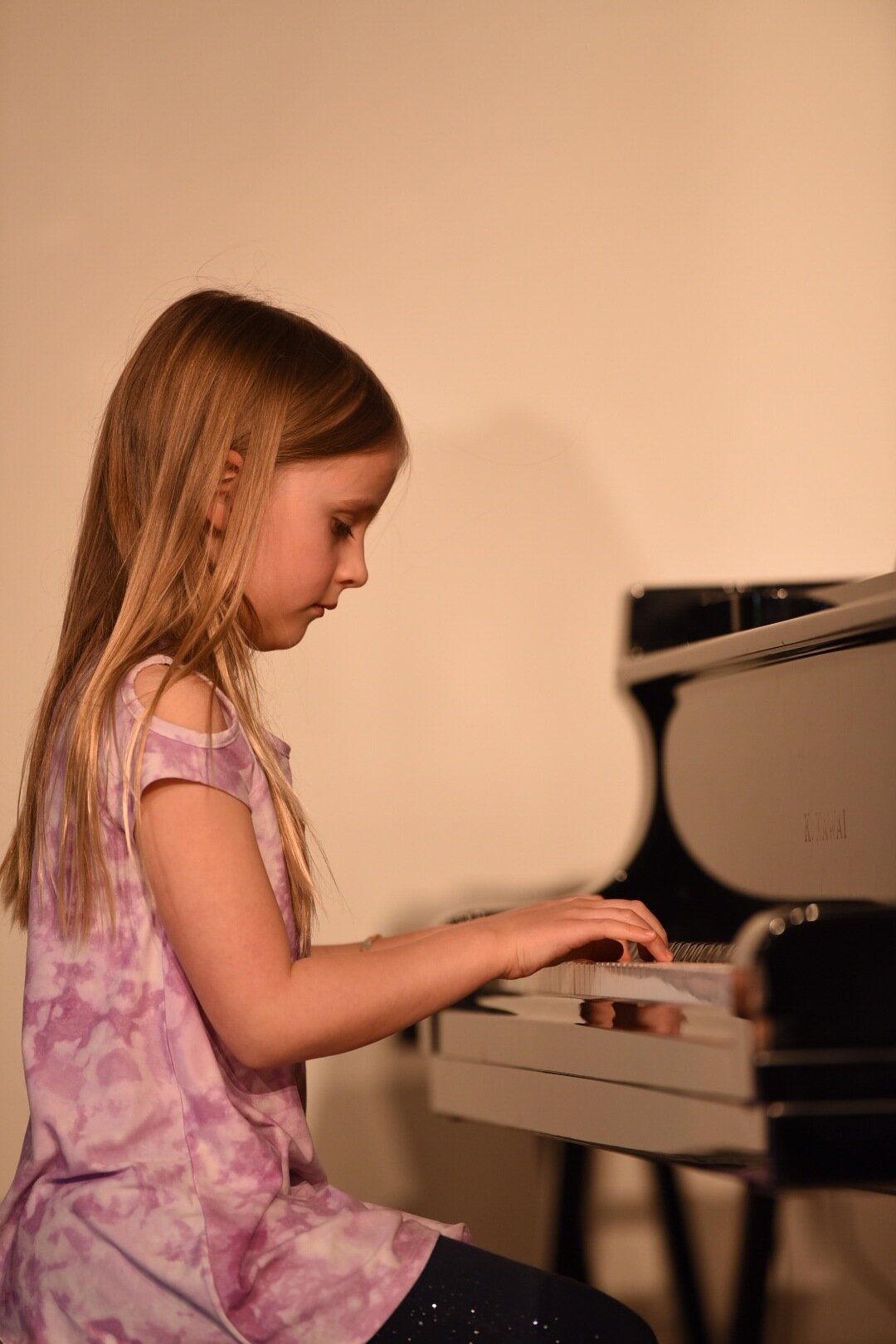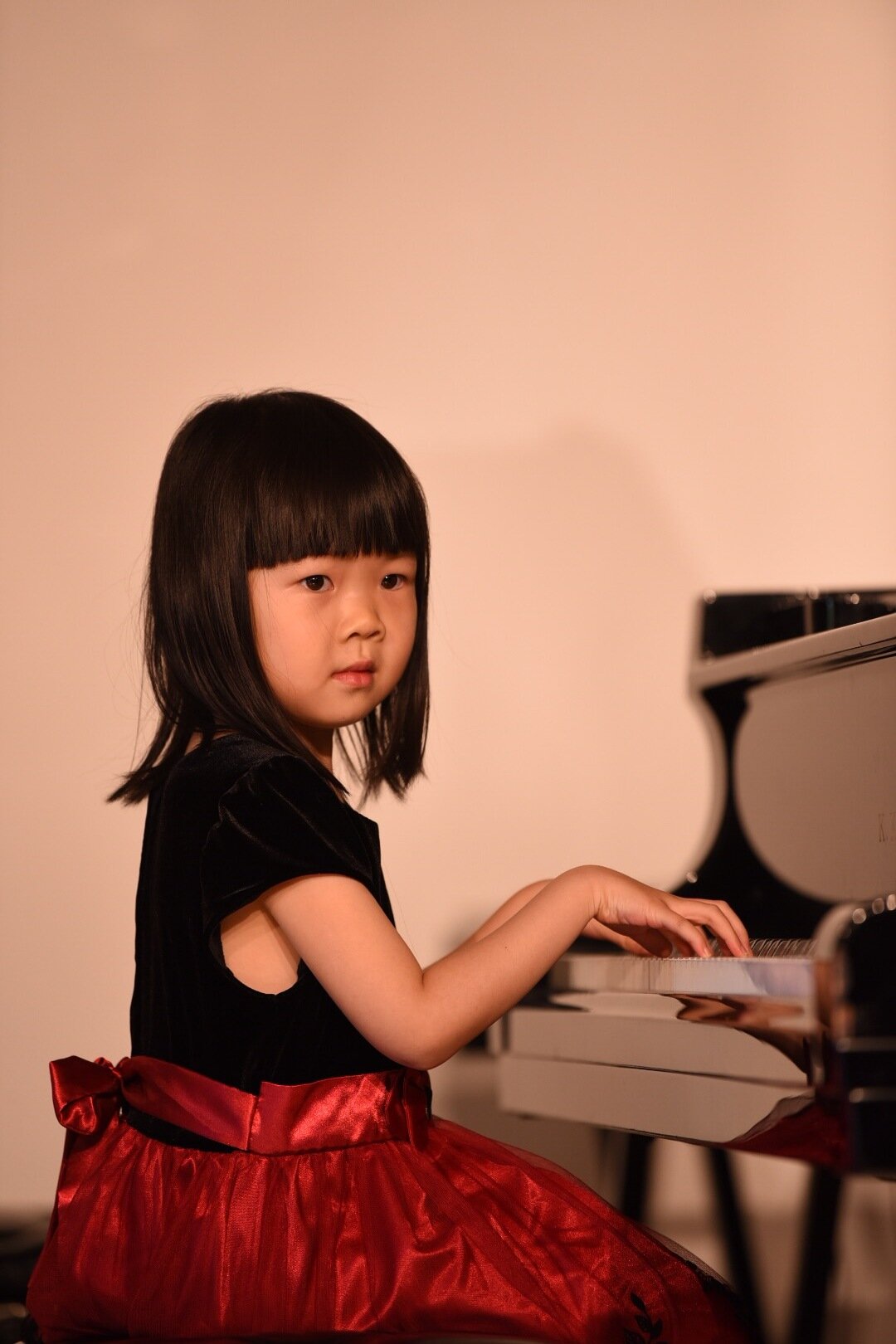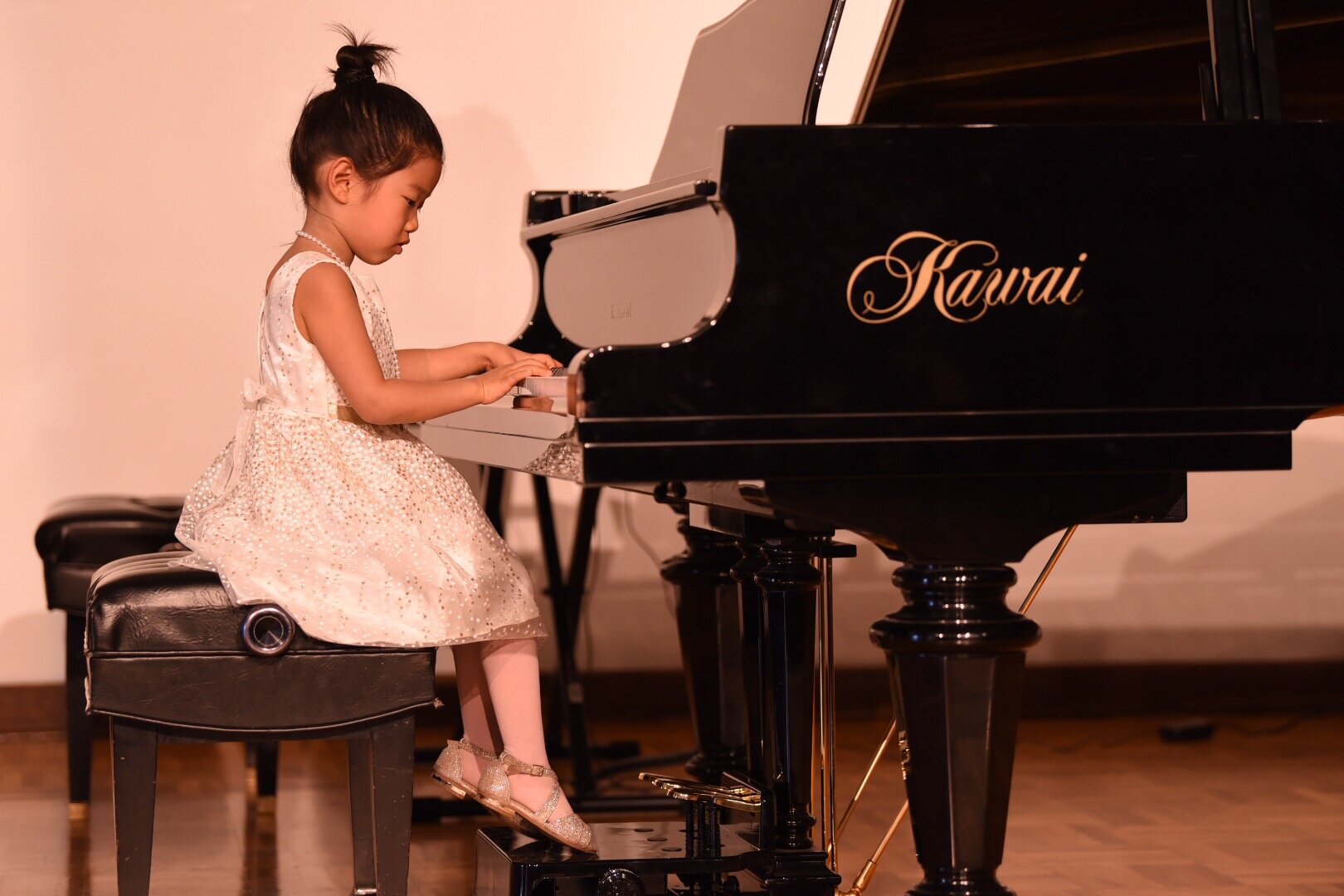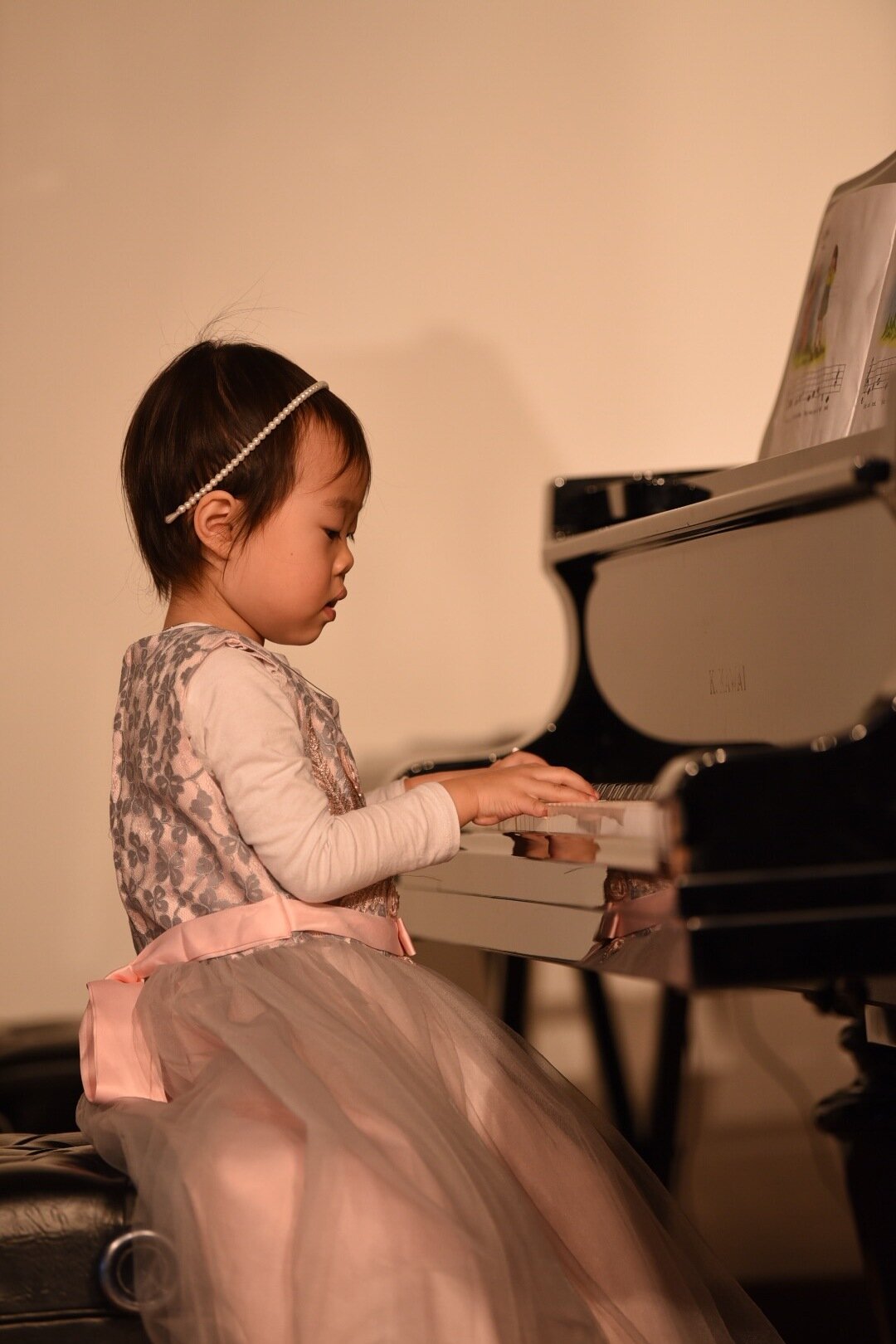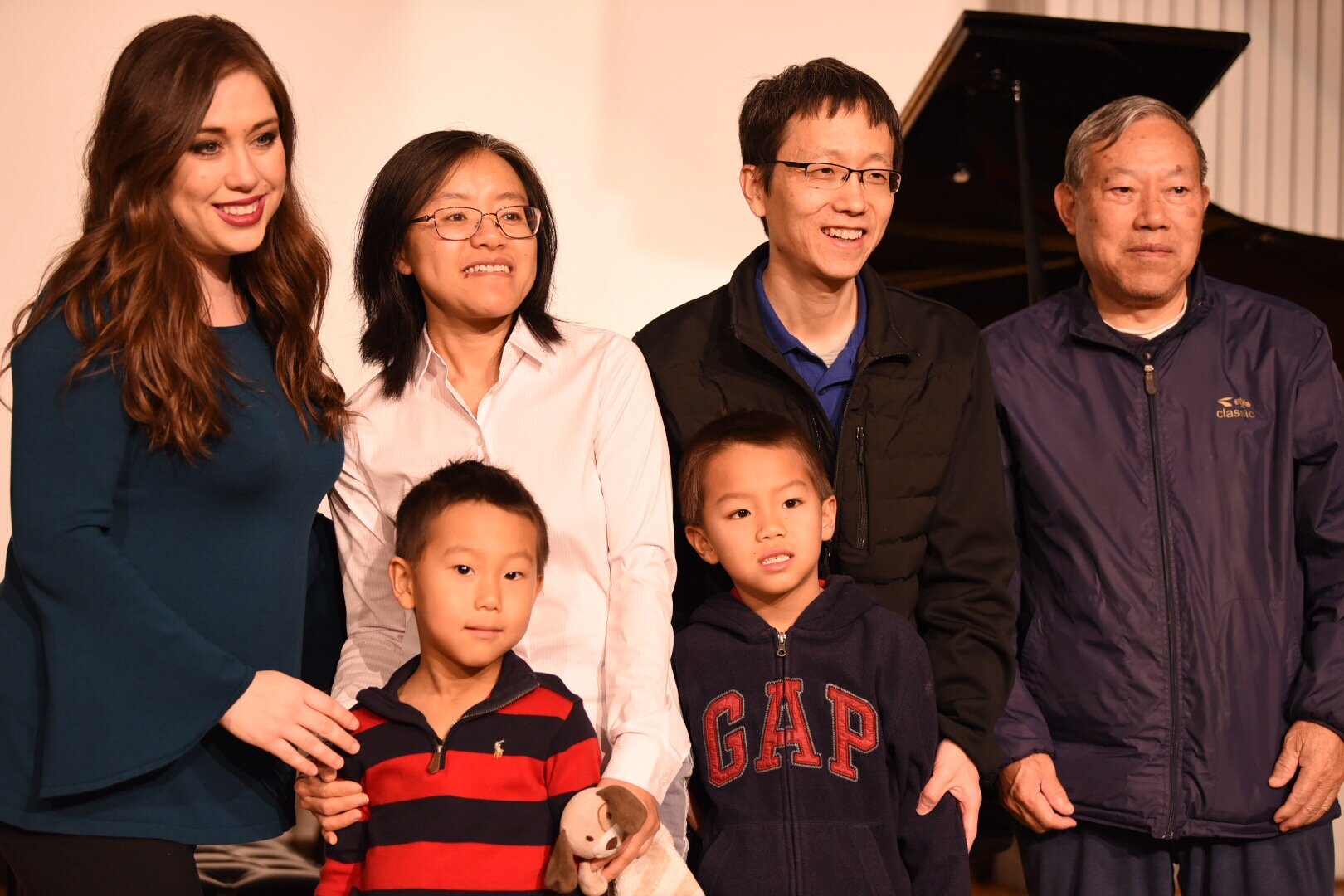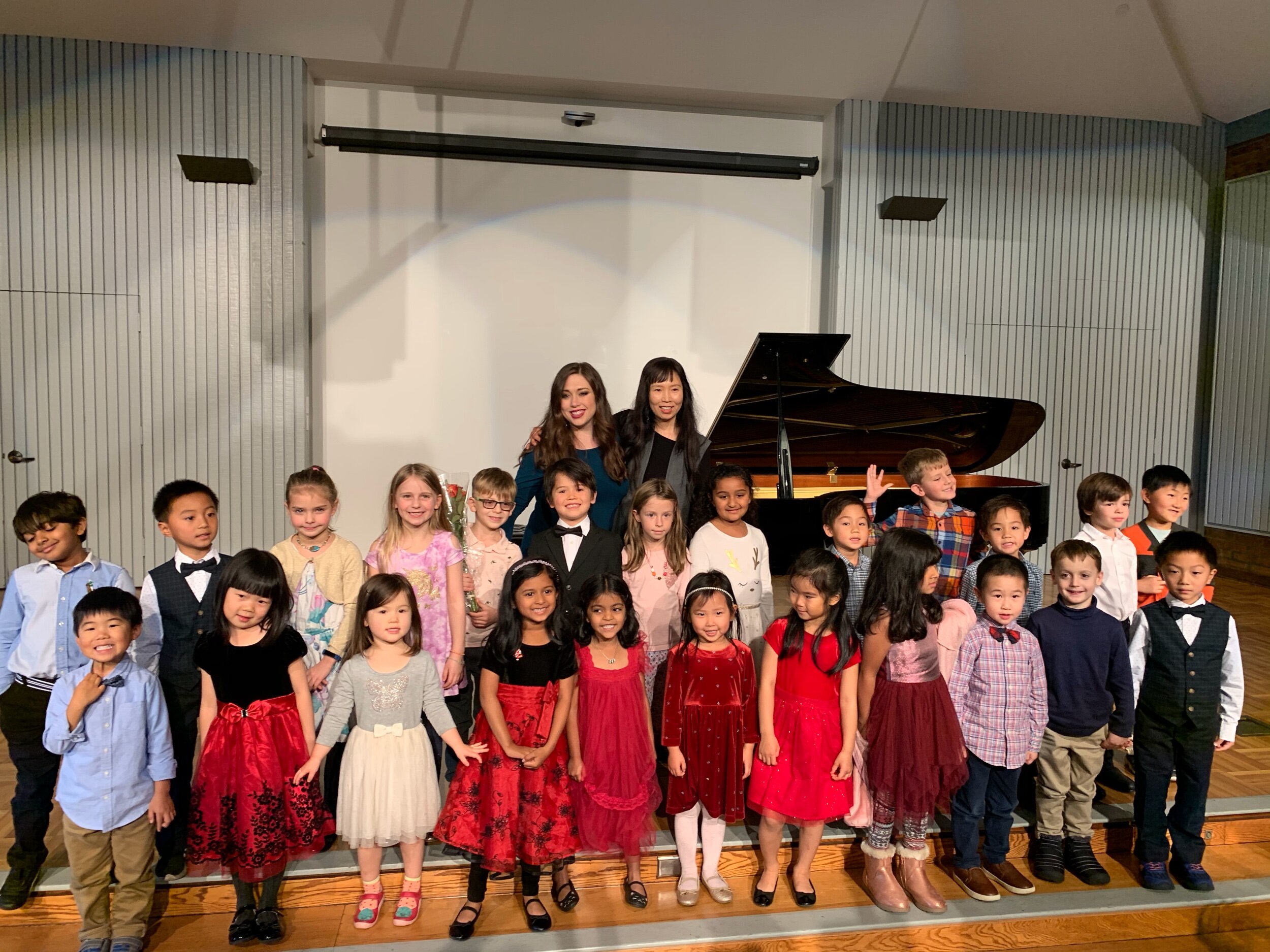1. How old were you when you started taking music lessons and which instrument did you start with? I began taking piano lessons at the age of 5. My mother was my teacher. That was followed up by flute lesson starting at age 8. I quit piano when I was in my teens, which was a big mistake! Piano is so important to every musician, and I should have continued to study both.
2. When did you start taking music seriously and who/what inspired you to become a musician and music teacher? I began taking music seriously pretty much right away. As soon as I could play just a few notes on the flute I knew that I was destined to be a flutist; I pursued that path and I never looked back. I was always encouraged by my mother, who always believed I would be a musician, and by one of my very first flute teachers, Norman Katz, with whom I studied where I grew up in Maryland. He introduced me to things like an album of Bach Flute Sonatas recorded by Jean-Pierre Rampal, what vibrato is, and the piccolo.
3. Tell us about your musical and teaching background.
Musical background: I grew up in a household in which classical, folk, bluegrass, klezmer, Gilbert and Sullivan operas, and some rock music played constantly: there was hardly ever any time at home when we didn't have music on. Because of this, I learned what lots of different genres sounded like, and especially classical orchestral music, at a young age. This served as a terrific foundation once I started studying orchestral excerpts and playing professionally. Also, in addition to piano and flute, we had other instruments lying around the house that I learned how to play, like guitar and dulcimer, and my brother, who is still an active rock drummer, had a drum set for as long as I can remember. I used to play his set when I thought he wasn't home! But I was always most drawn to the flute: I loved the lyrical qualities of the instrument and all of the colors you could hear in the flute tone, and it just felt good in my hands.
Teaching background: One of the classes that I had to take in college was flute pedagogy, as my teacher, William Montgomery, insisted on teaching his students how to be an effective teacher. I am most grateful for this, as teaching is as complex an art as playing the instrument itself. I have taught all ages and levels: students as young as 8 and as old as 60, people who are very accomplished flutists who want to hone their skills even more, complete beginners, and every level in between. There are inherent challenges and rewards to teaching at every different stage. Once I was established as a private flute teacher, I started conducting flute choirs, which have become a big part of the playing community, and I founded the Stanford Flute Ensemble. I've also been on the faculty of Northern California Flute Camp for the last 25 years, where we teach master classes, chamber music, and electives and seminars on flute related topics in addition to solo performance. All of this makes for a very rich and rewarding career.
4. What do you hope to achieve in teaching students? My biggest goal is to leave each student with something useful, both in the concert hall and in their lives in general. I know from my own experience that my teachers were extremely influential in forming both the musician and the person I am today, and it is with this example that I strive to help produce a new generation of happy, well-balanced, fit-in-every-way musicians. If I can channel even a small portion of the wisdom bestowed upon me by the great teachers and conductors I have worked with, such as Frances Blaisdell, Jeanne Baxtresser, Kent Nagano, and Frederick Fennell, then I'm doing my job. What we do in lessons, practice rooms and rehearsals maps on to so much else in our lives.
5. What do you love most about teaching? I'd have to say what I love most about teaching is witnessing students grow into mature musicians who are passionate about playing the instrument. It's also a great learning experience for me too---the return is great from every successful lesson in many different ways. I also love the challenge of having to "target teach": figuring out how to explain the same concept in different ways to different people. It forces me to dig deep and utilize the very best of my music and communication skills.
6. Do you have a practice tip you want to share with our students? Your time in the practice room can be one of three things: productive time with fruitful results; wasted time; or (even worse than wasted time); time spent instilling bad habits. How you approach your practicing will determine which category it will fall under. Outcome #1---productive practice---depends on the following: a) that you are practicing difficult technical passages slowly, way under tempo, and accurately with metronome repeatedly; and b) that you are not ripping through fast passages before they are ready to be played at a fast tempo. This is the death nell of any hard technical passage. We learn by repetition, both good and bad habits, and whatever we put into our memory is what will come back on stage. Remember this adage: Practice Makes PERMANENT.
7. What do you enjoy doing when you’re not teaching, practicing, or performing? I have a lot of hobbies! I love to cook, run, hike, read, walk my dog, travel, play rummikube, and spend time with family.
